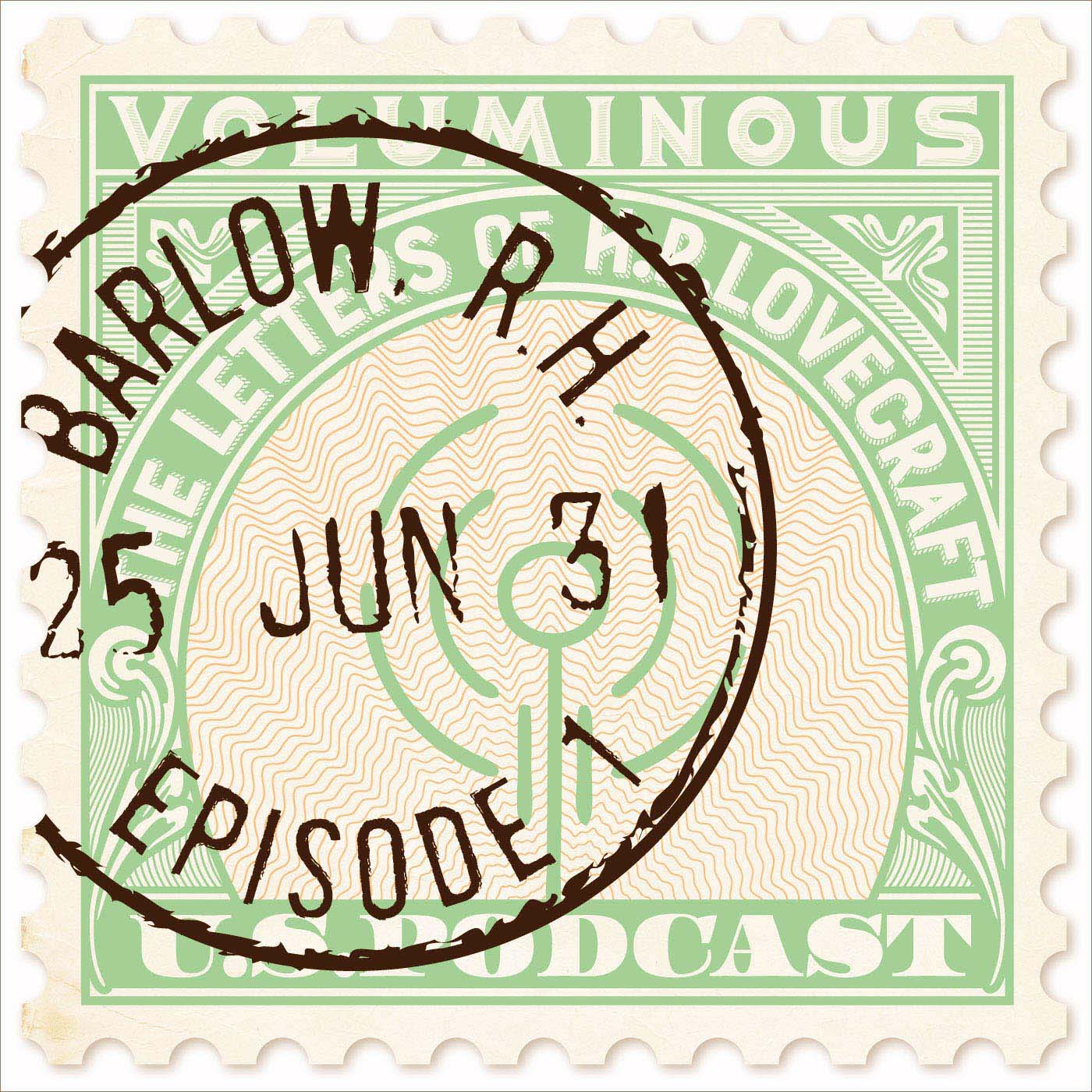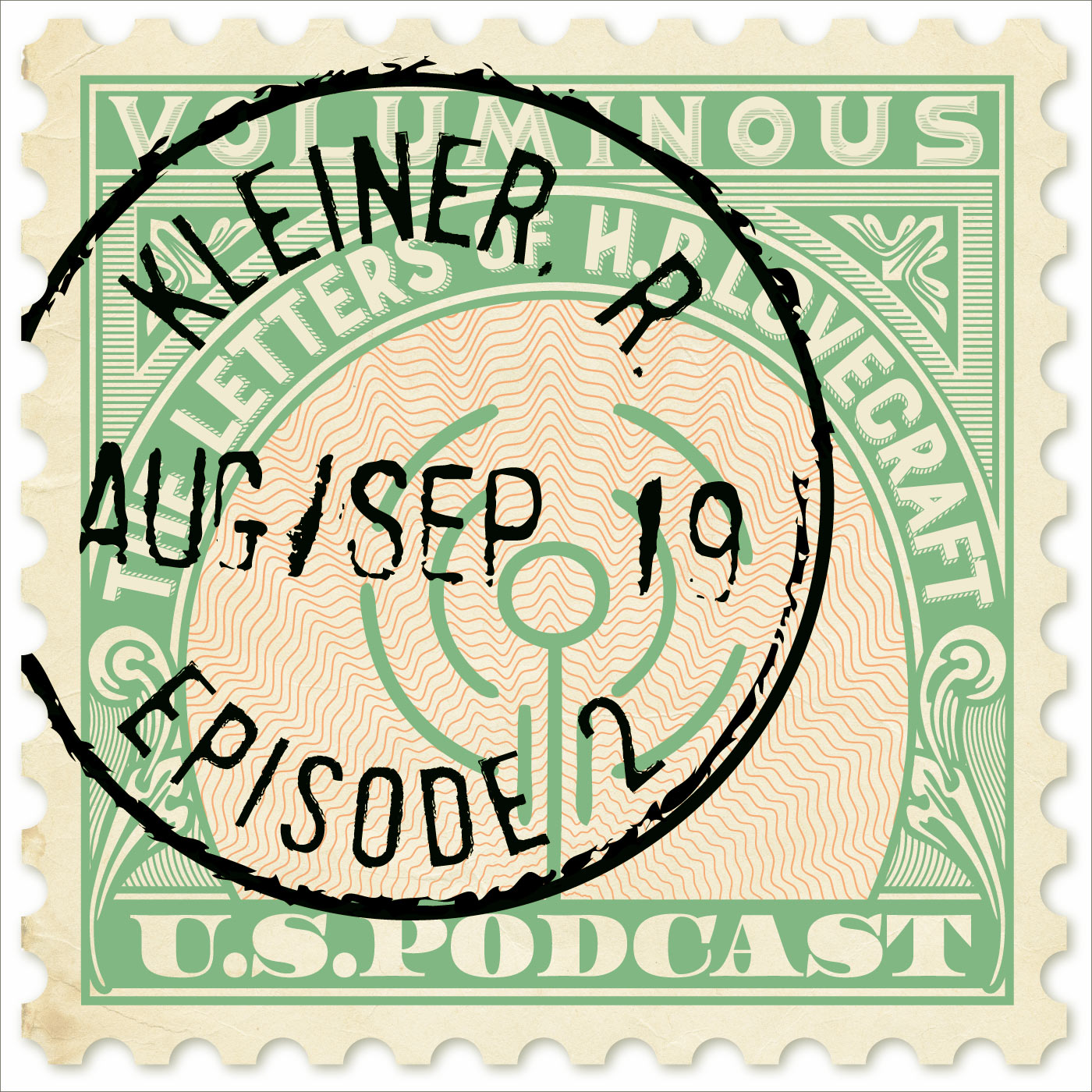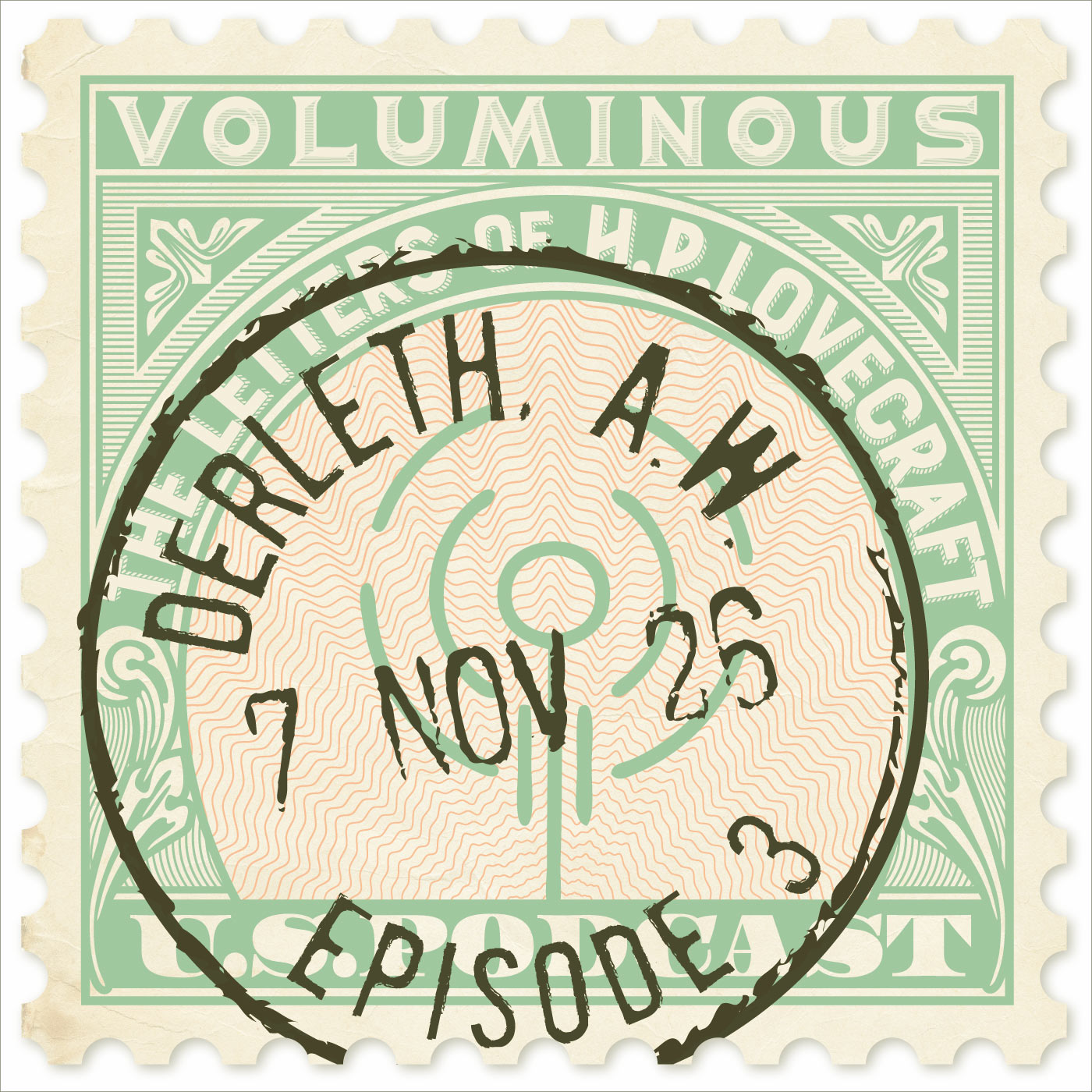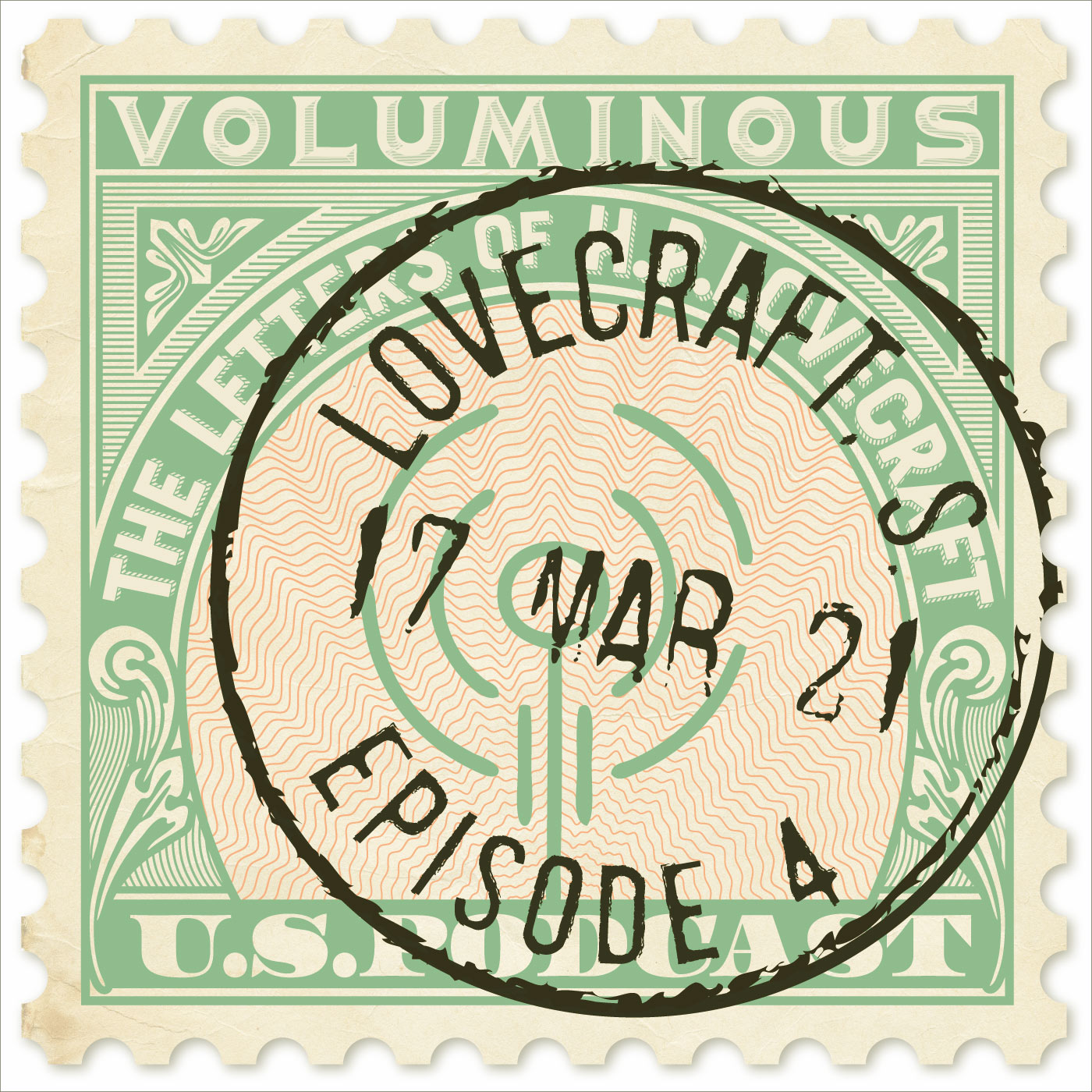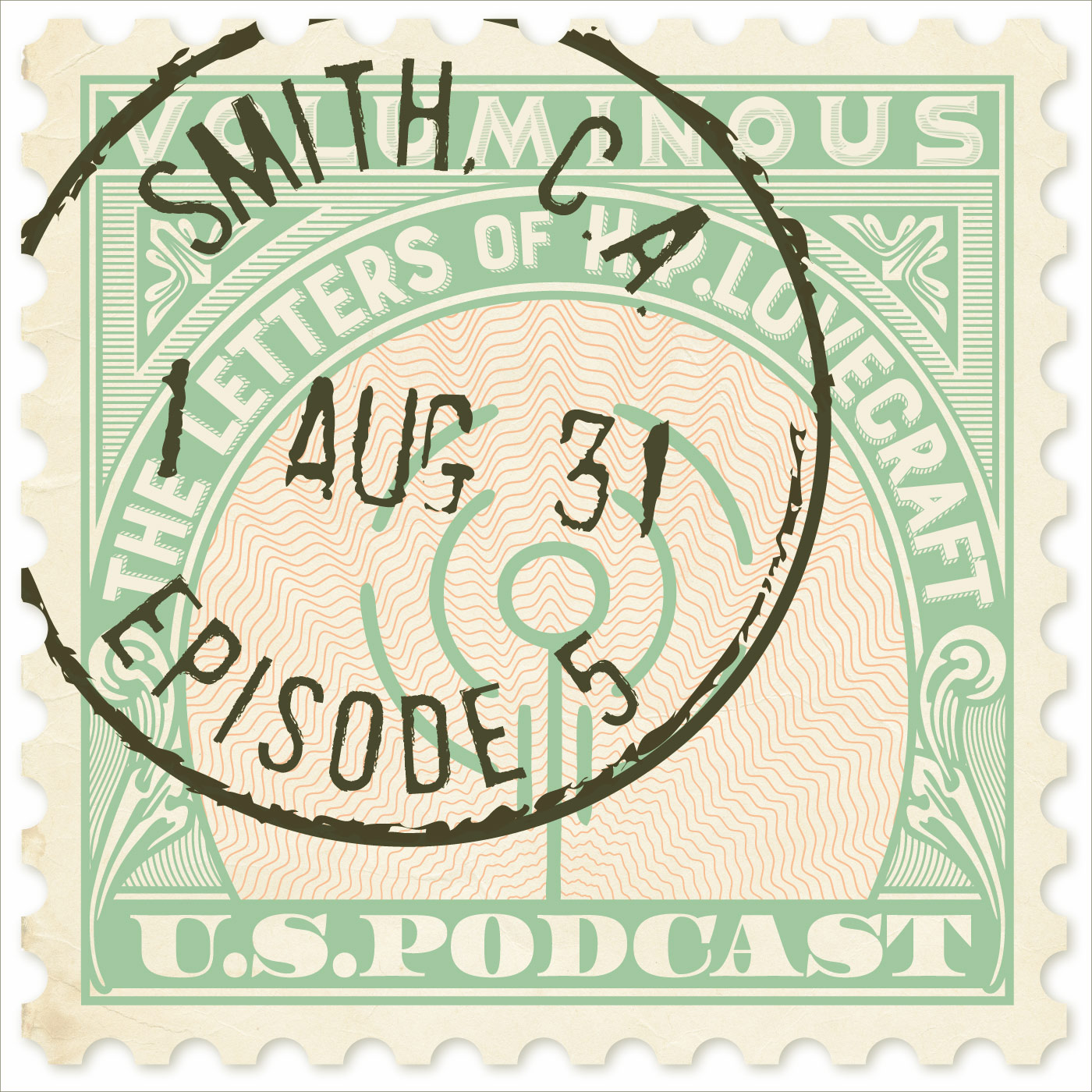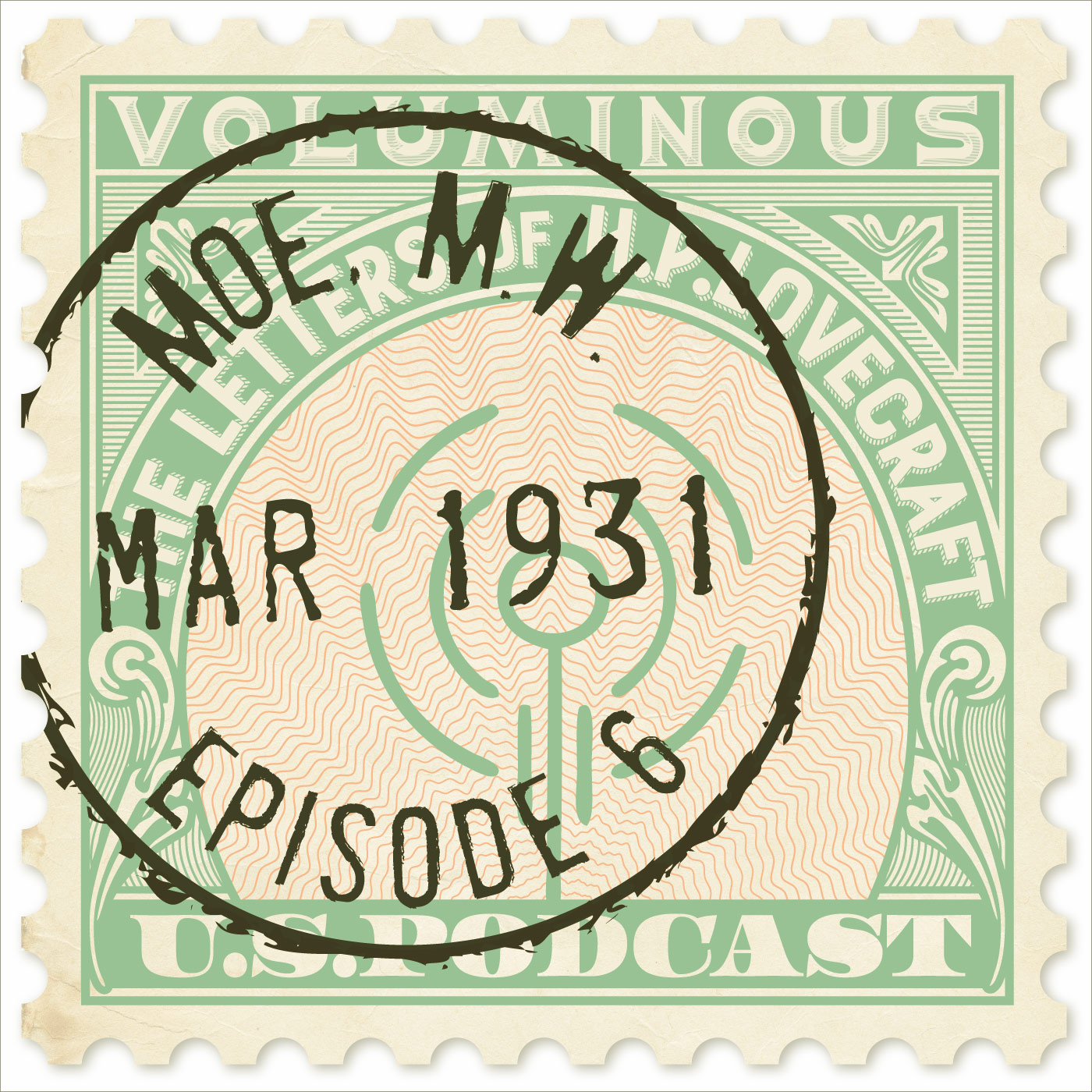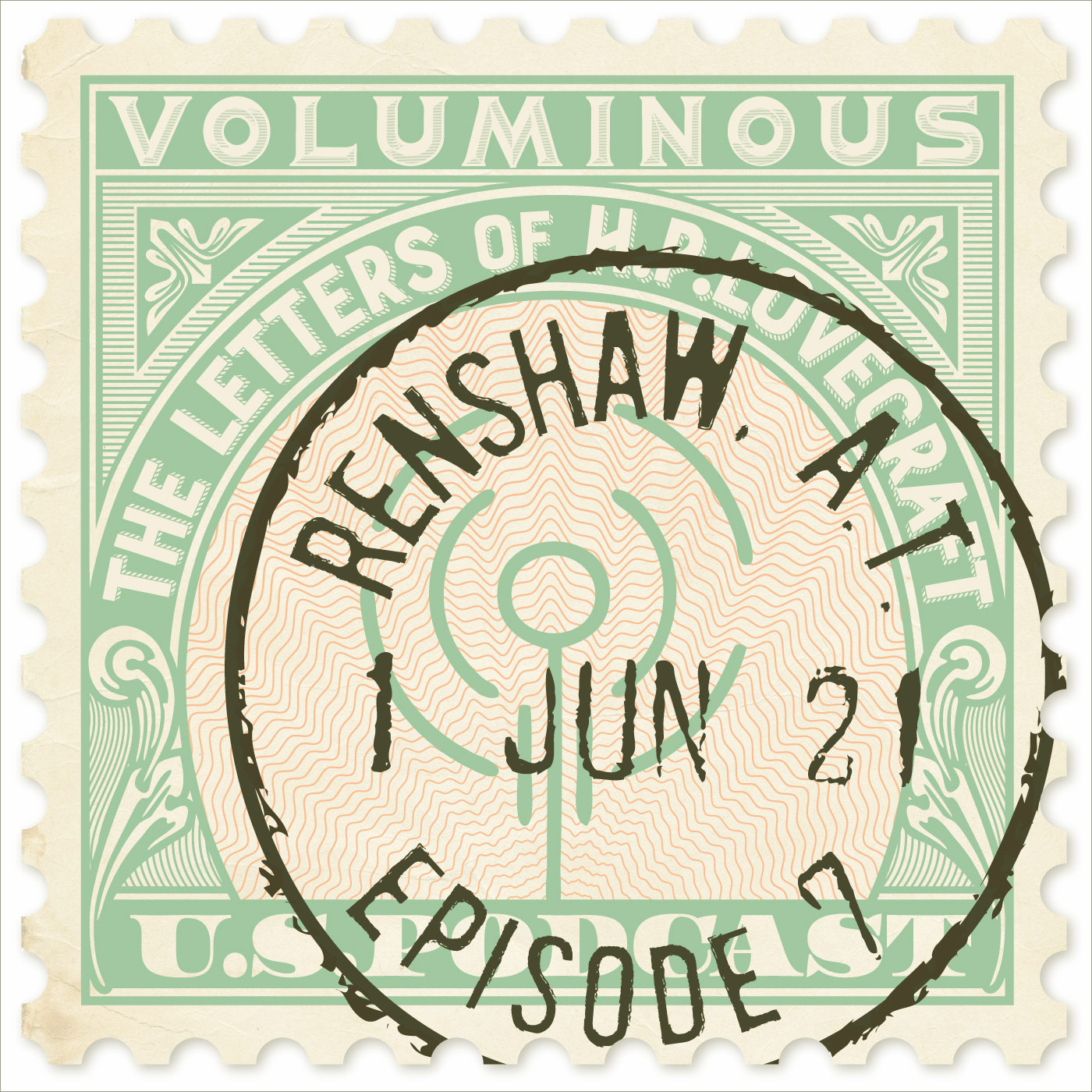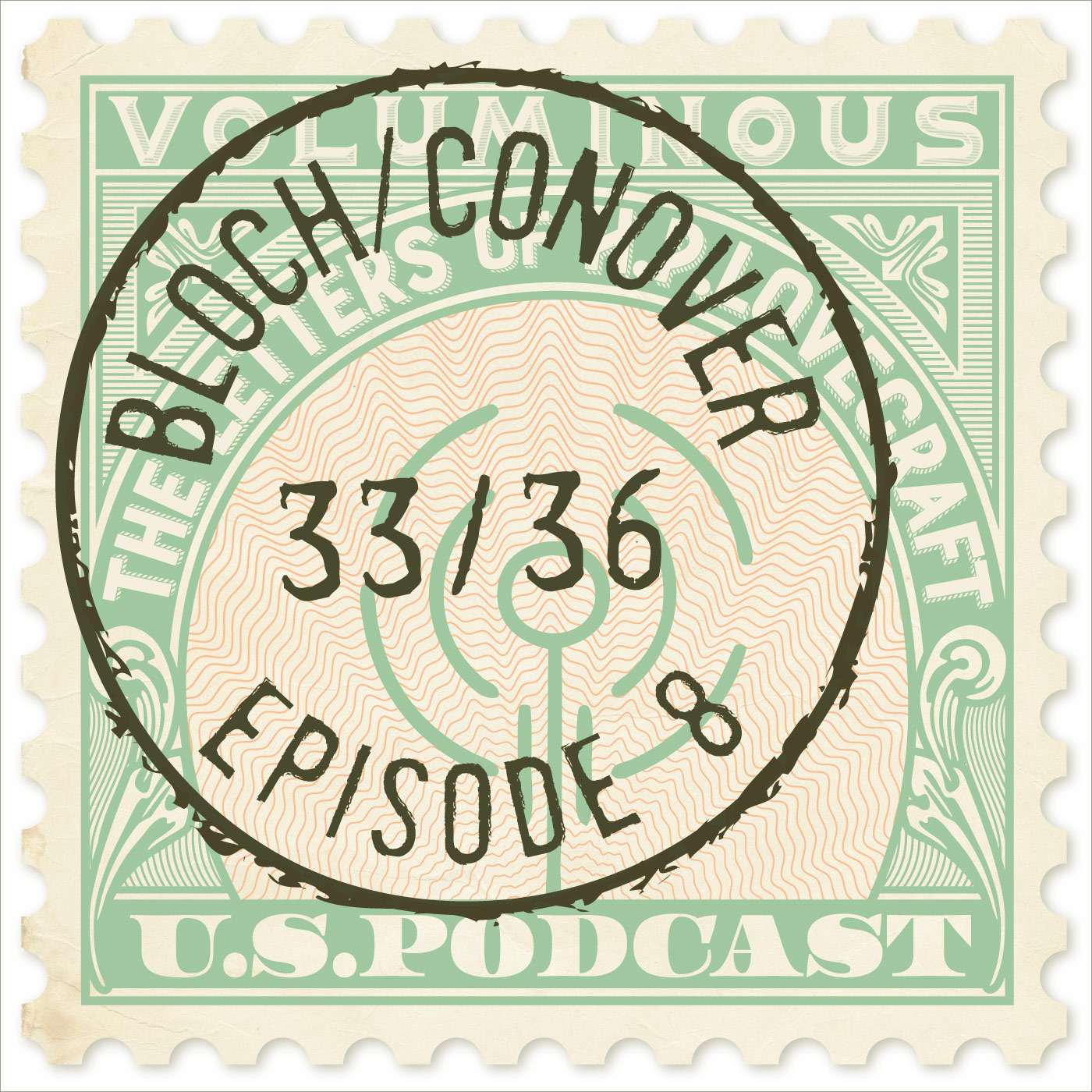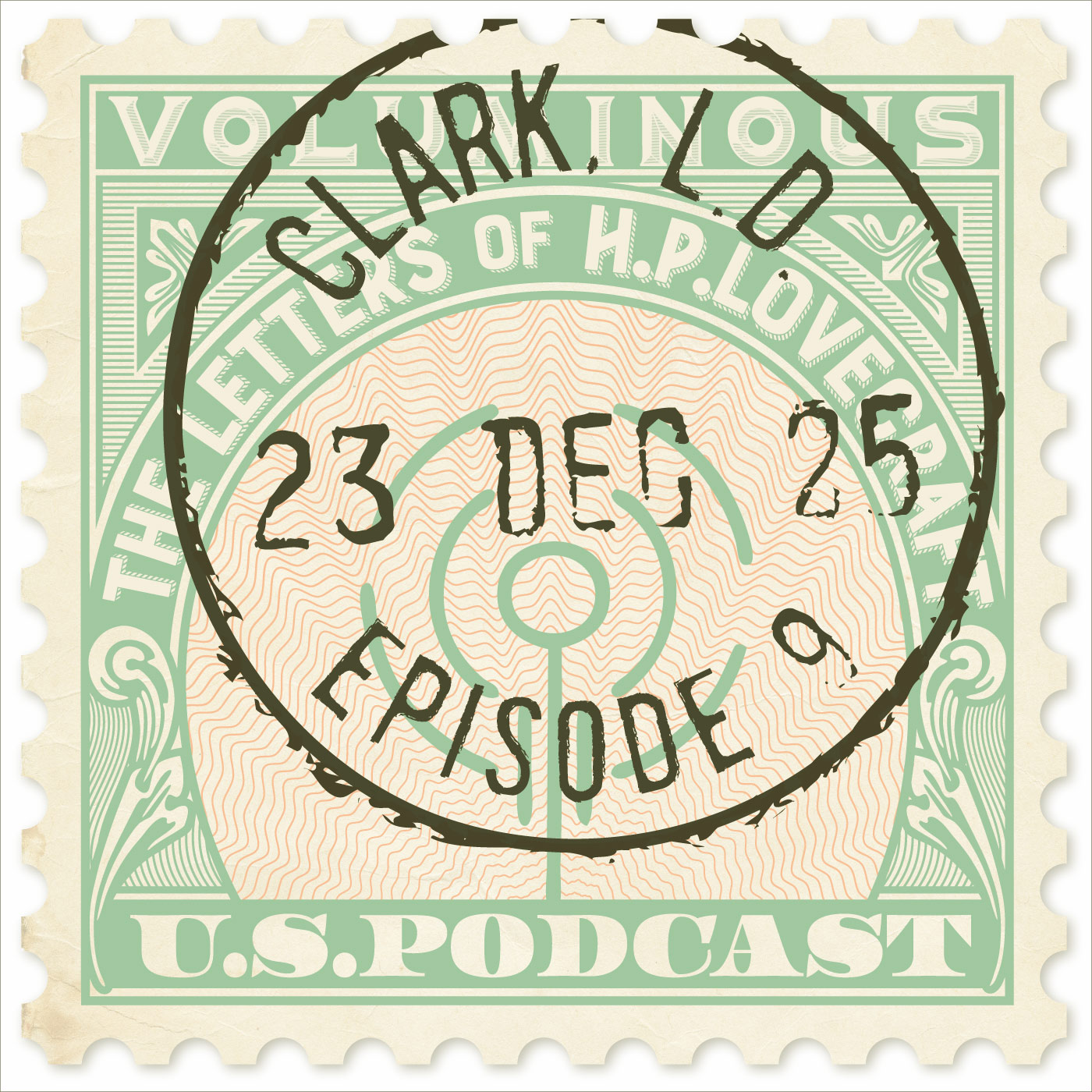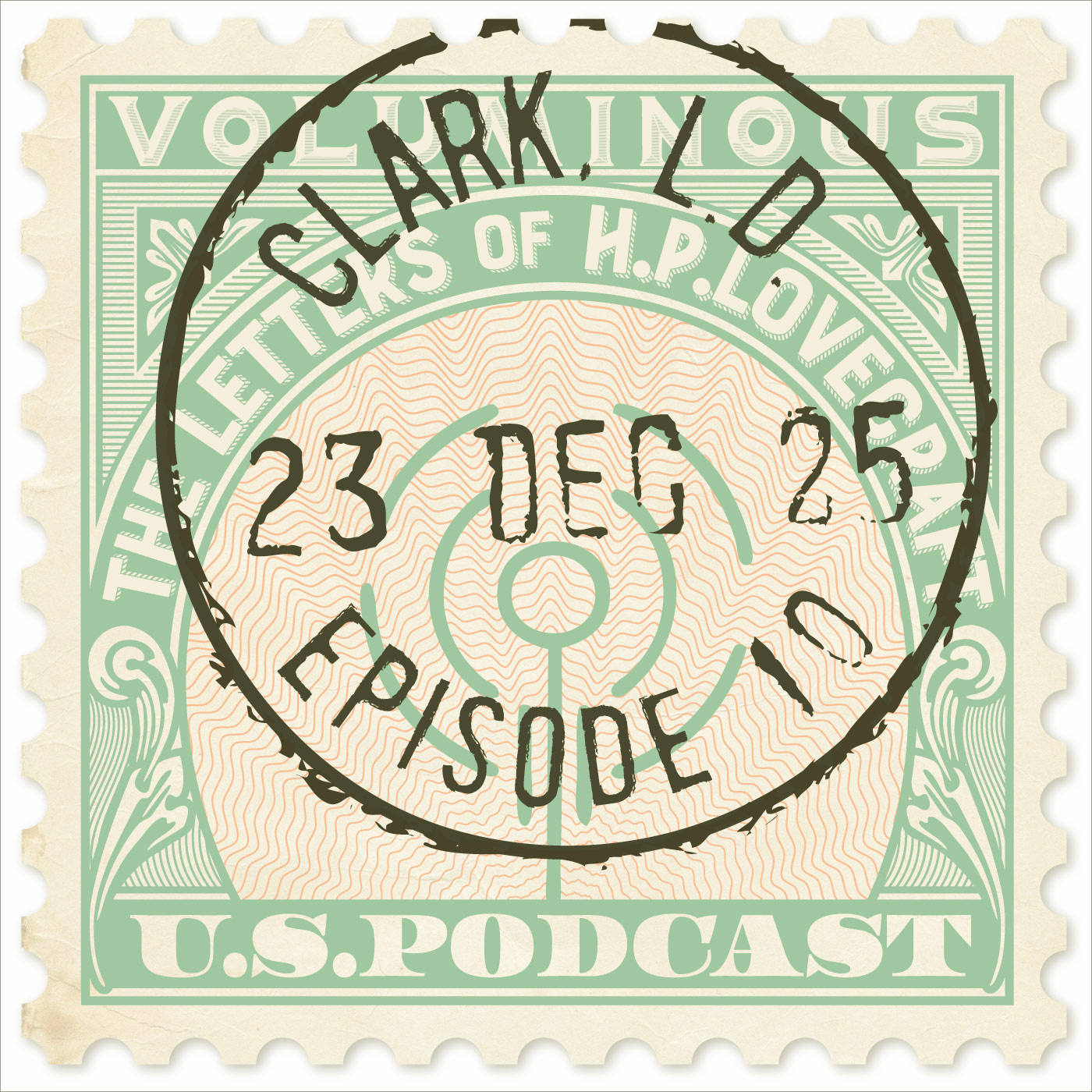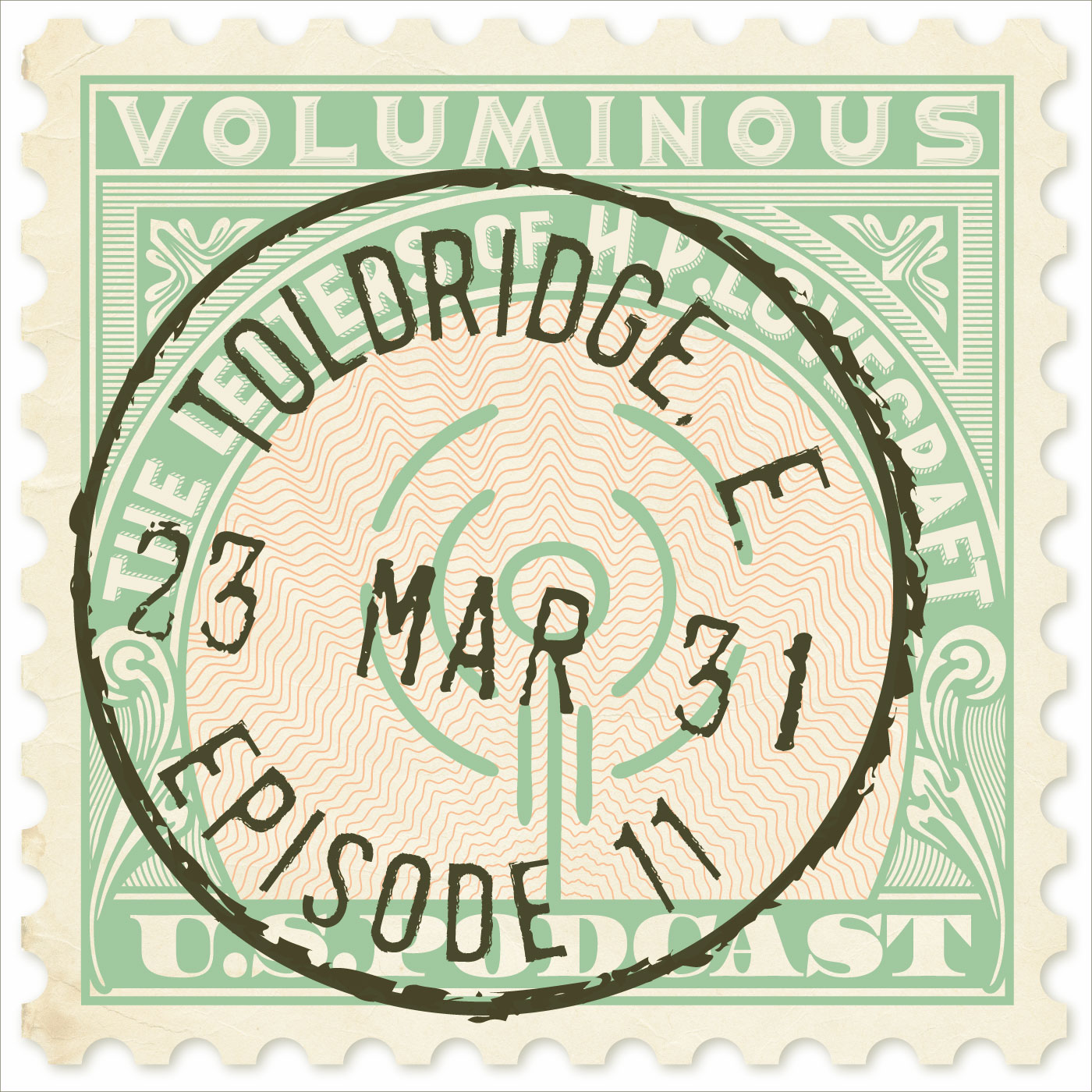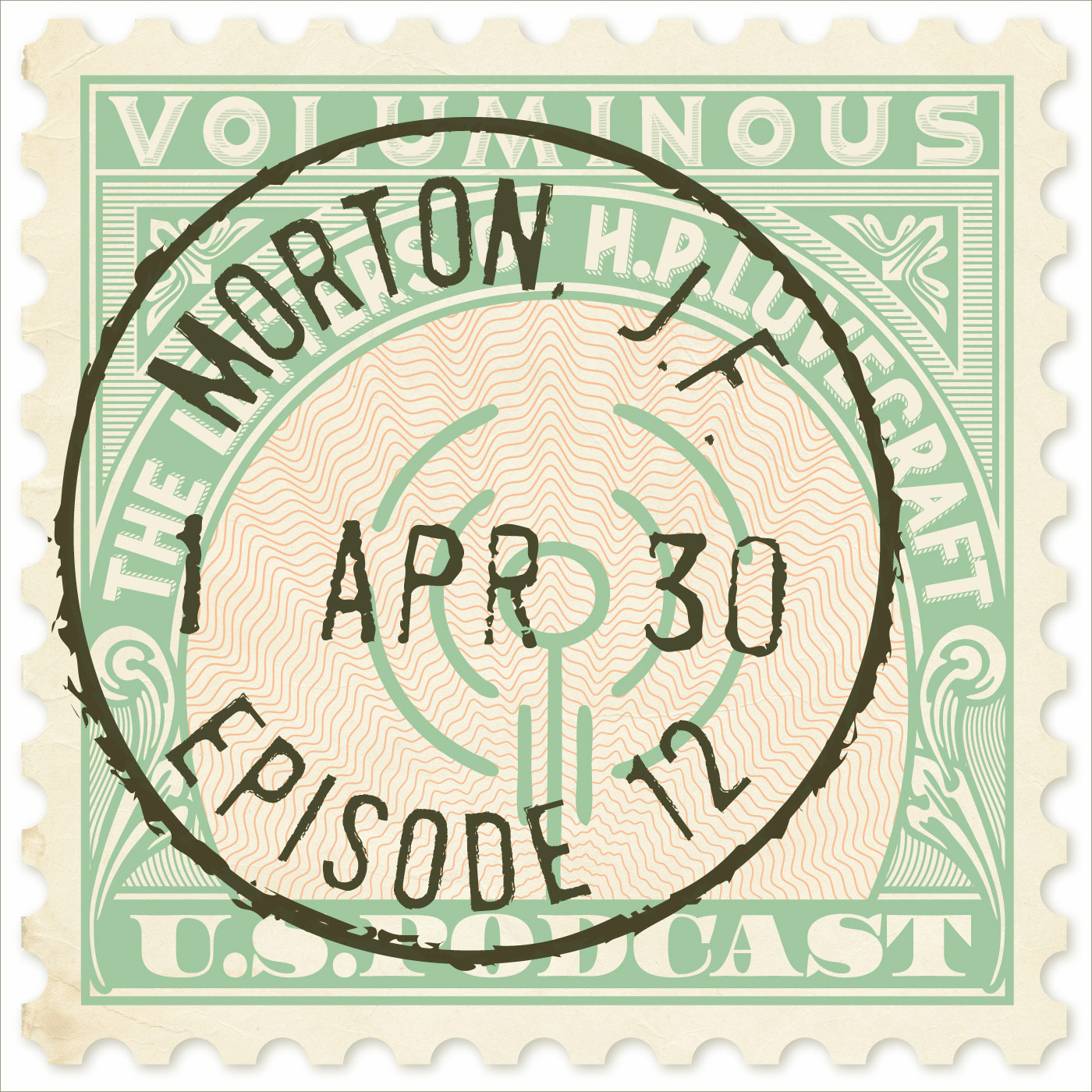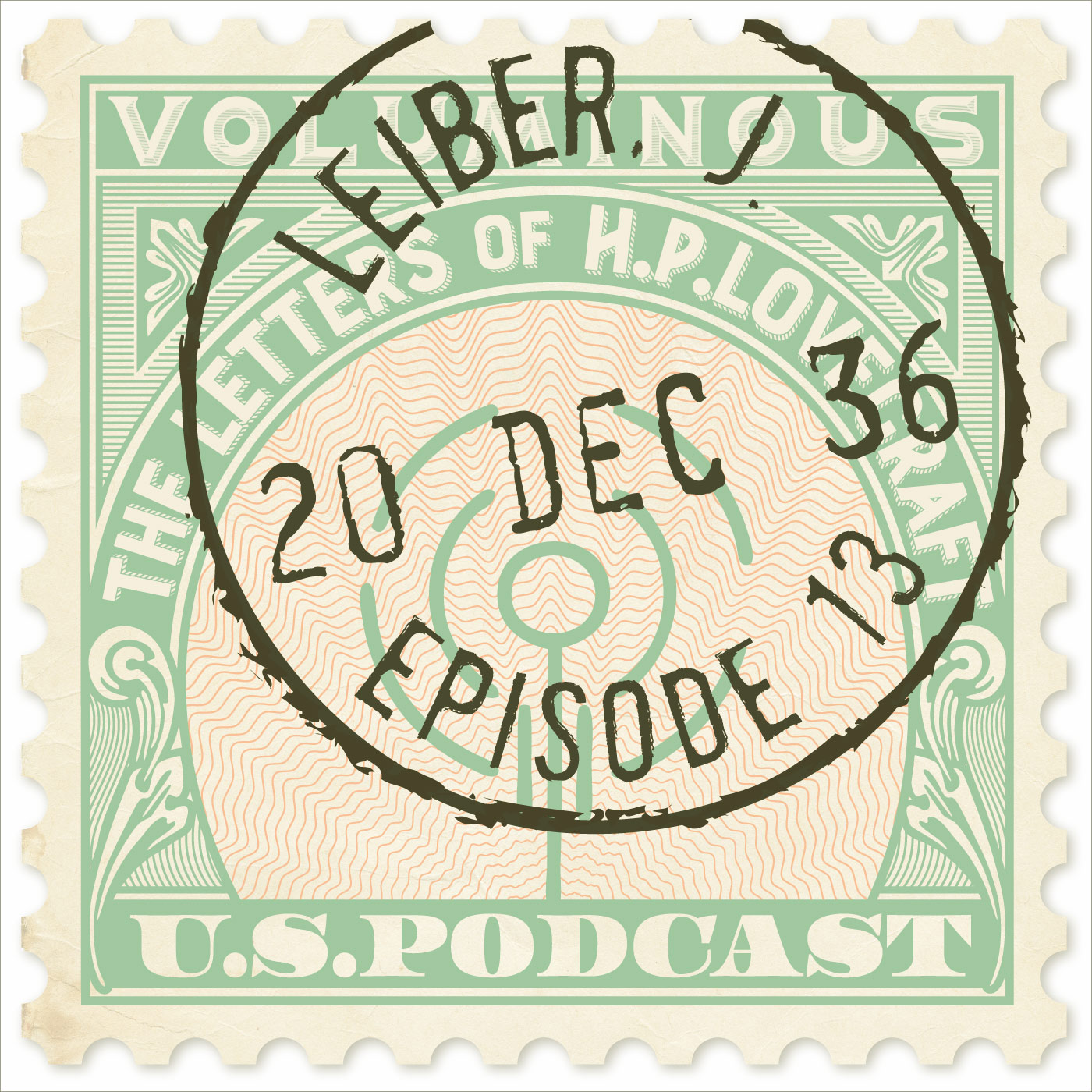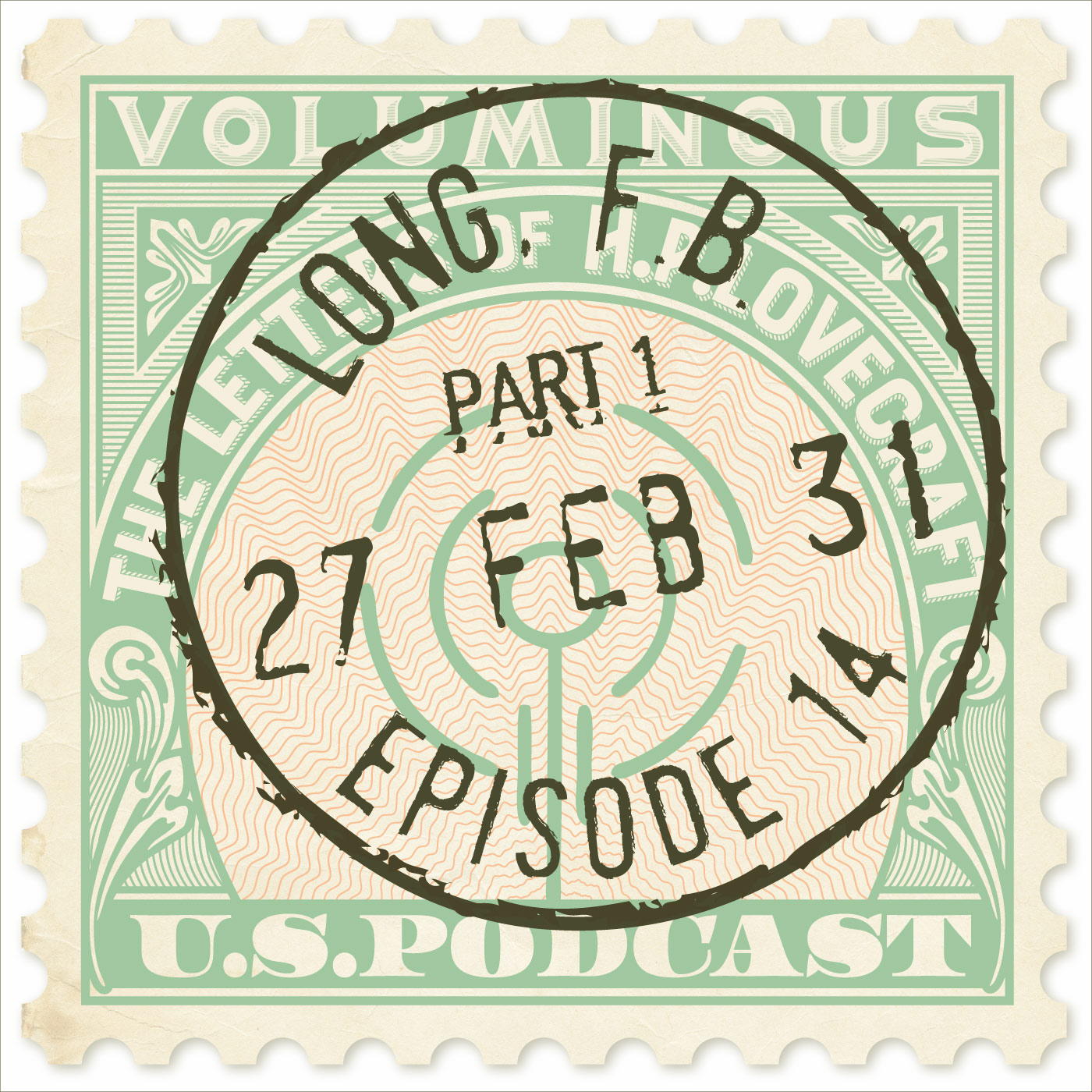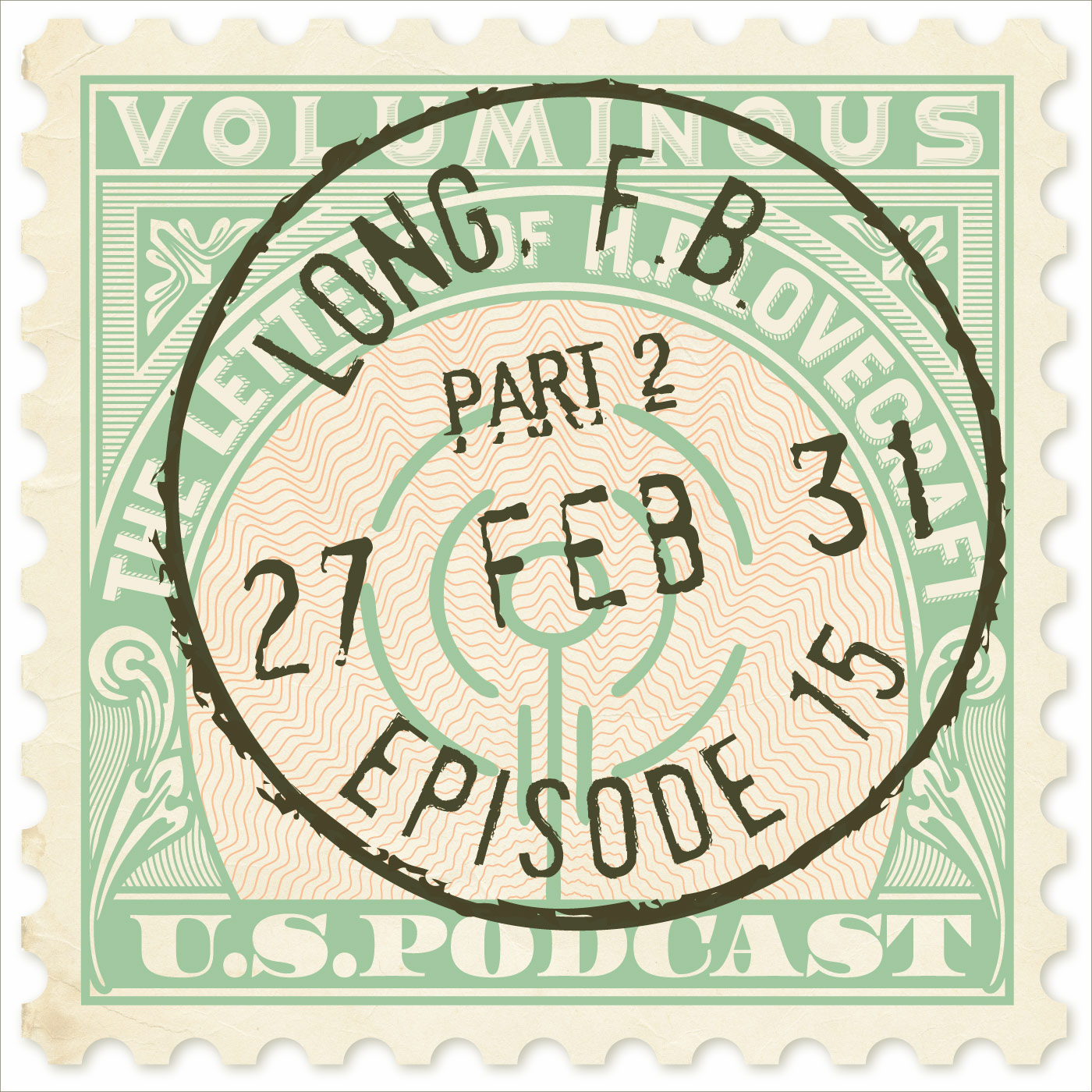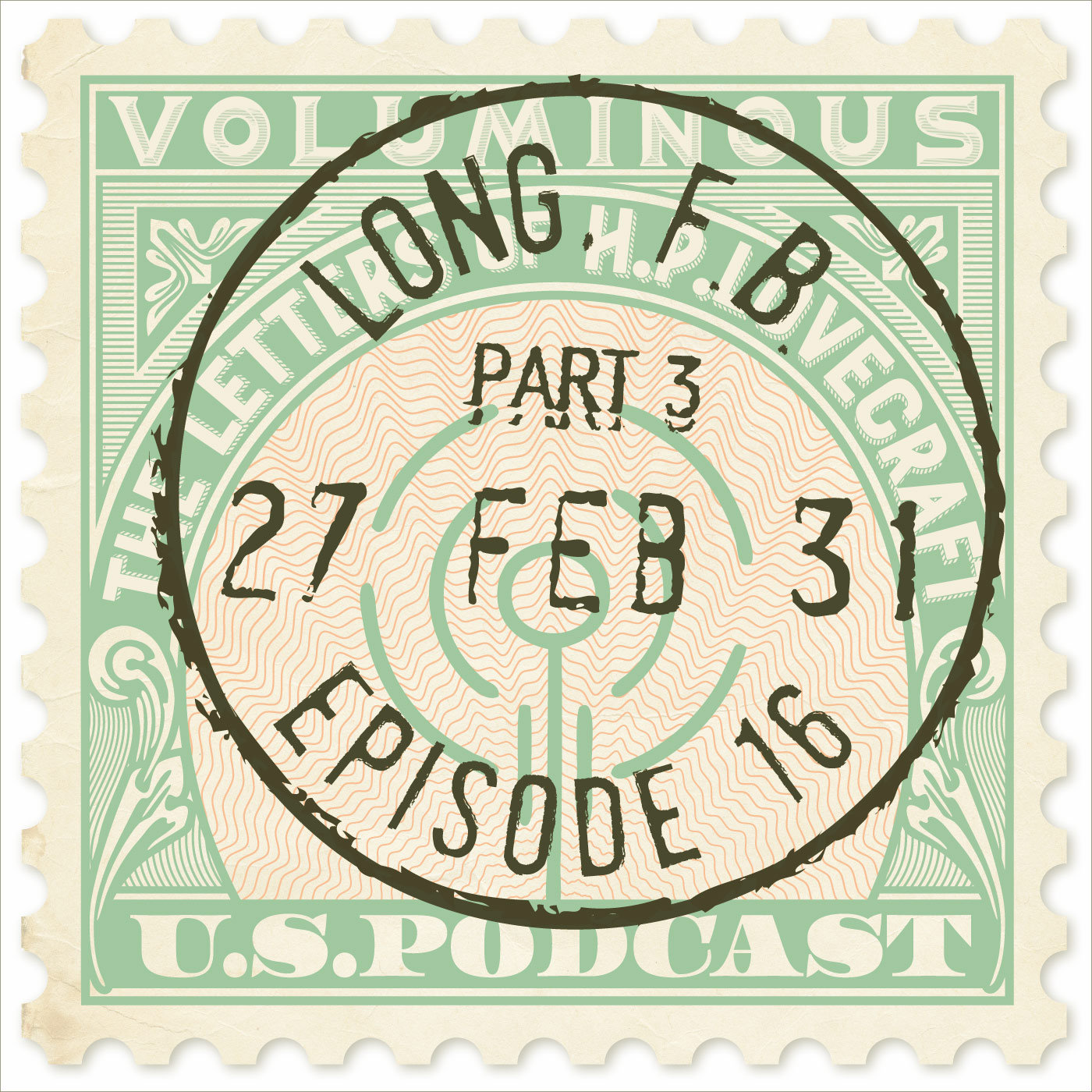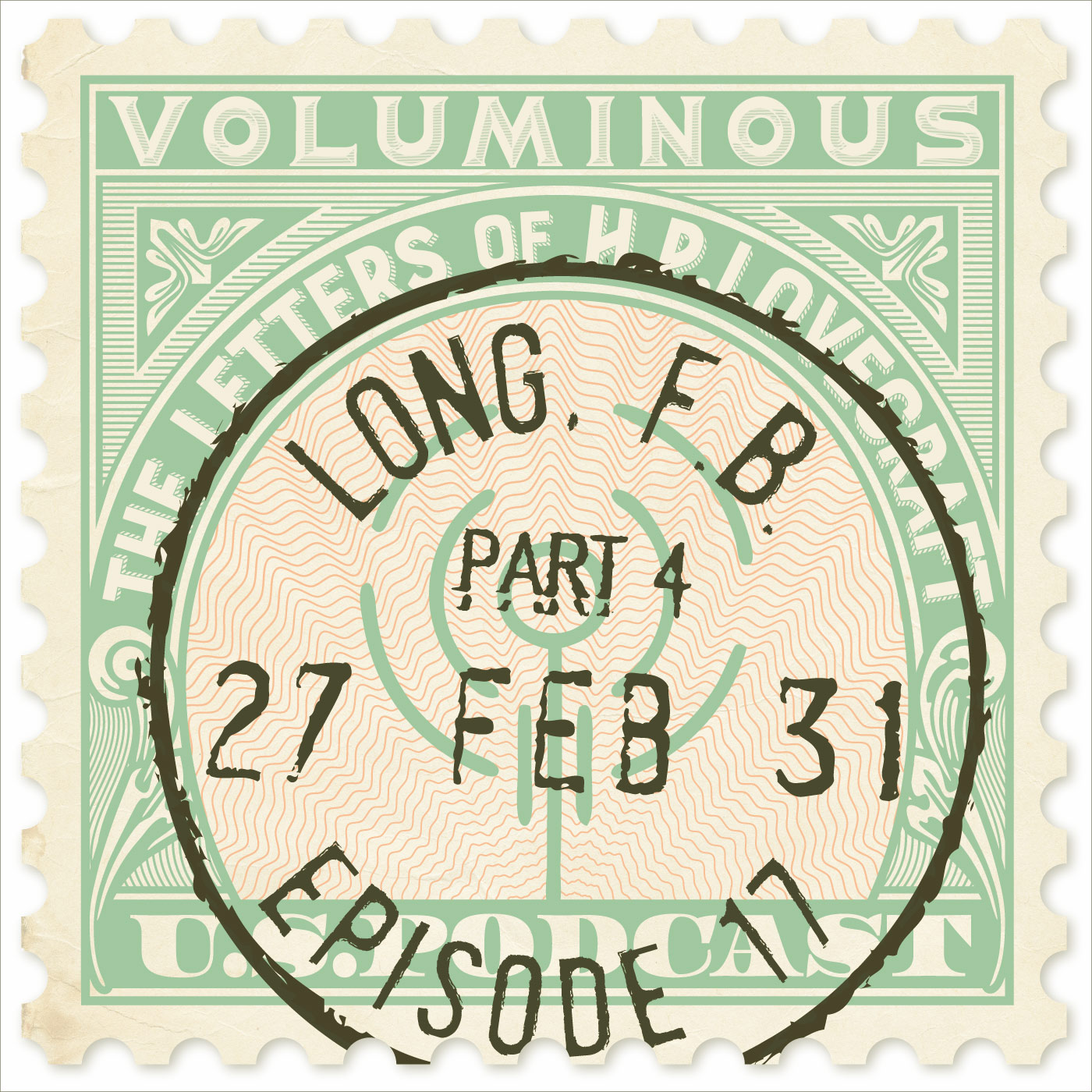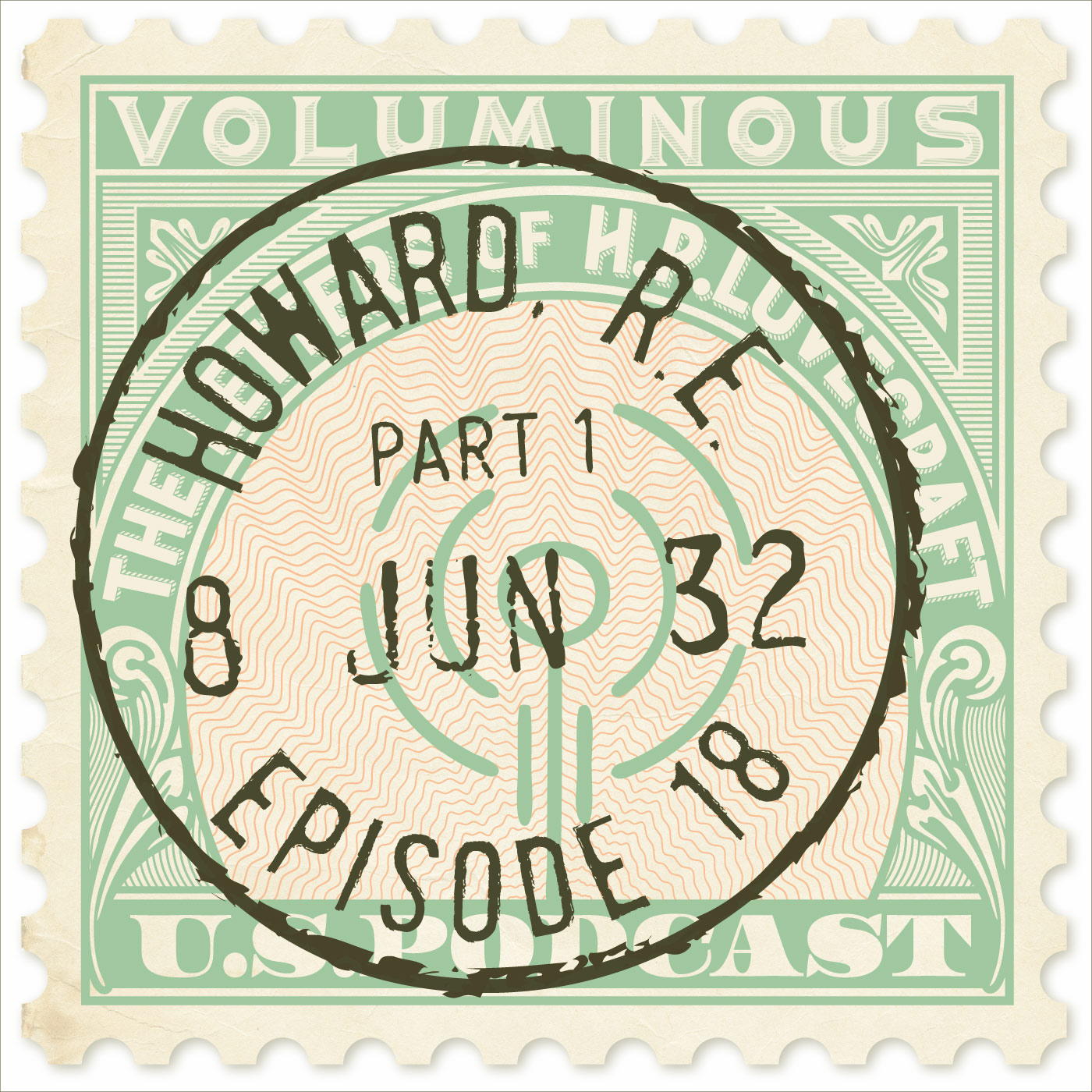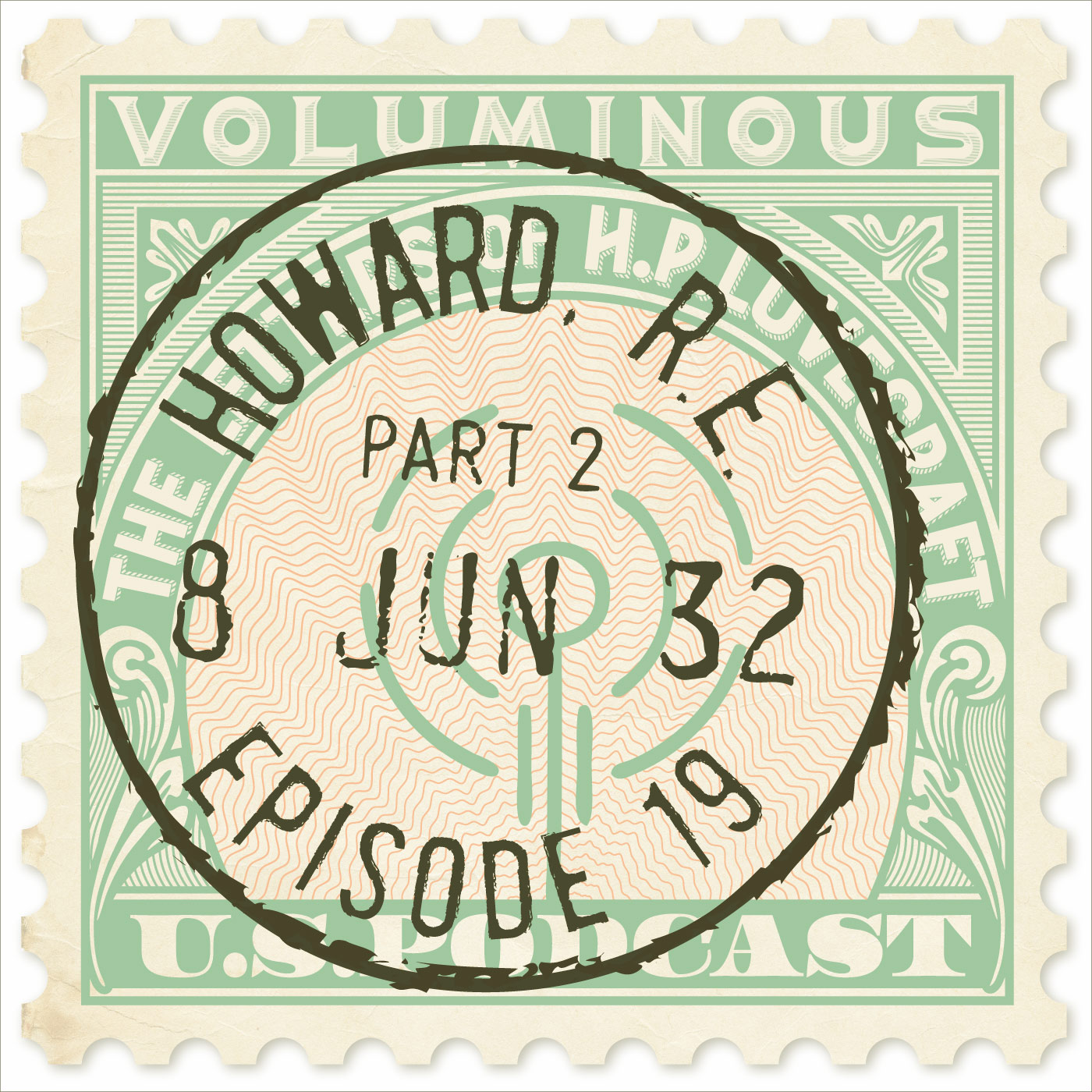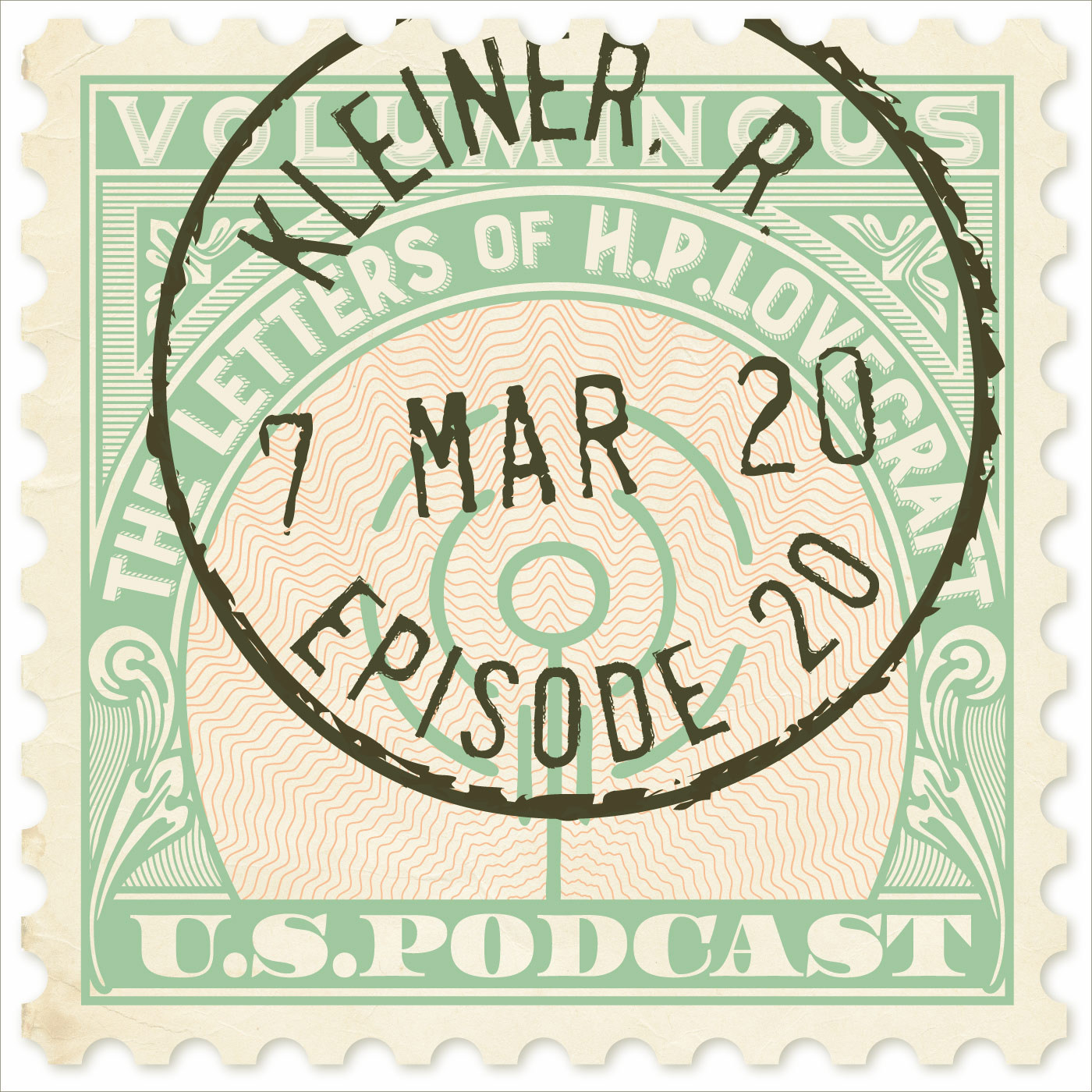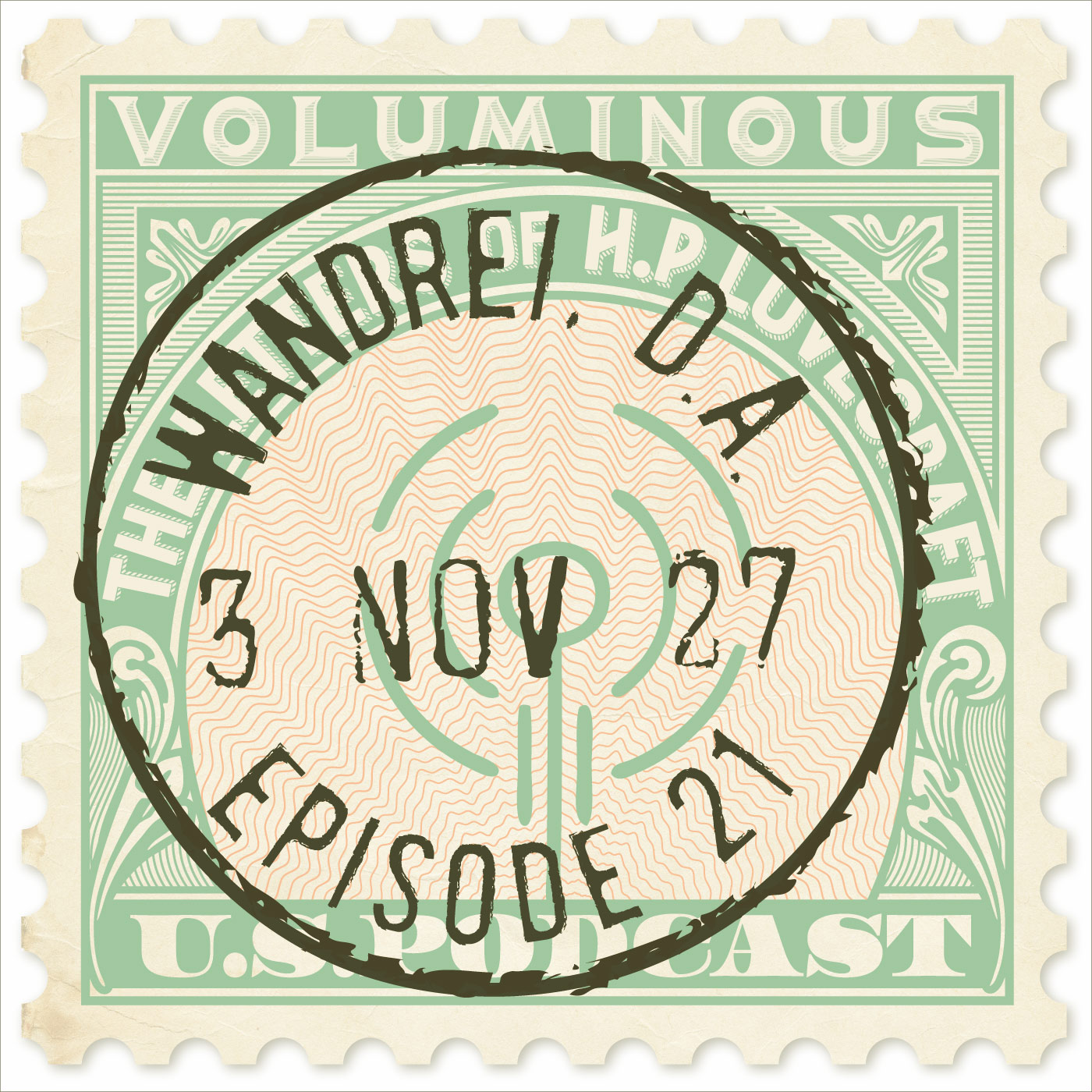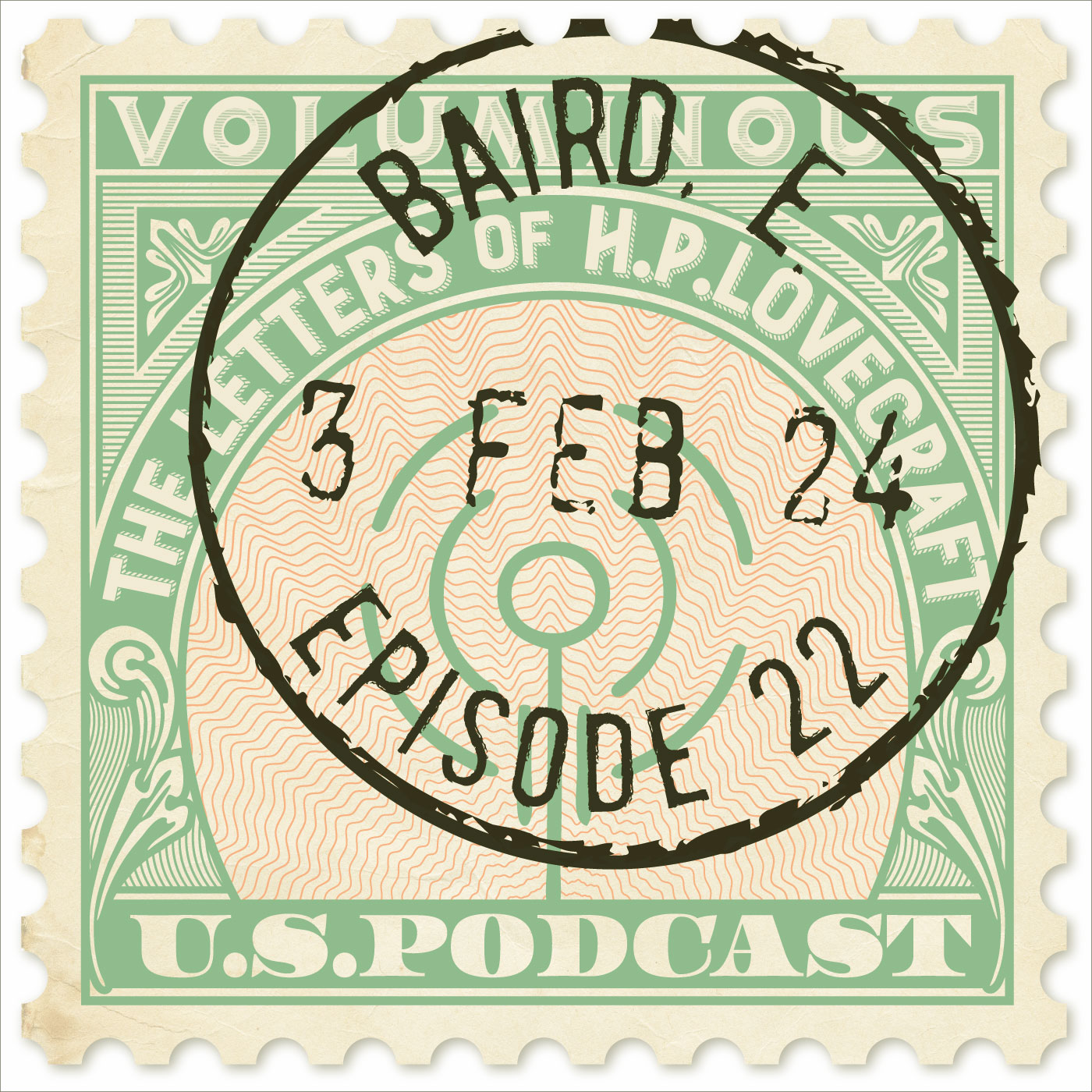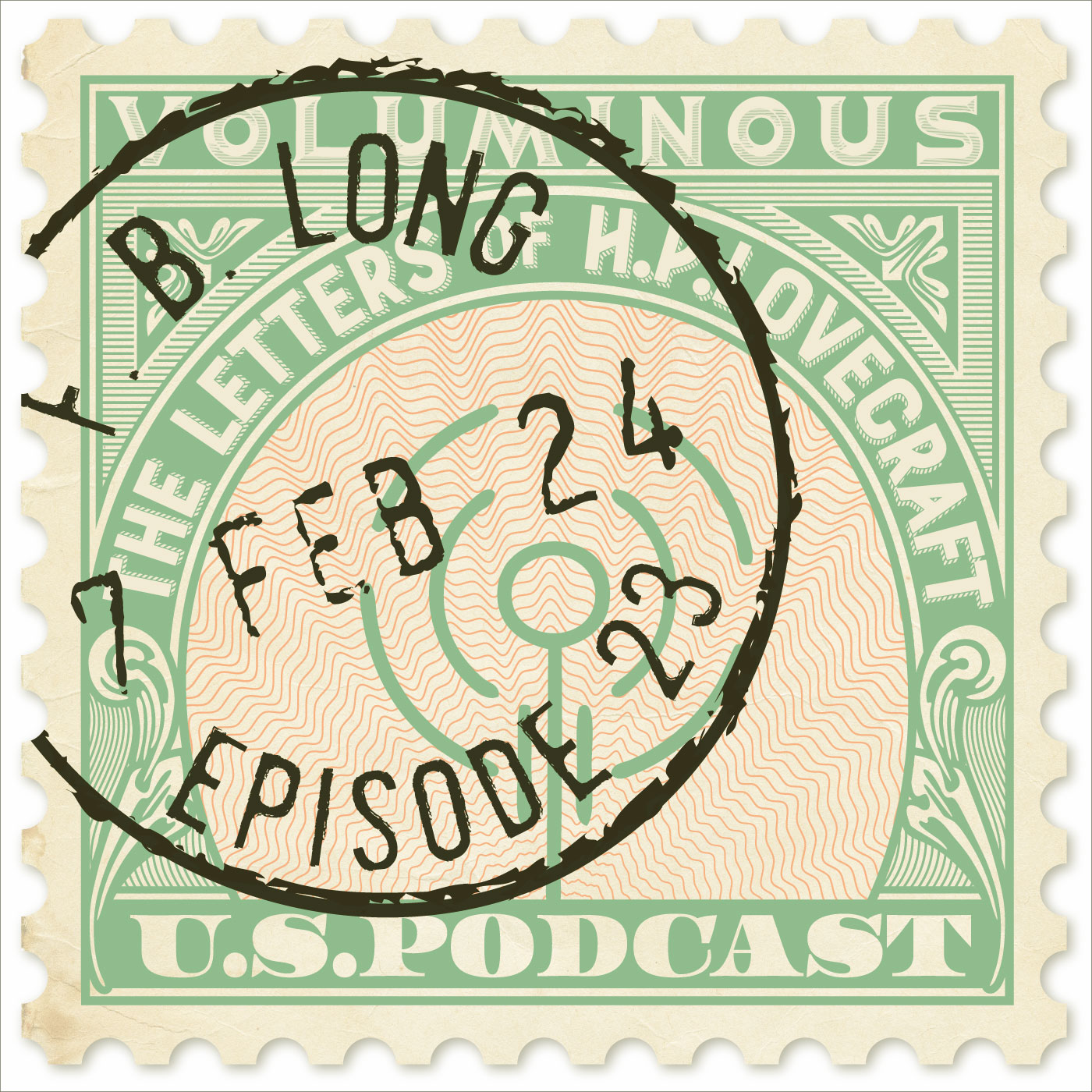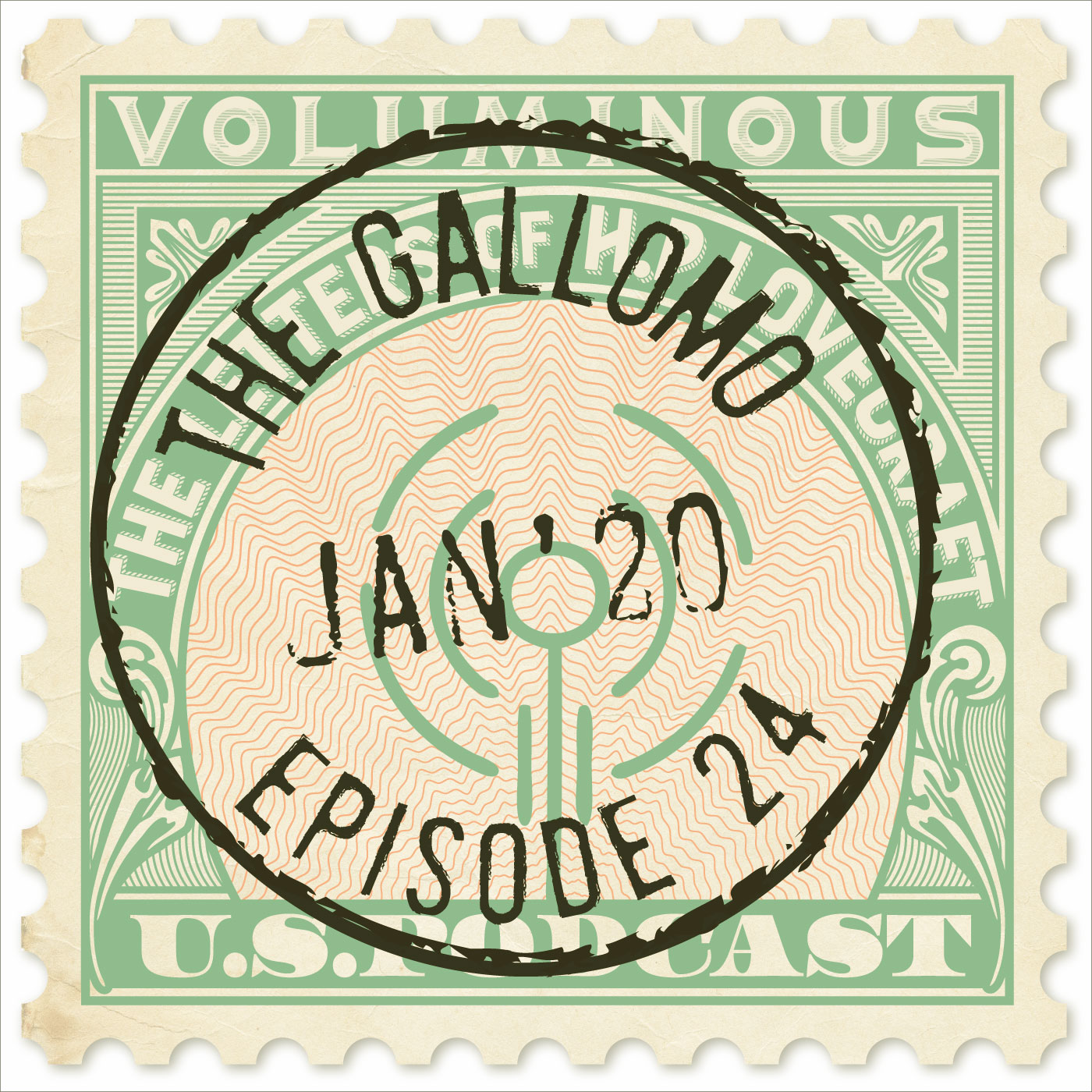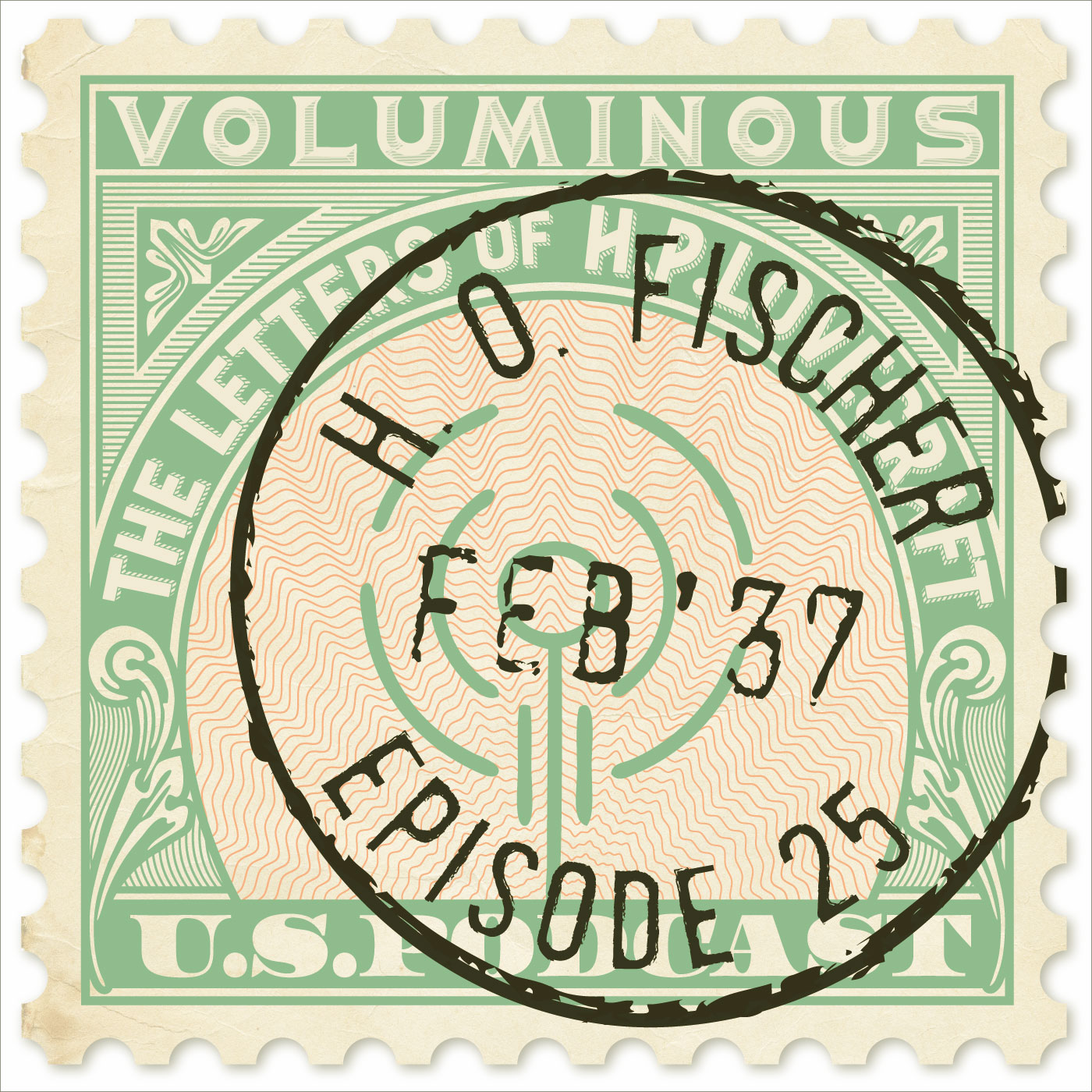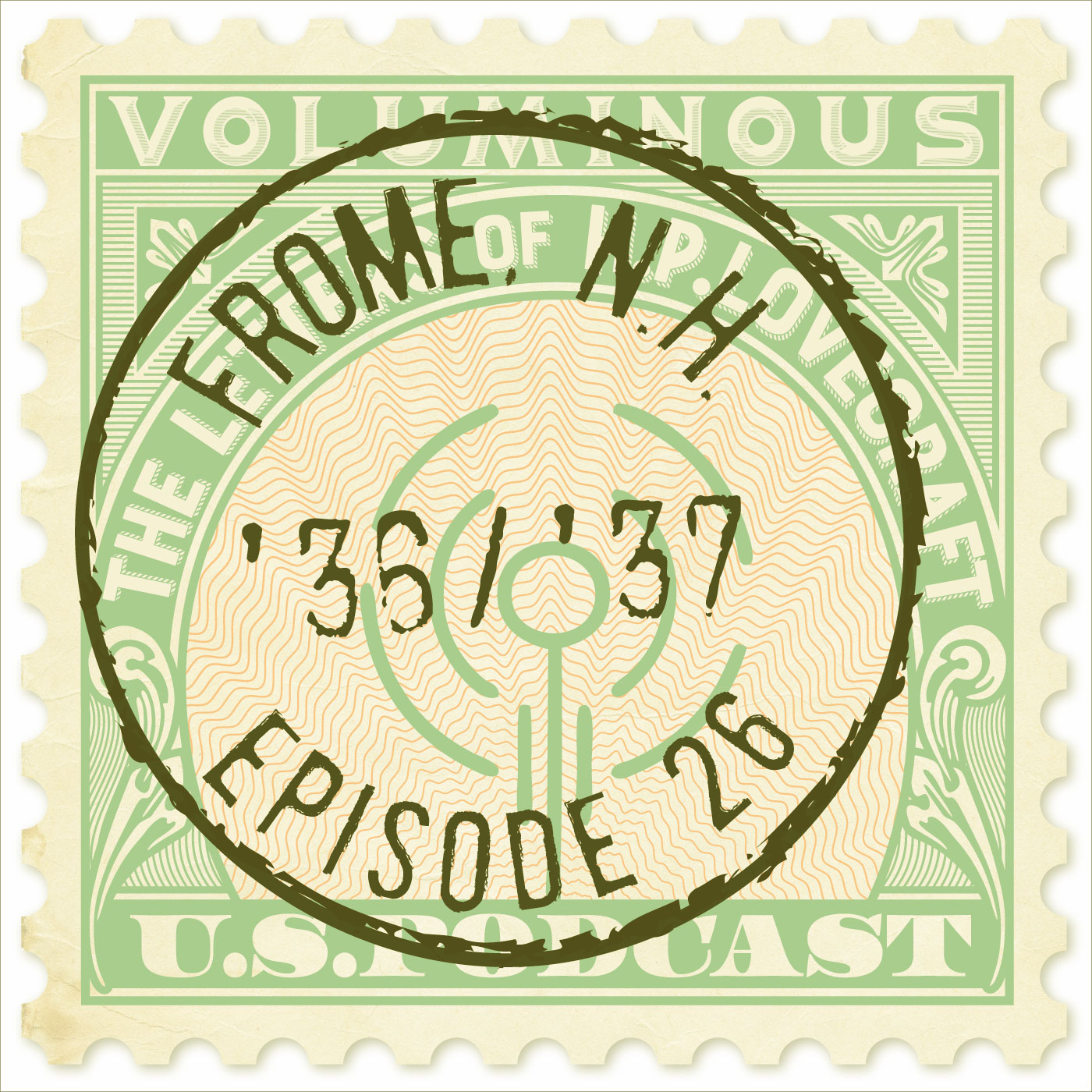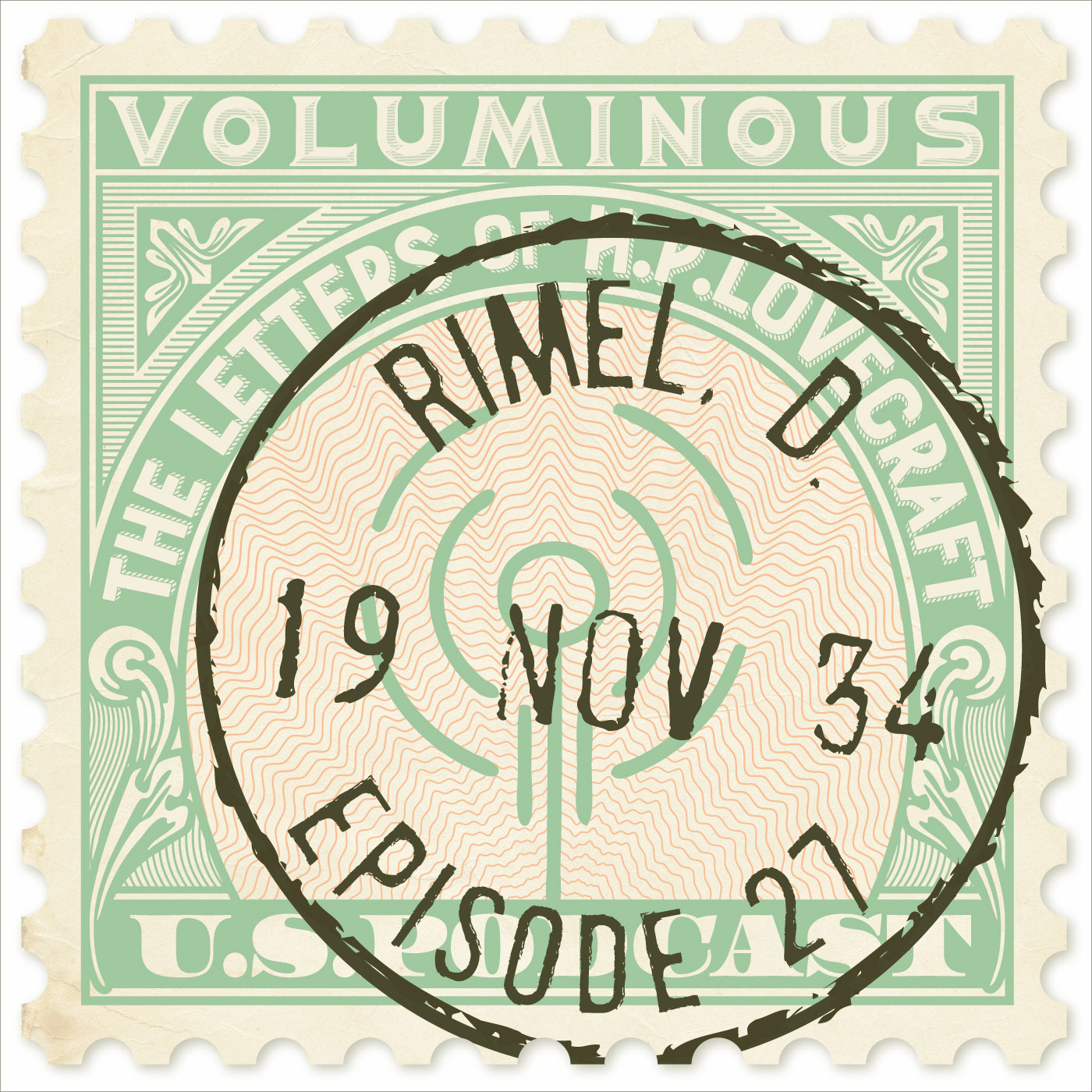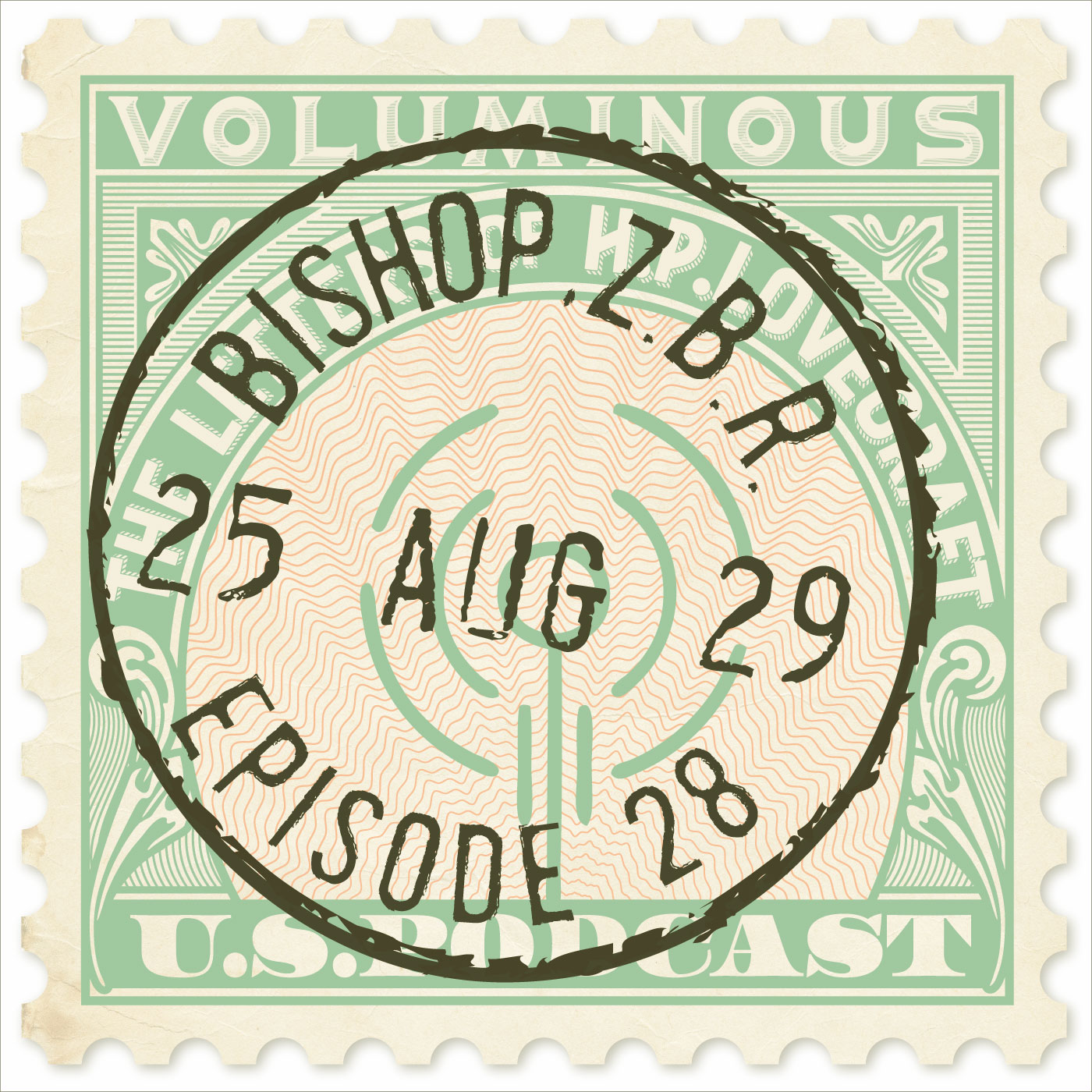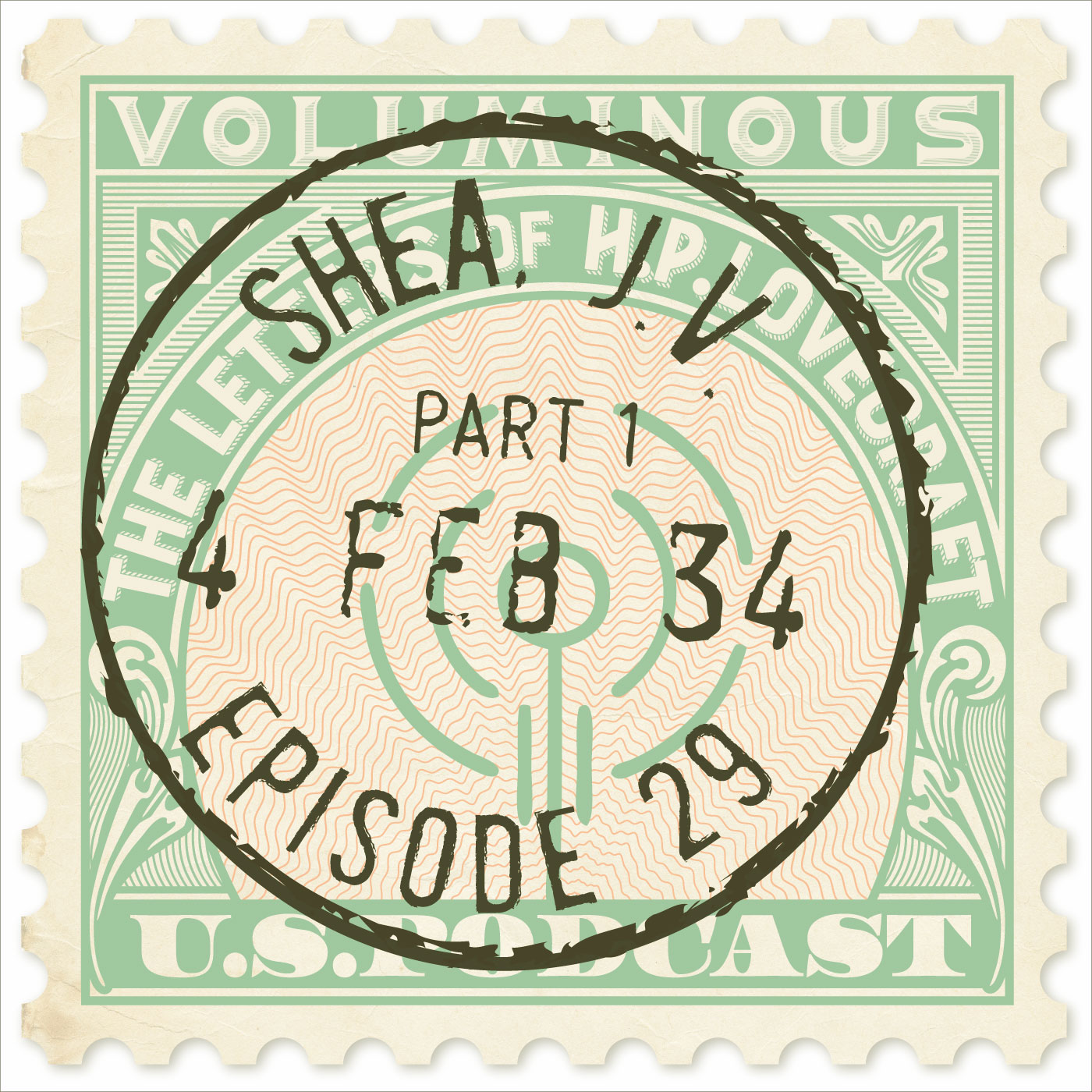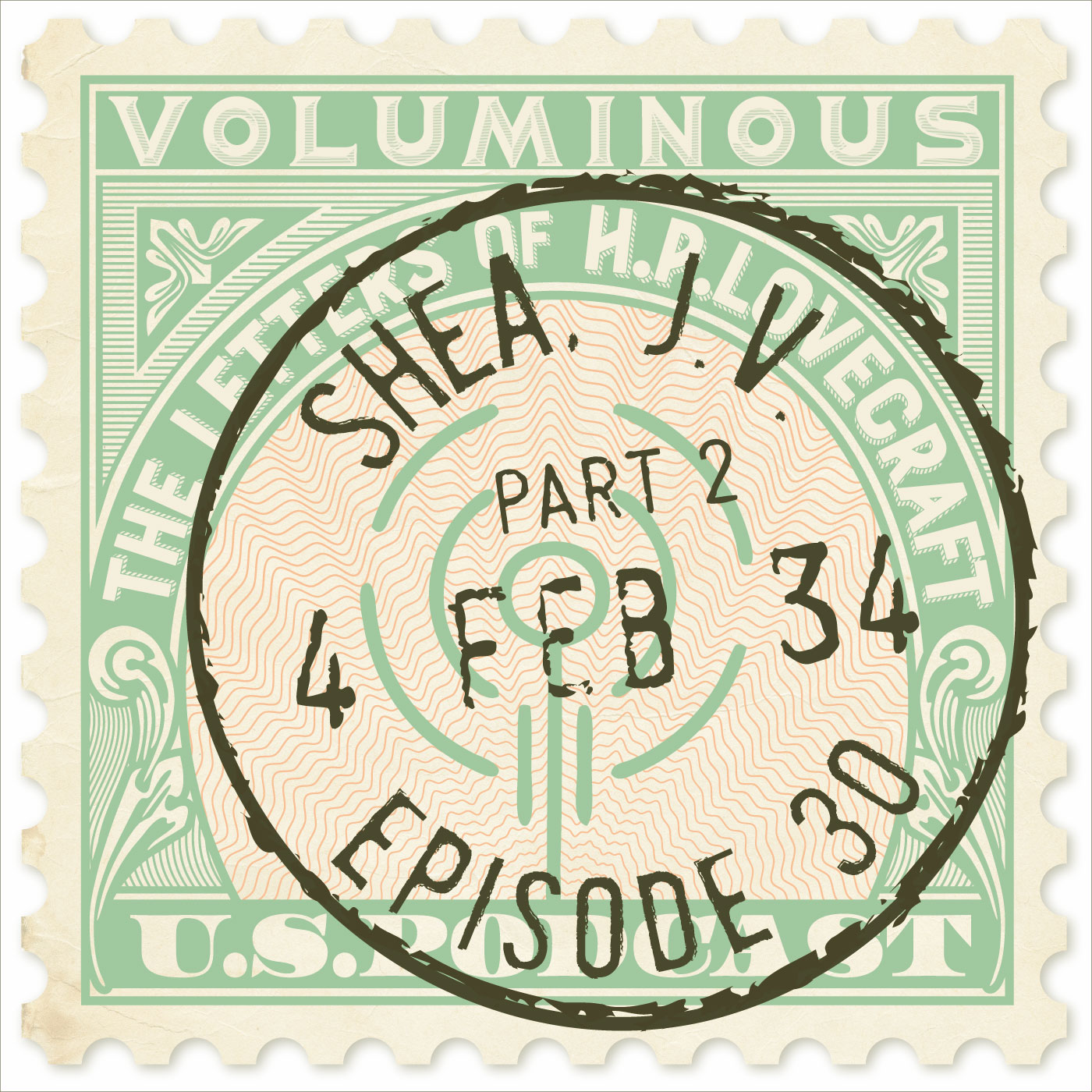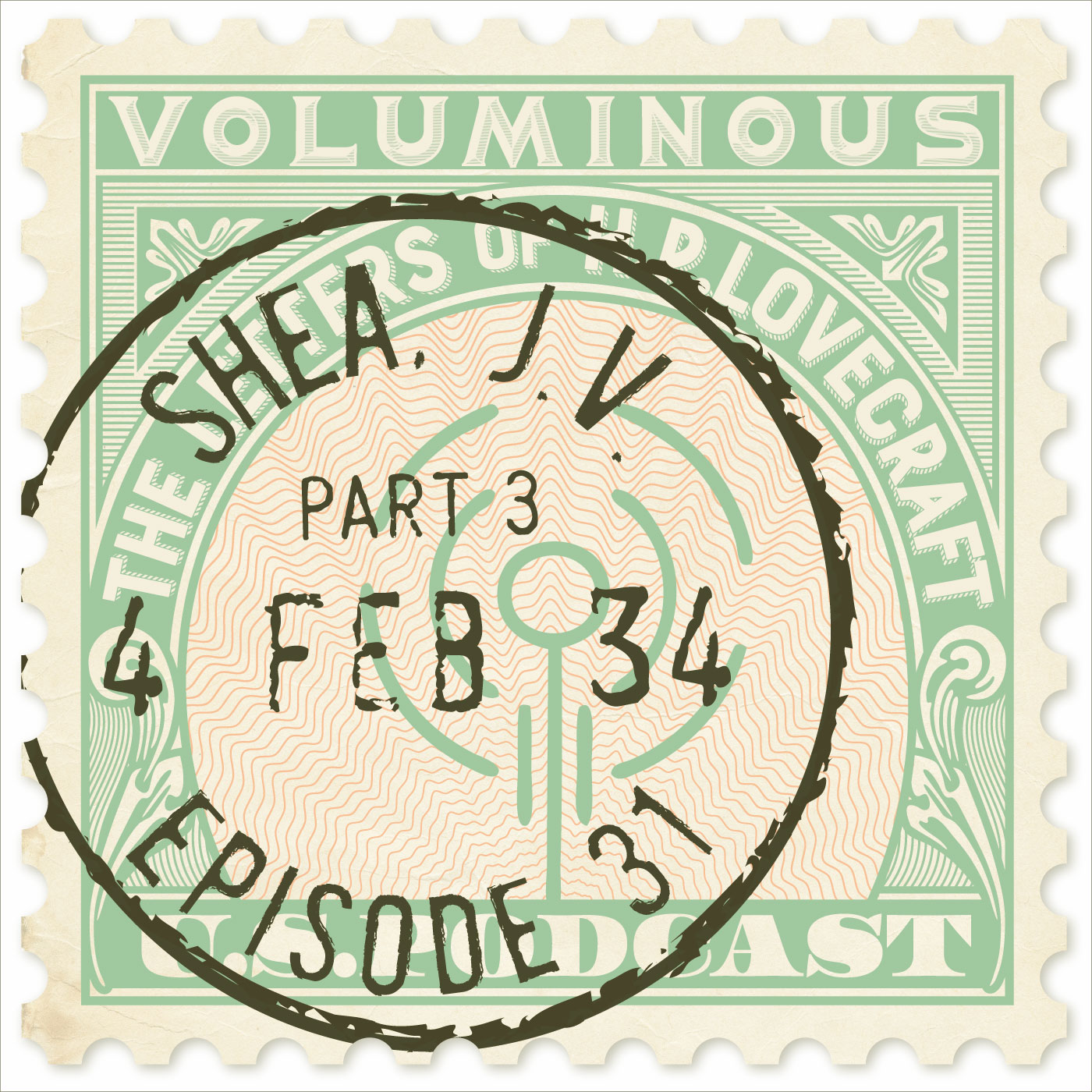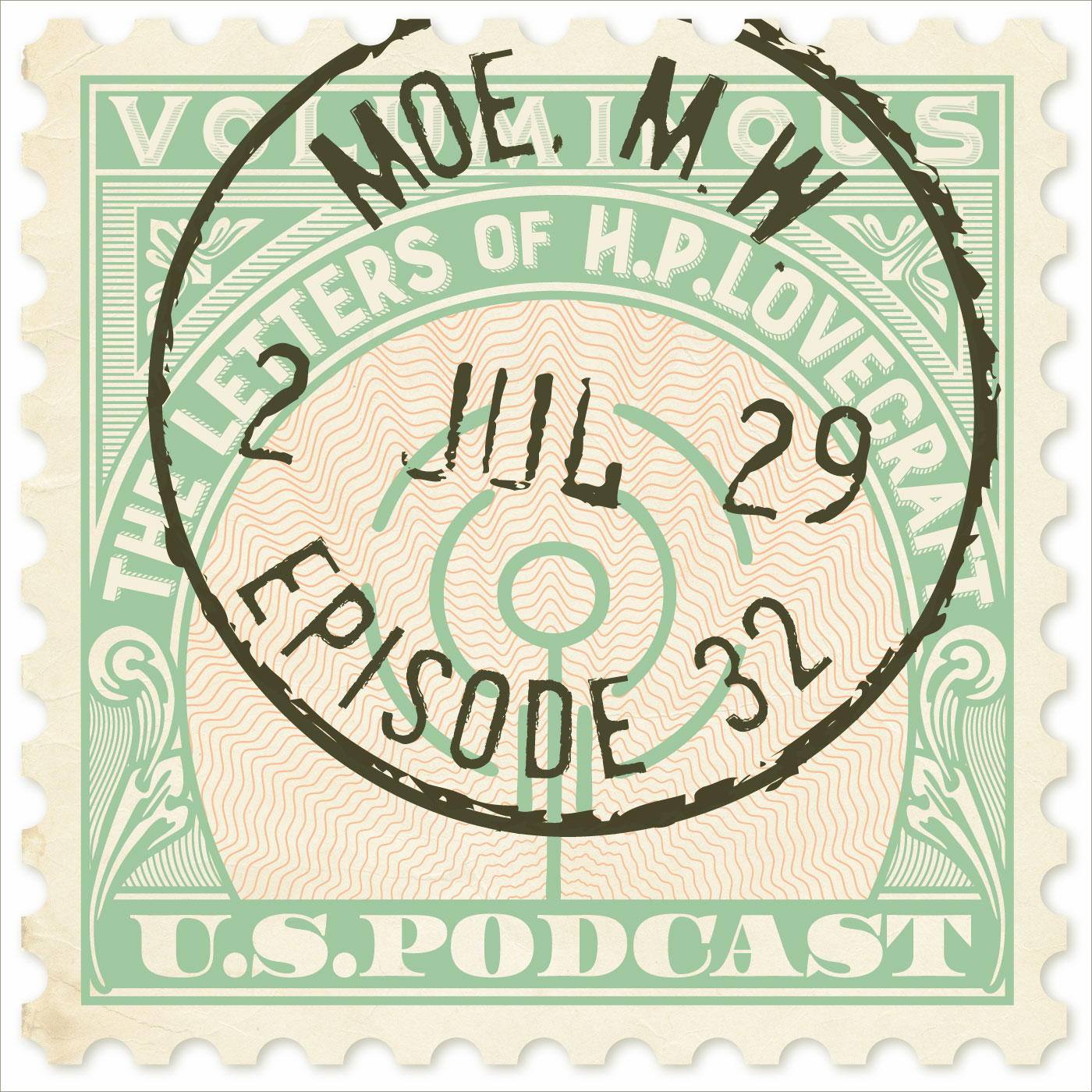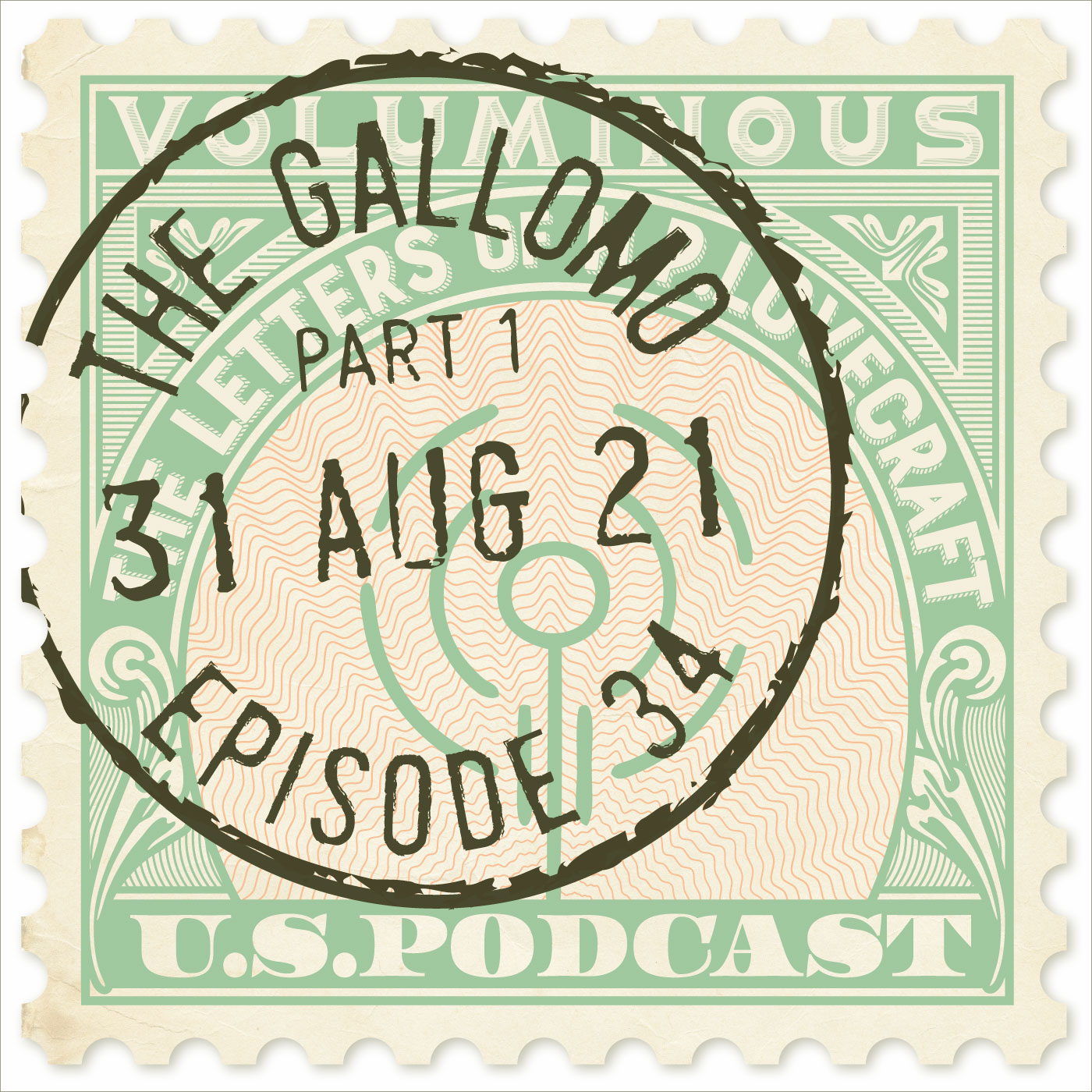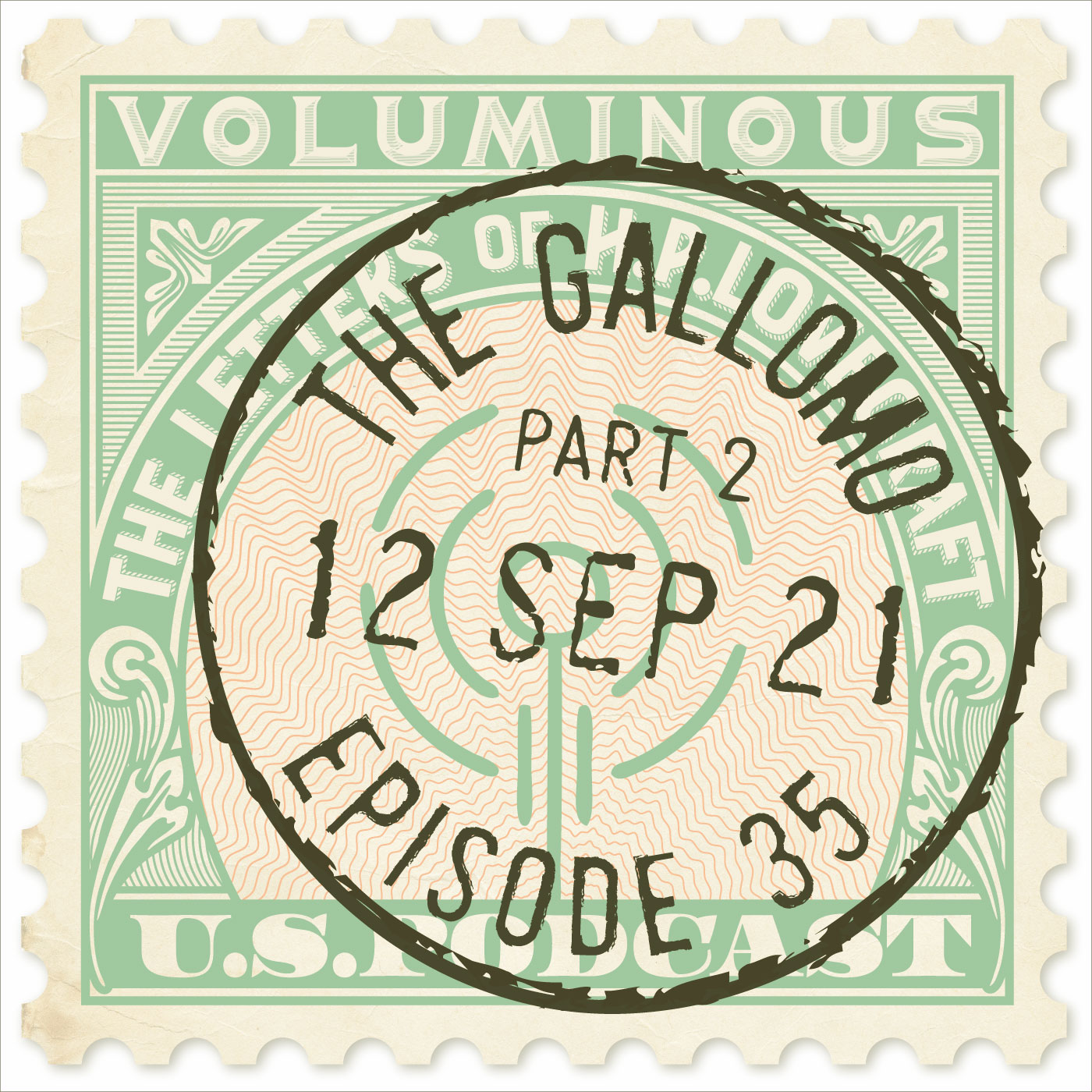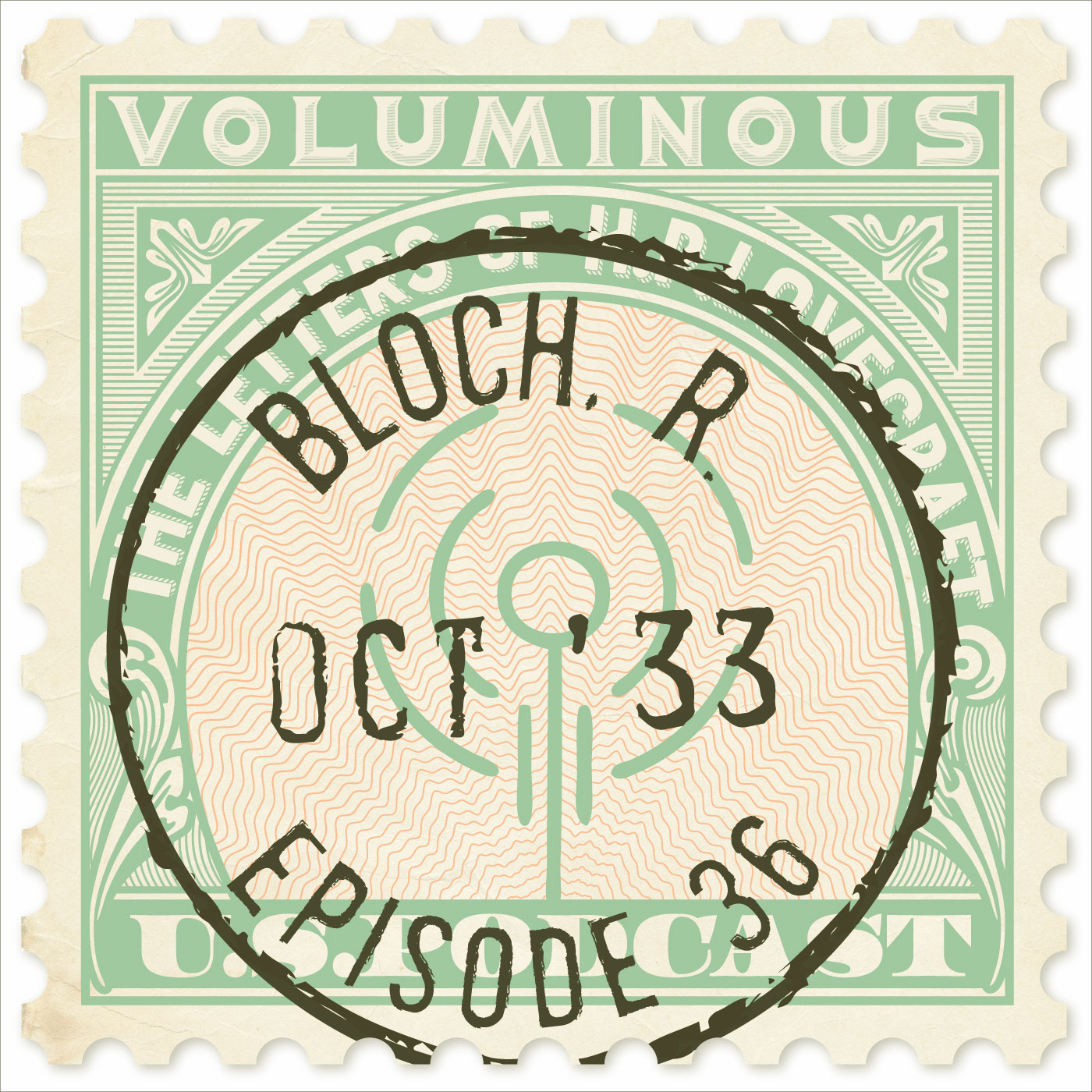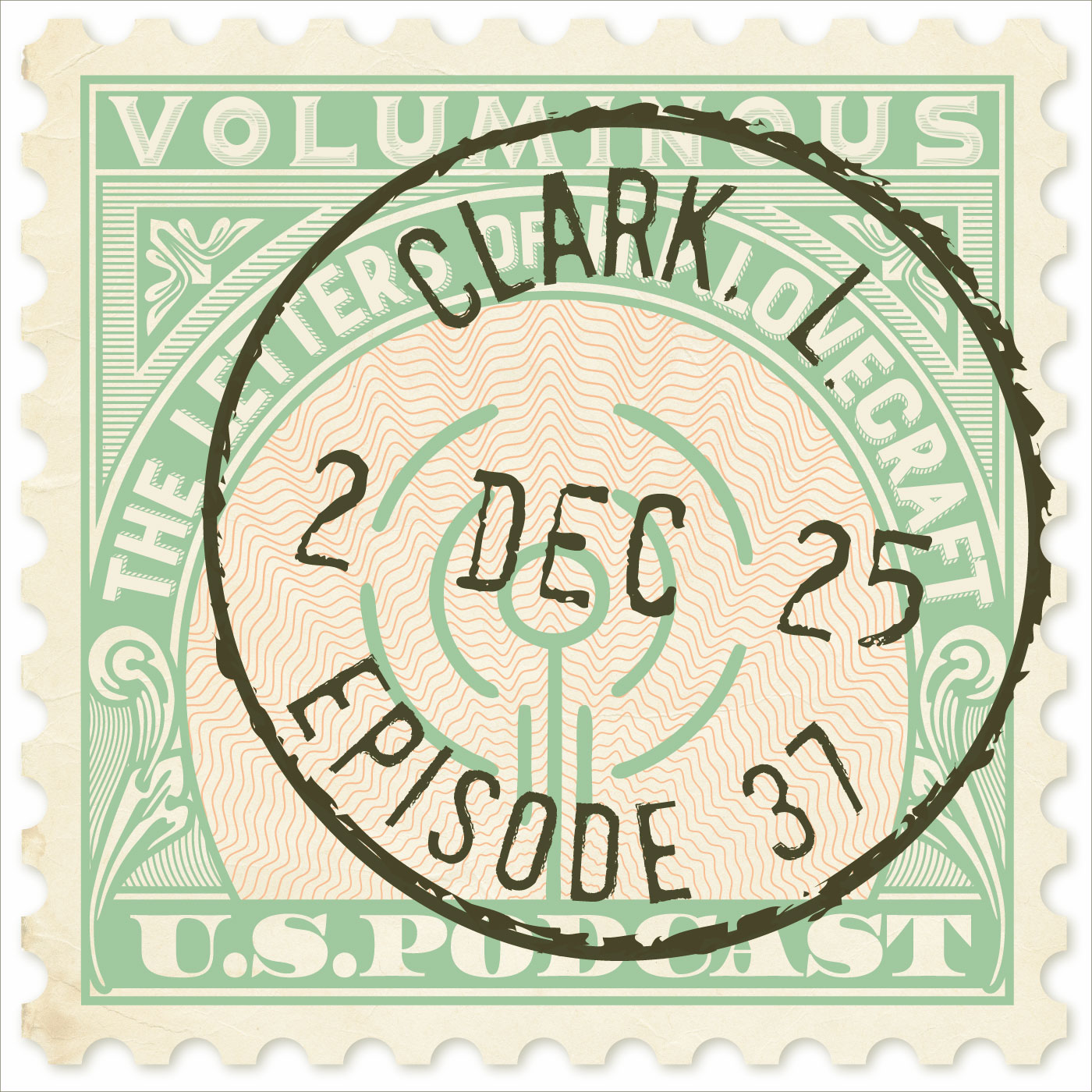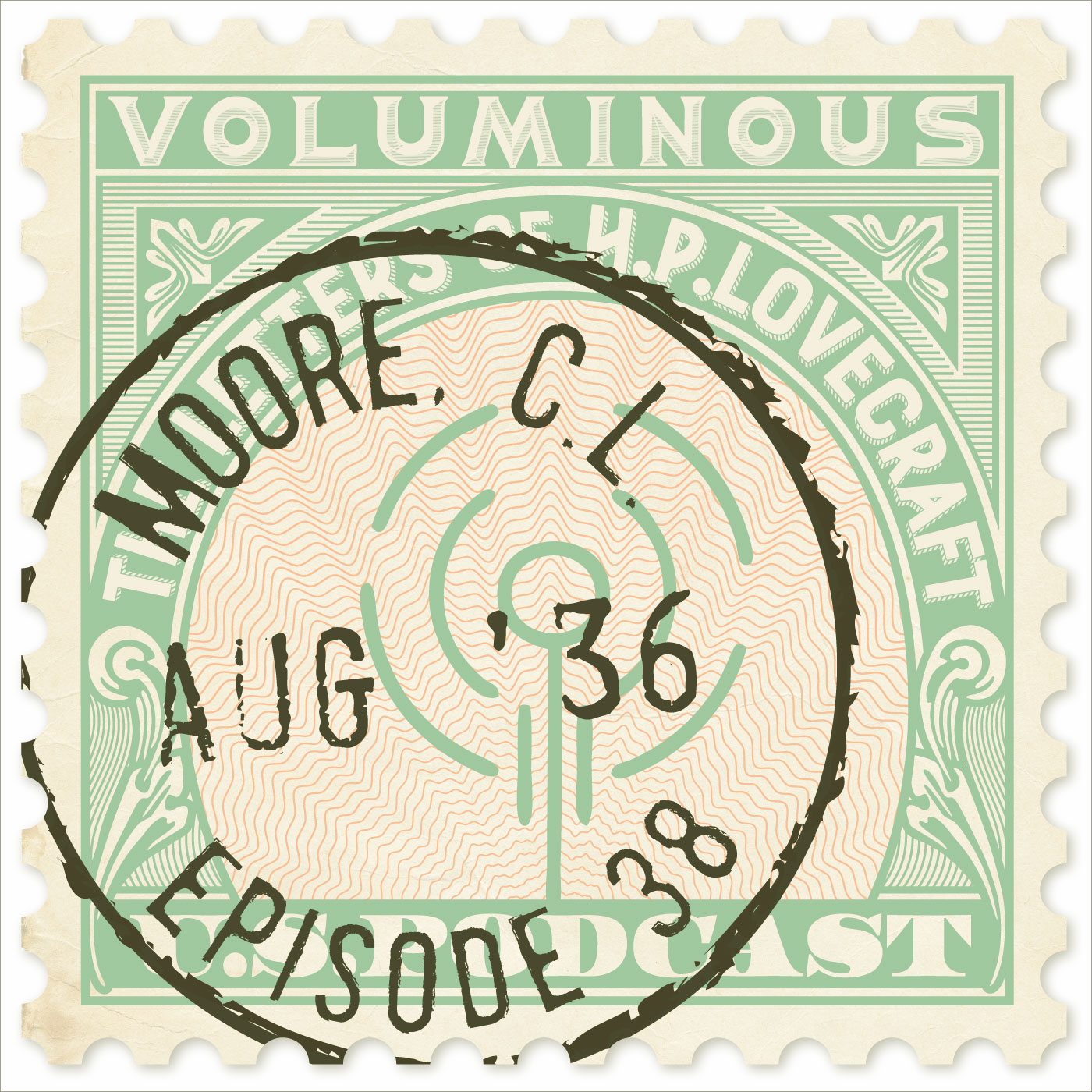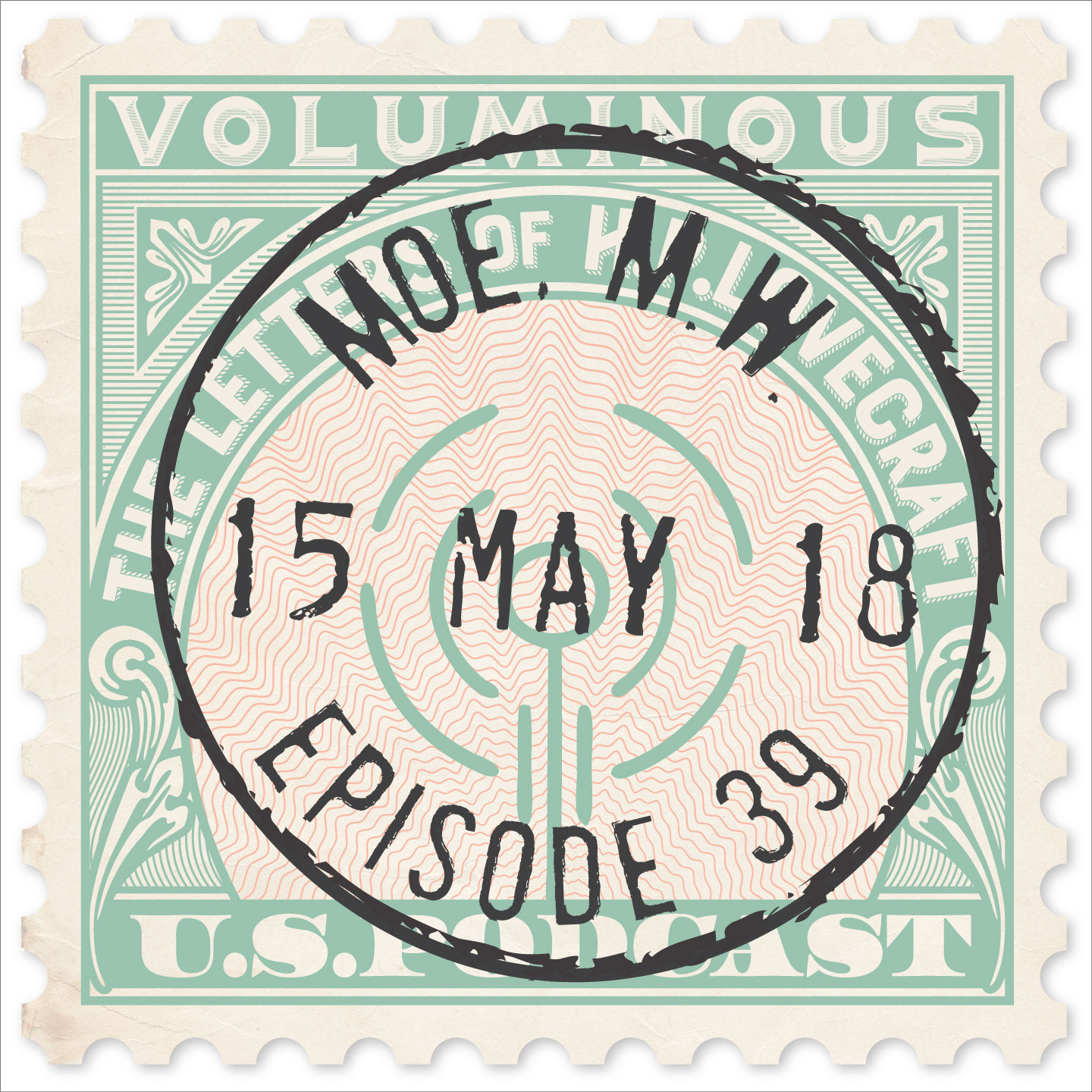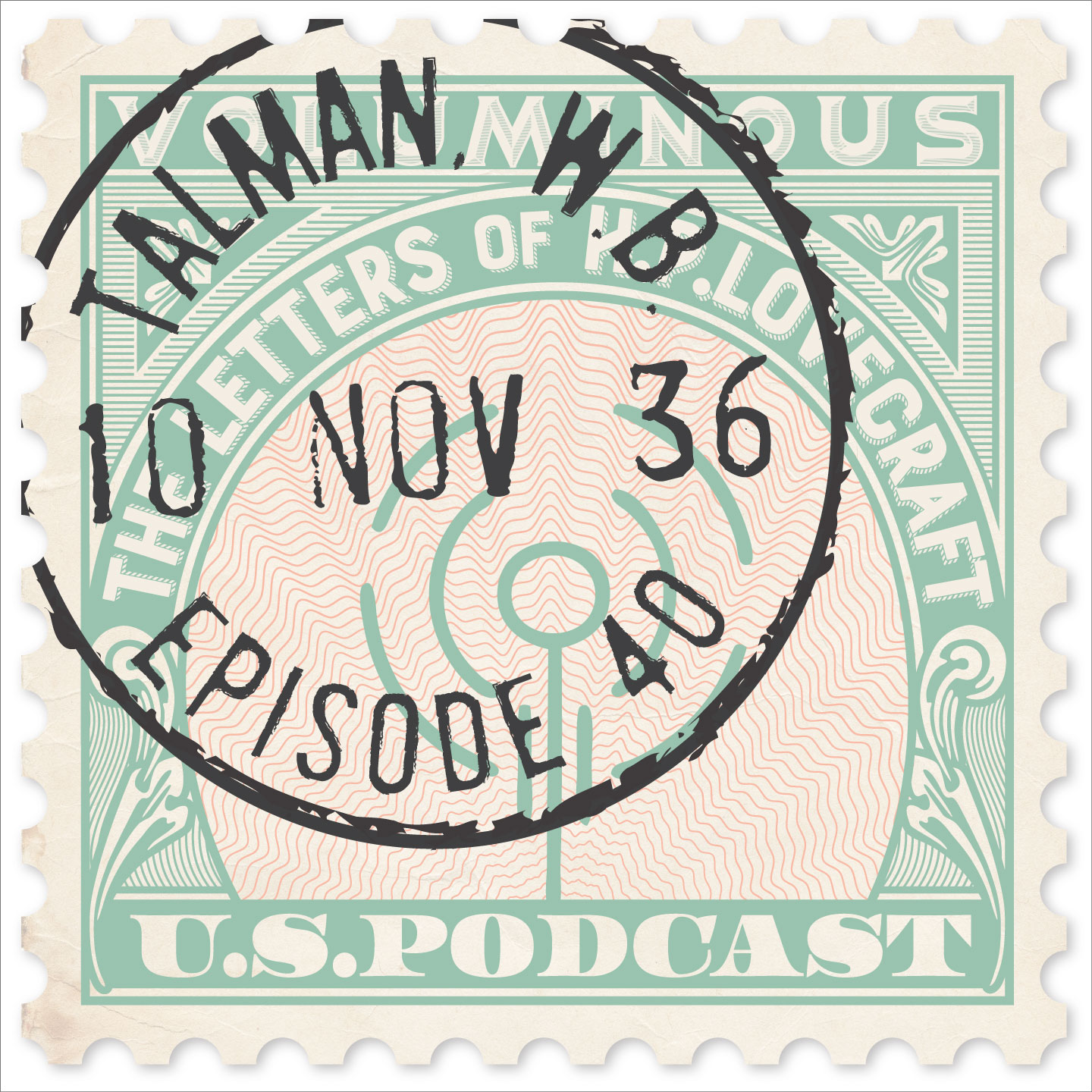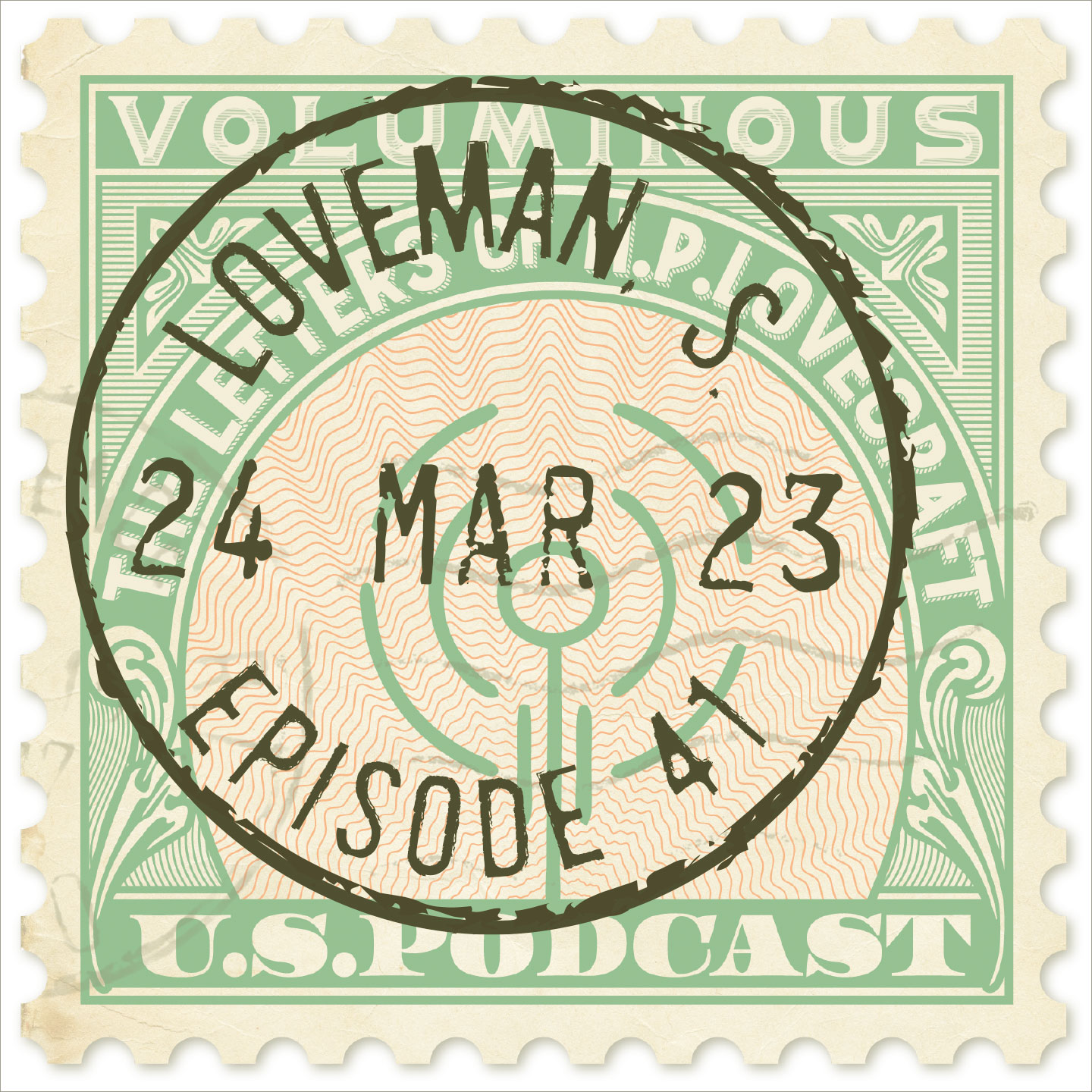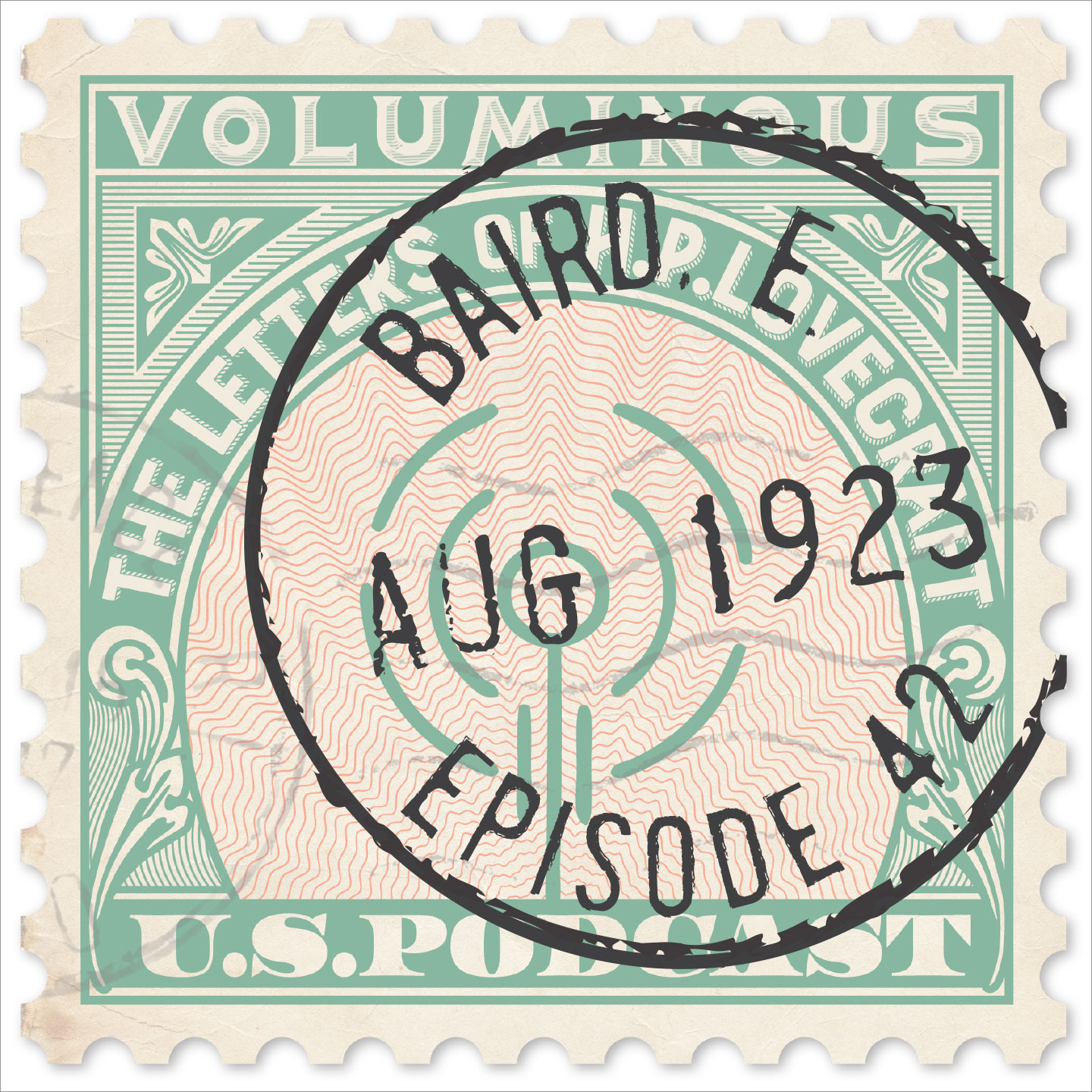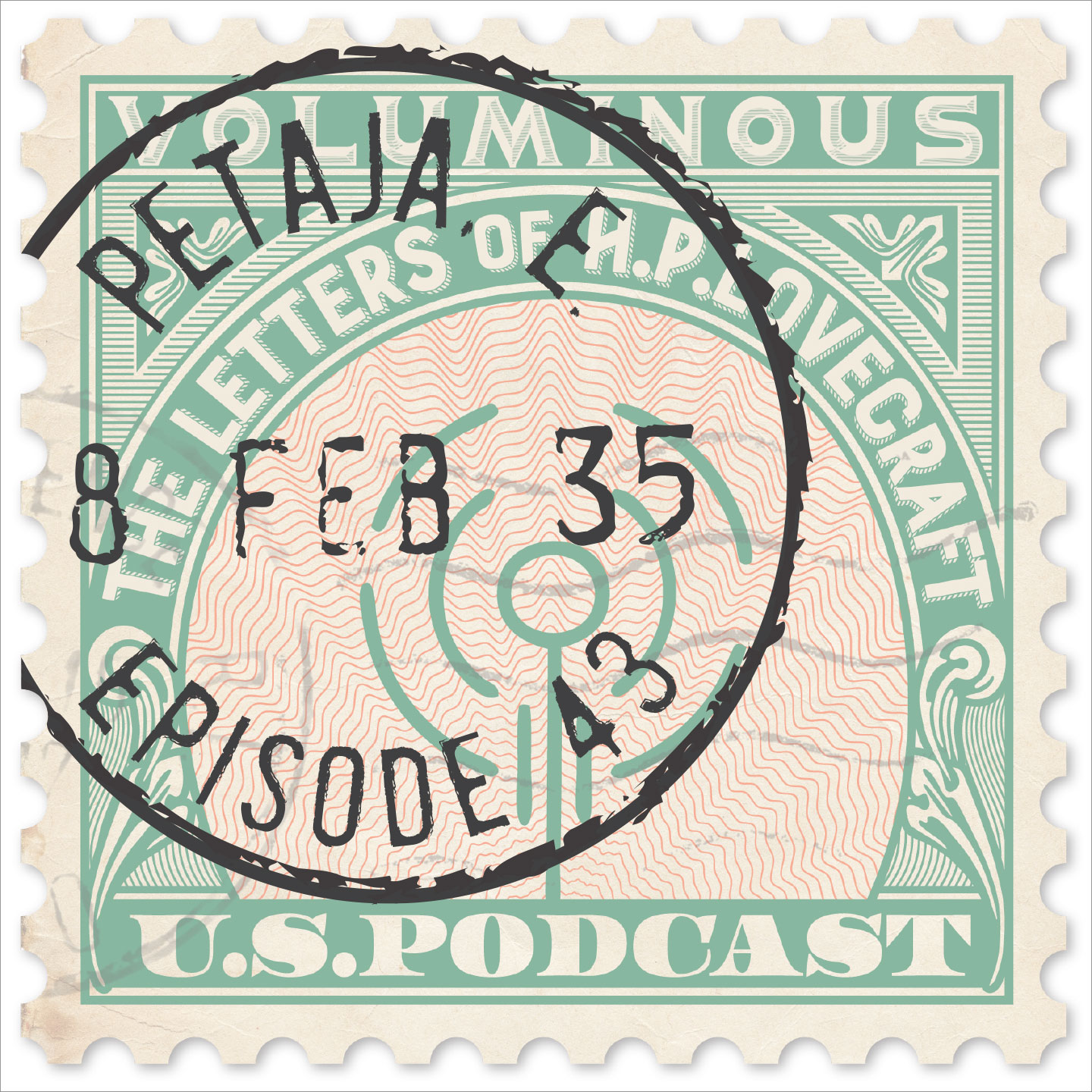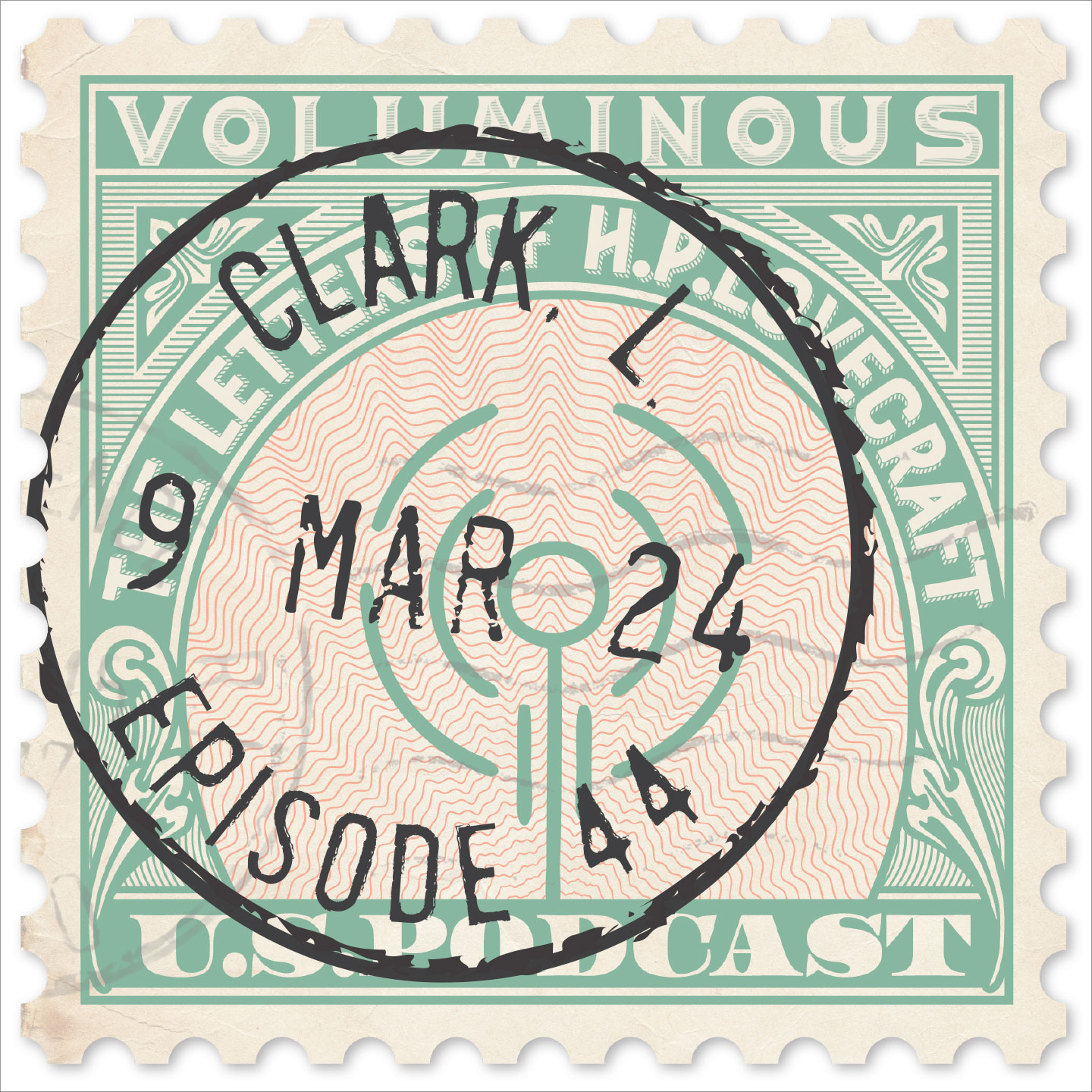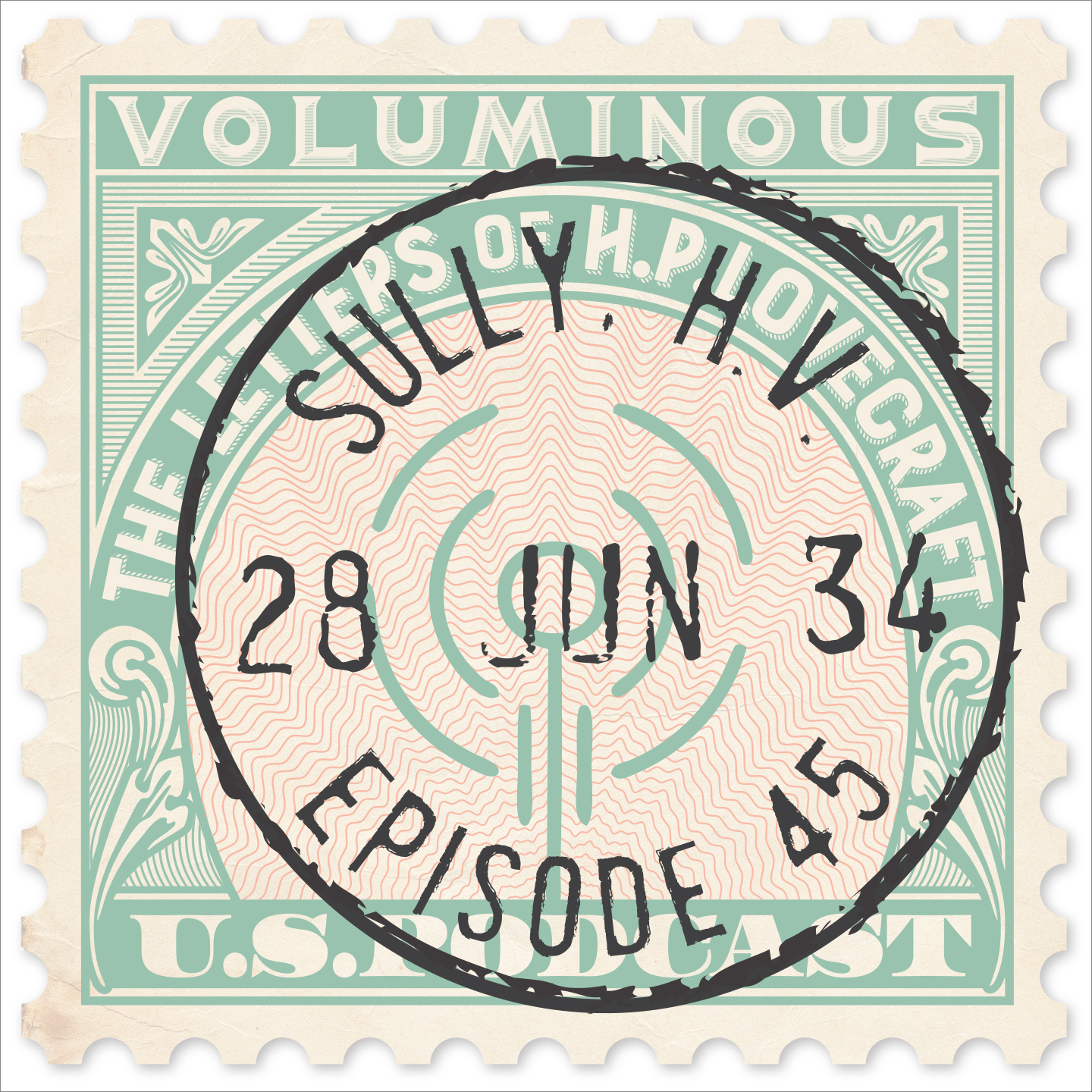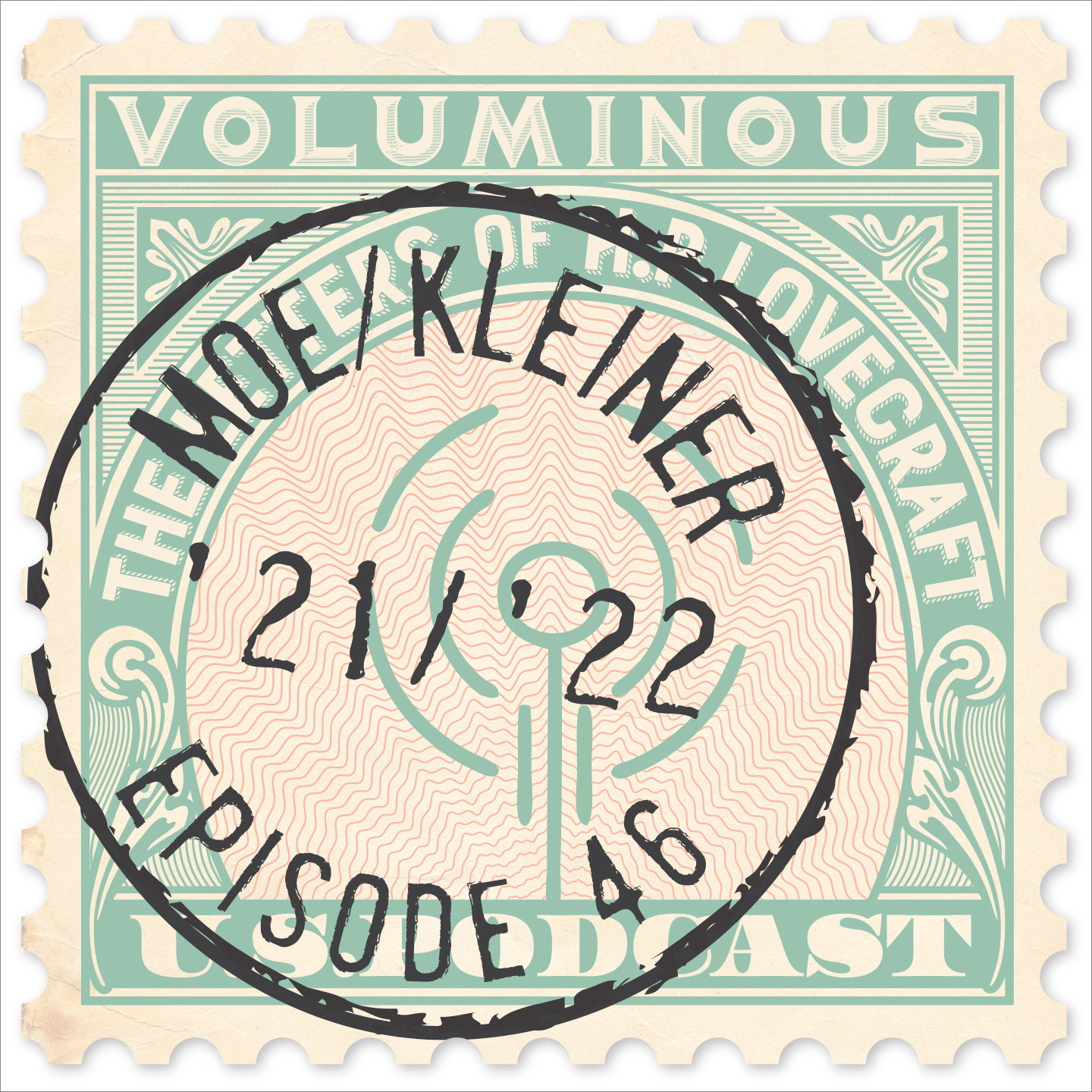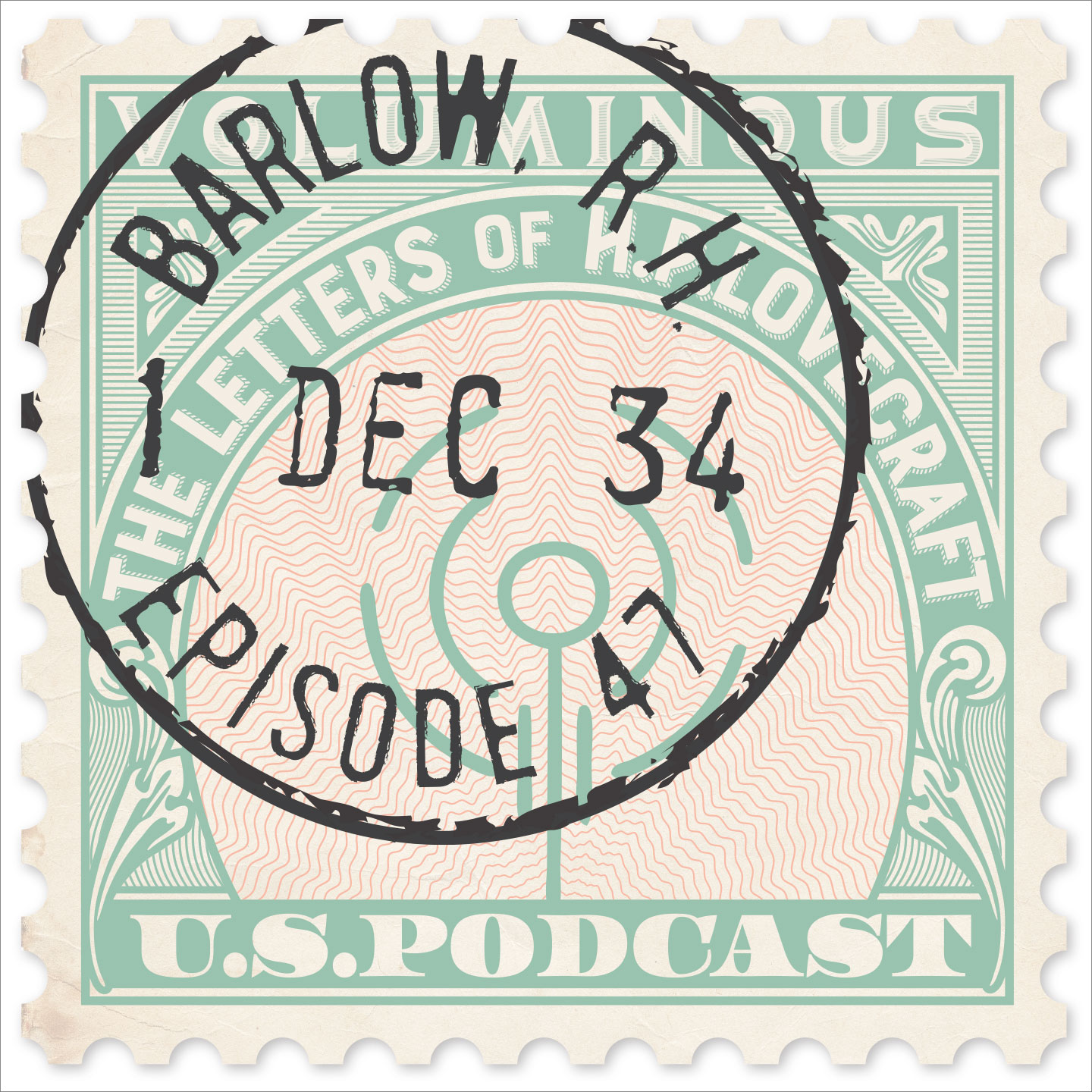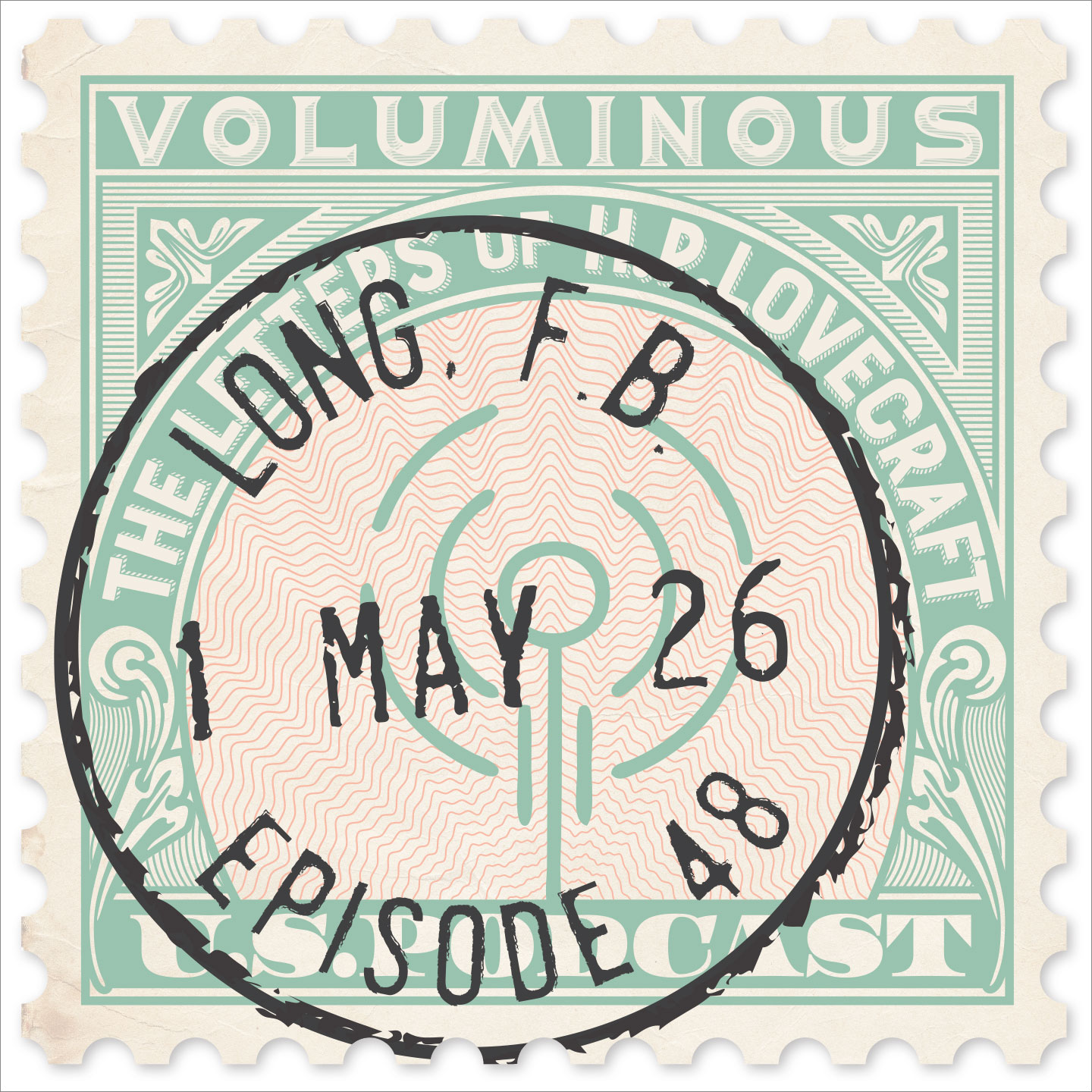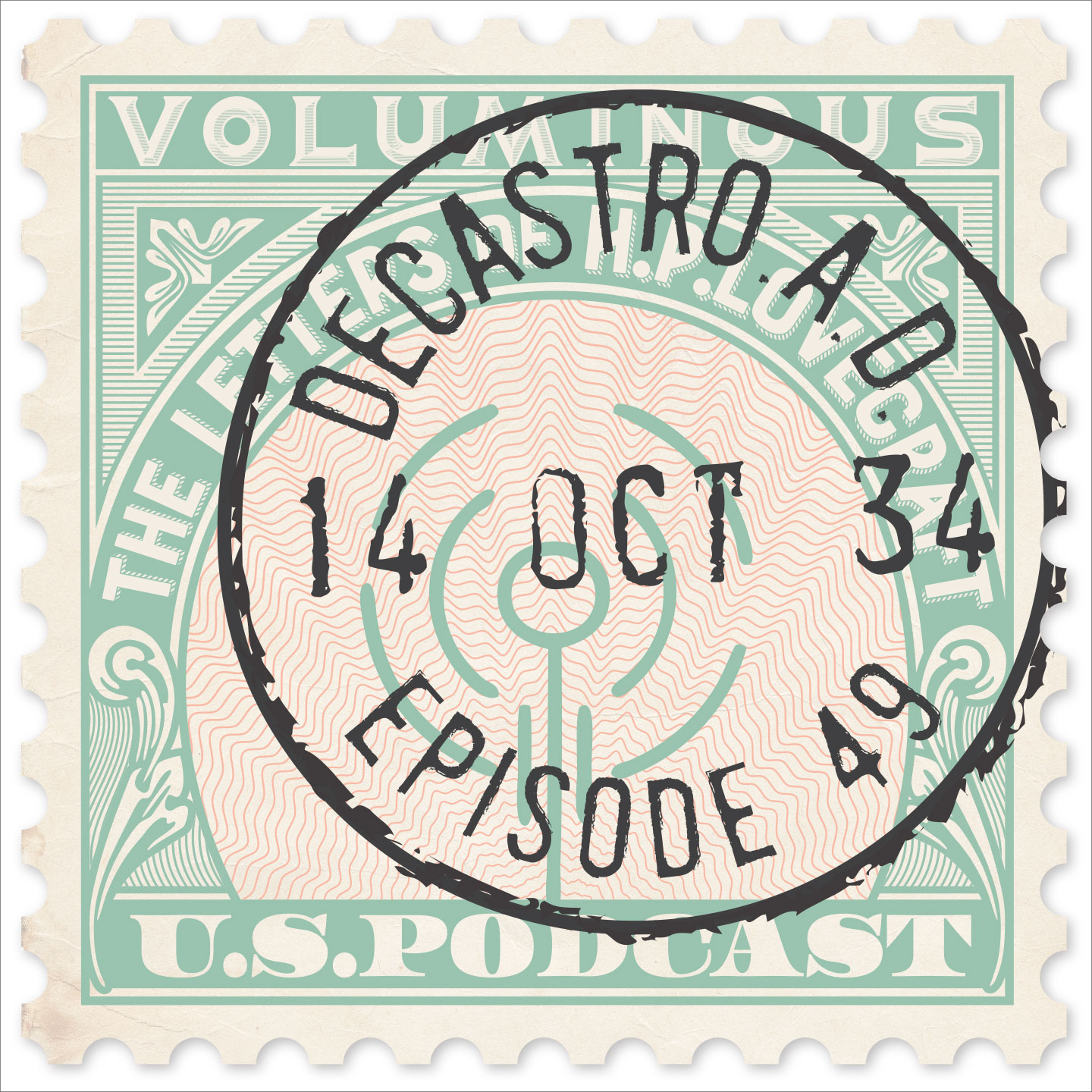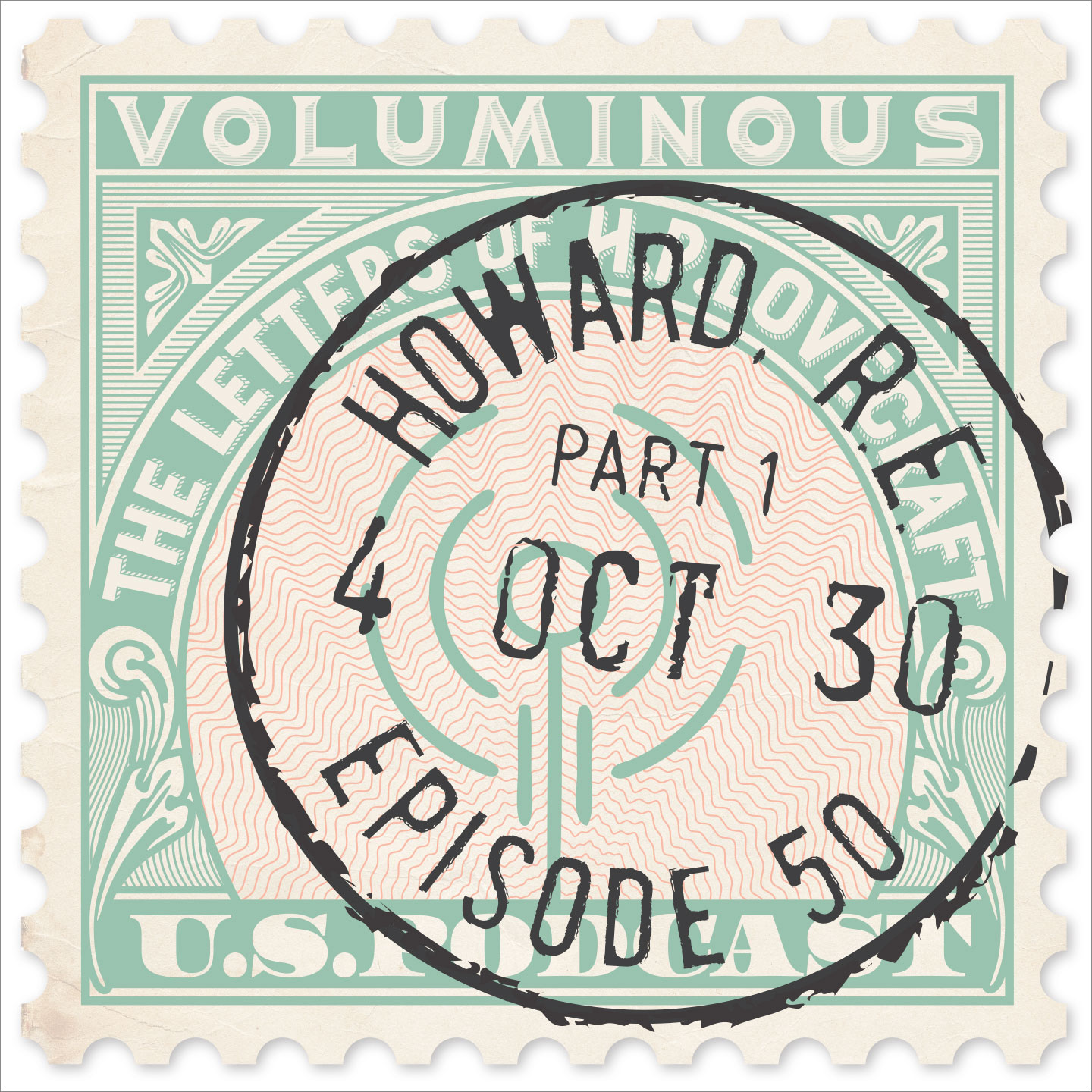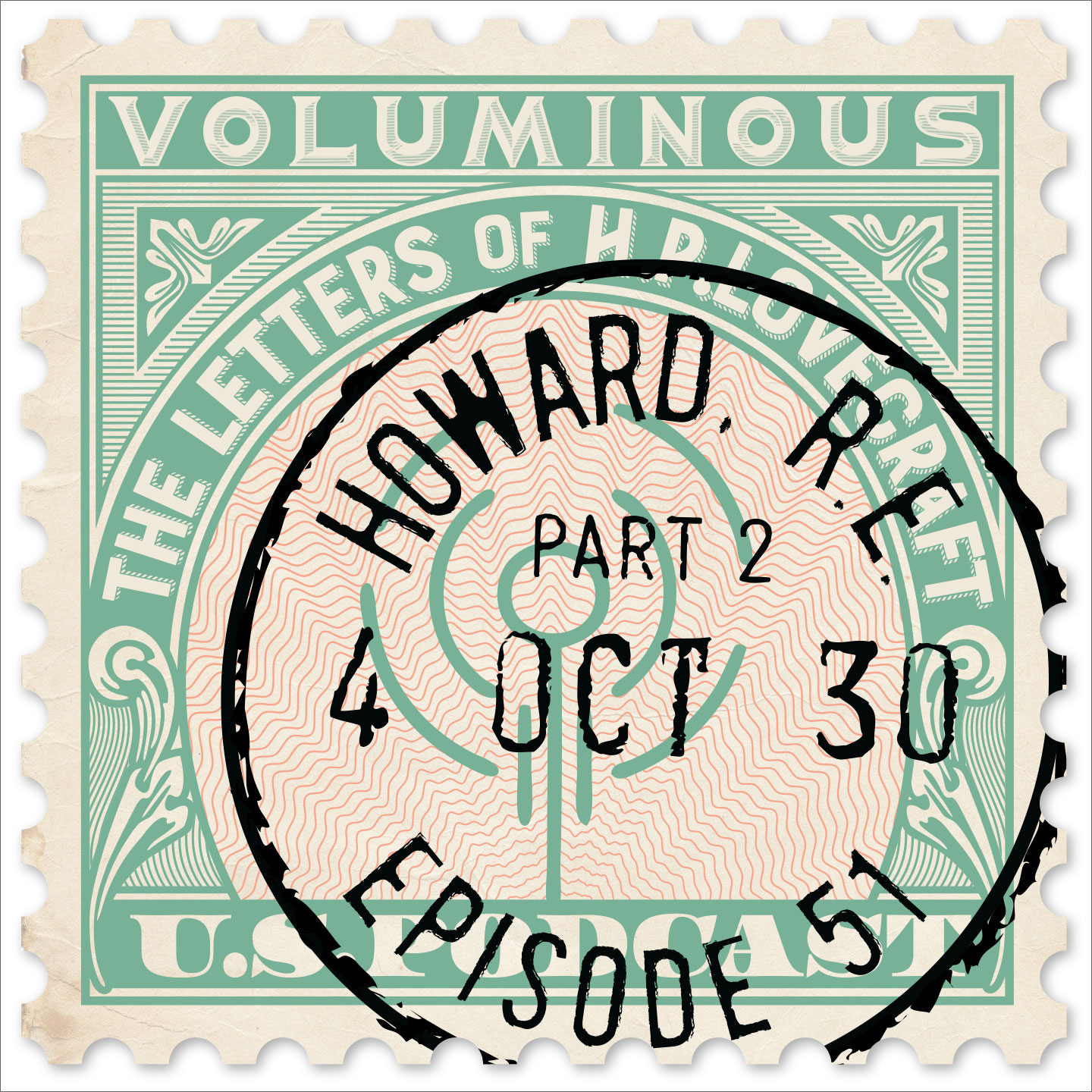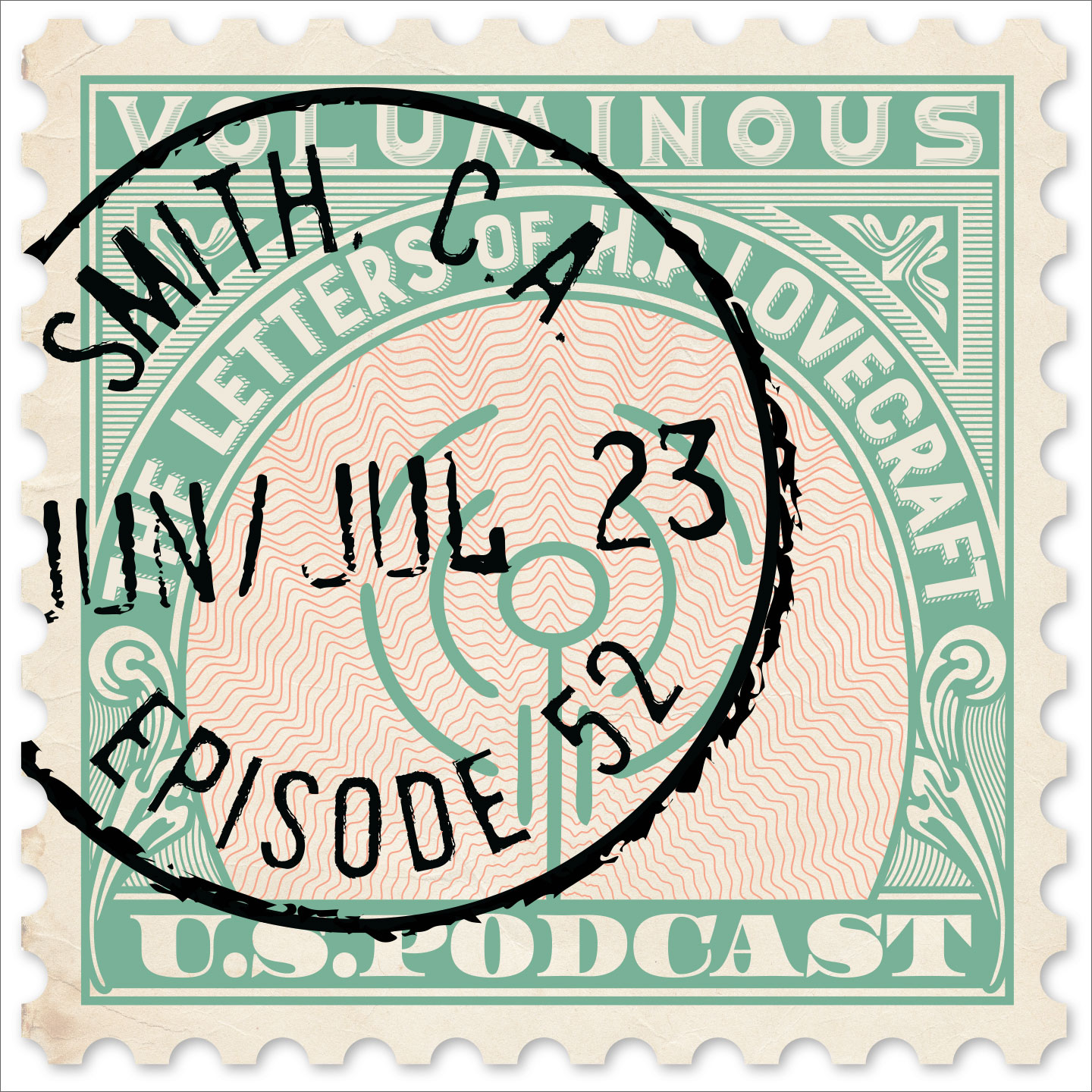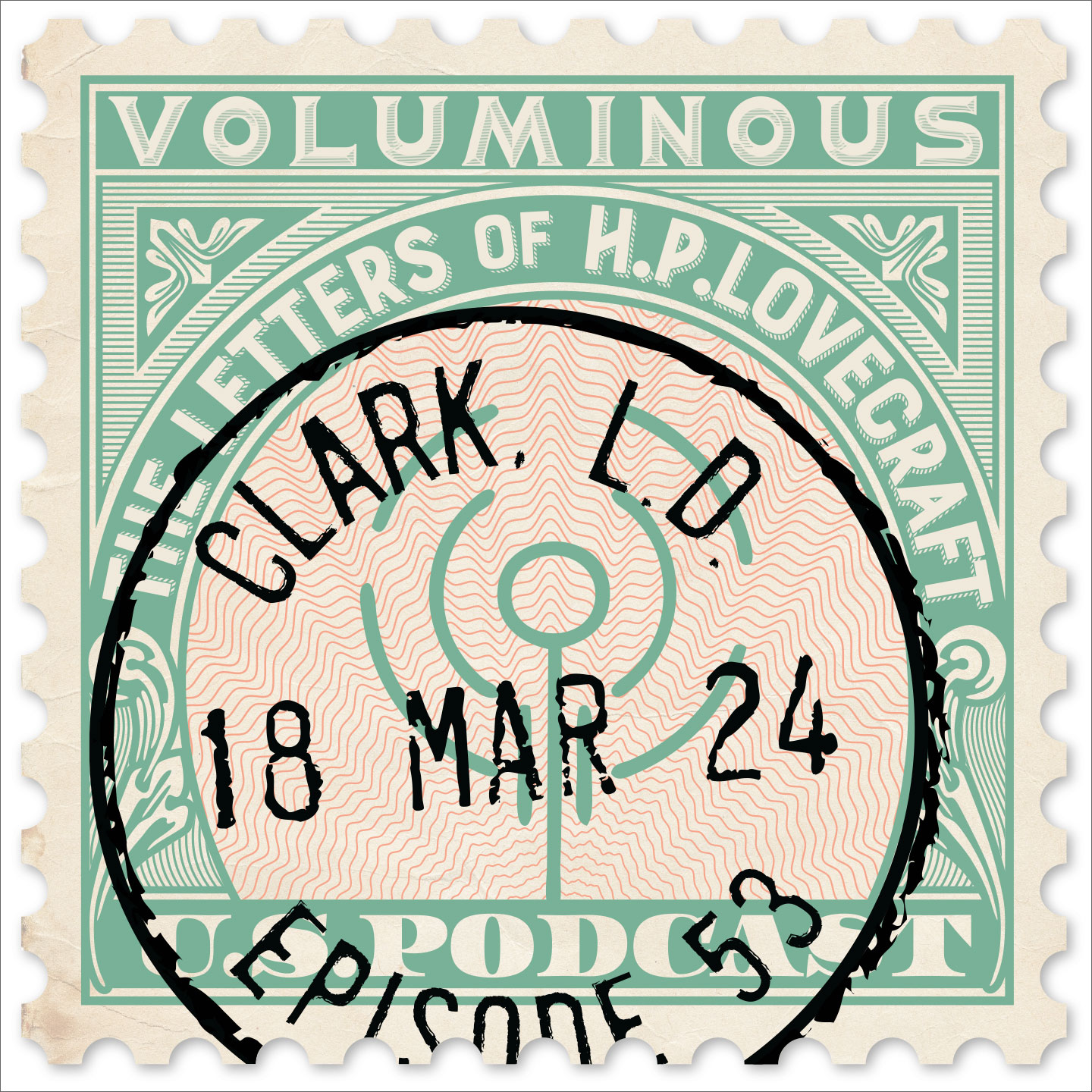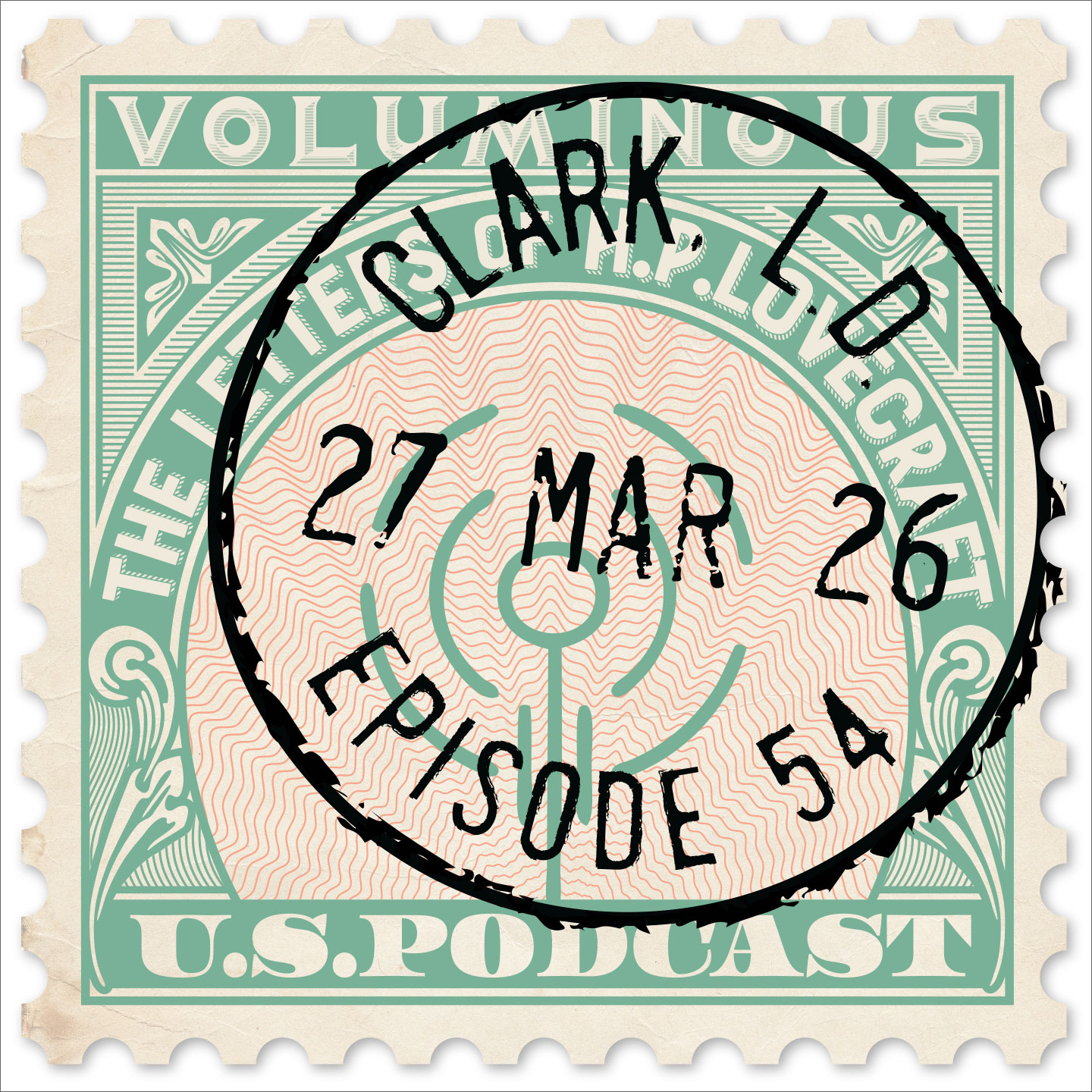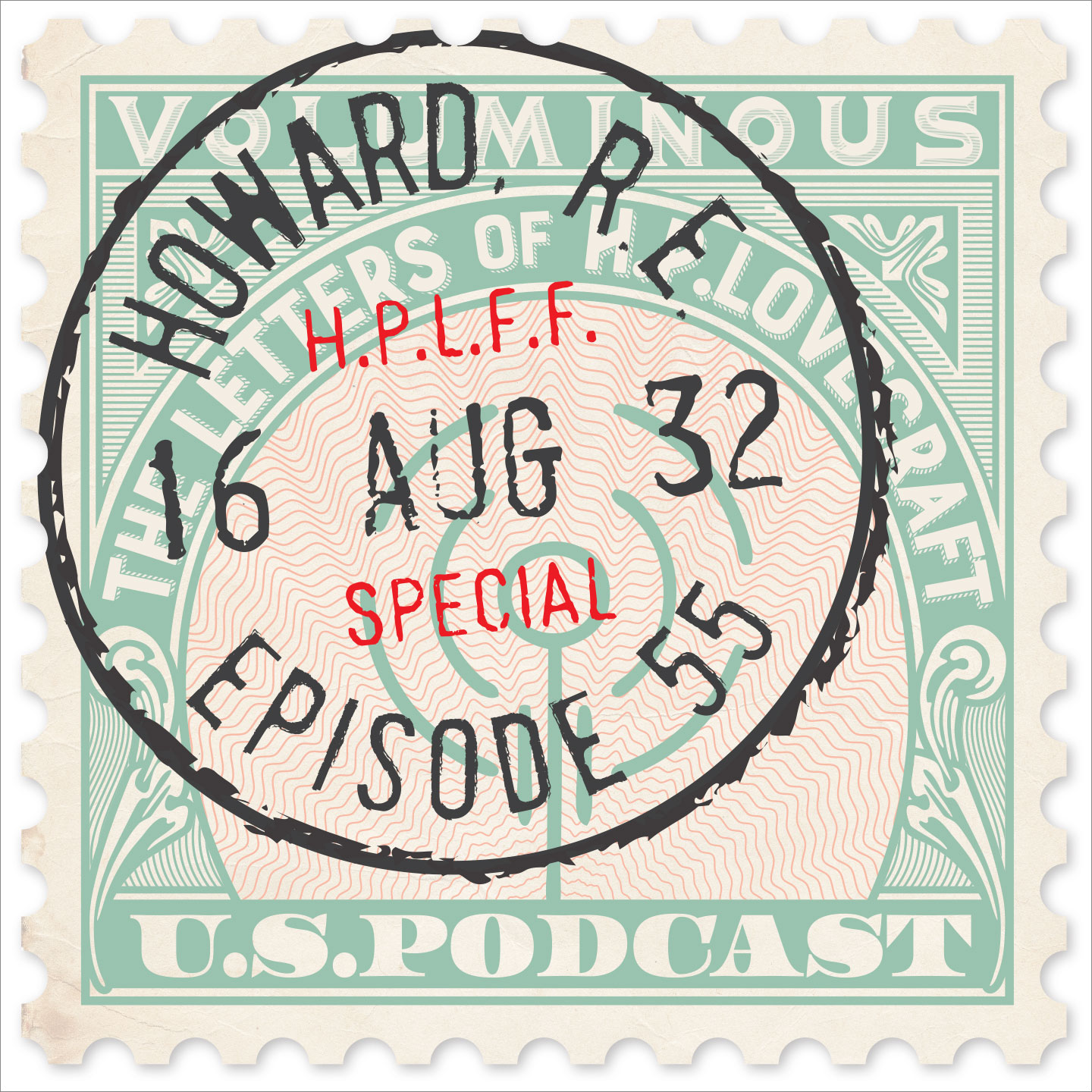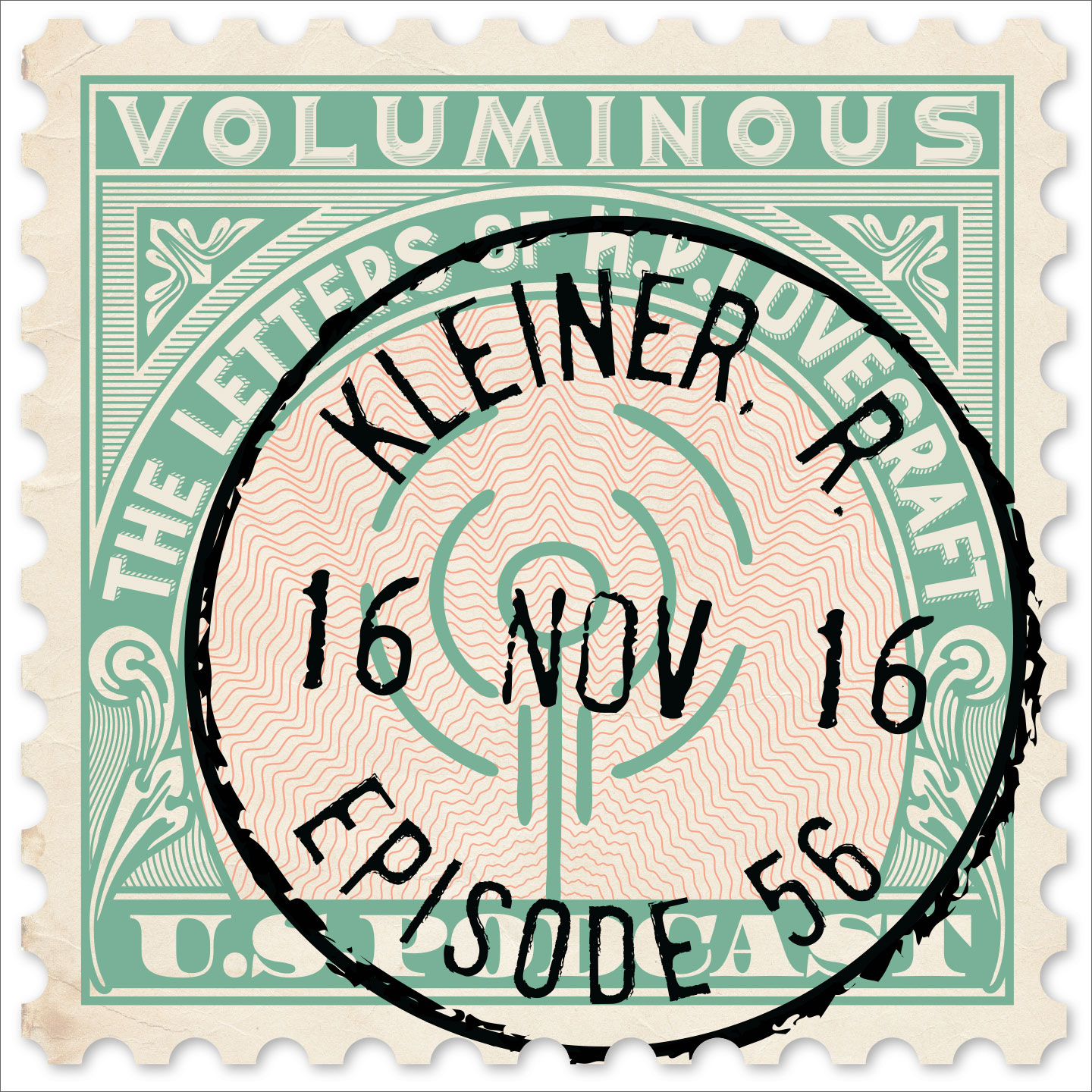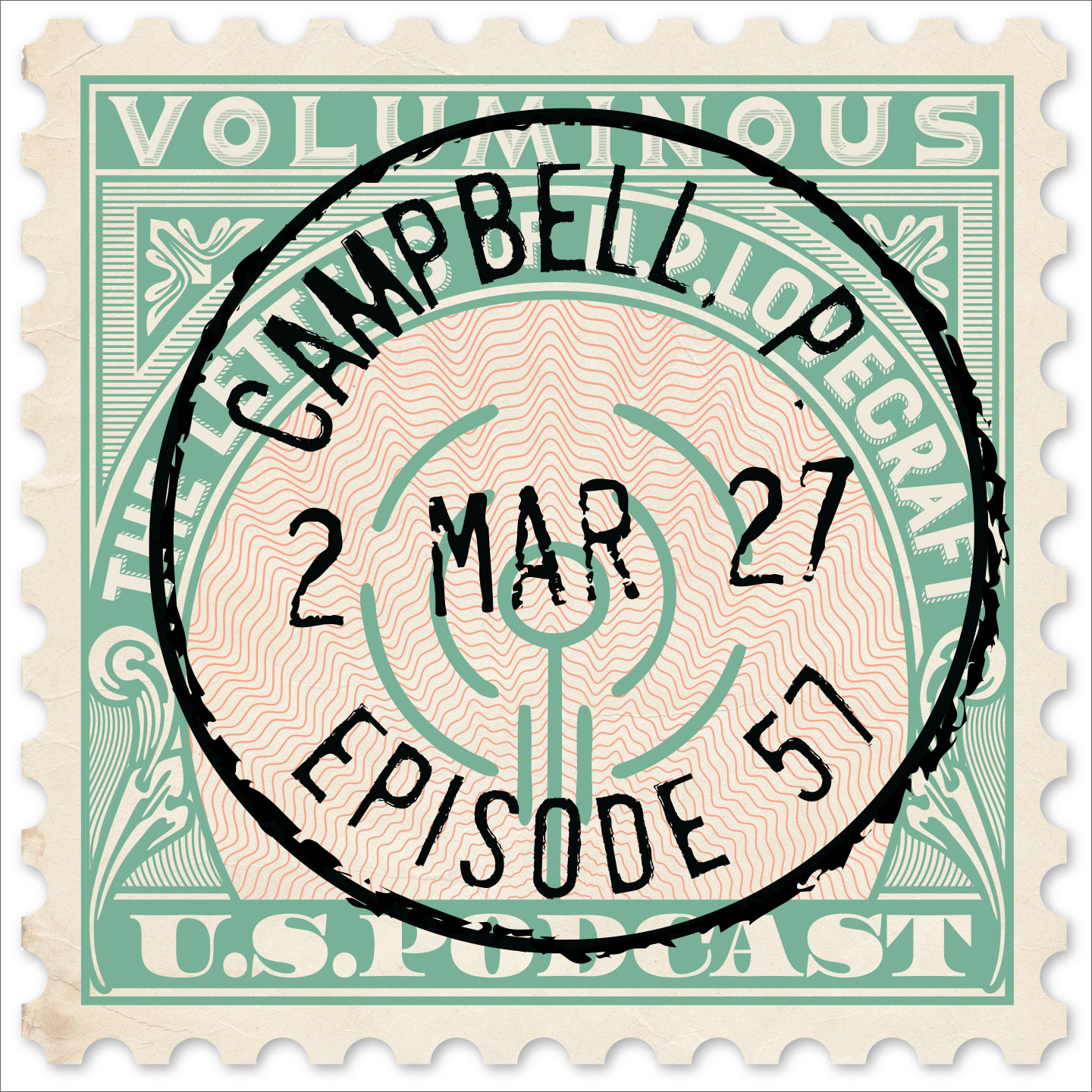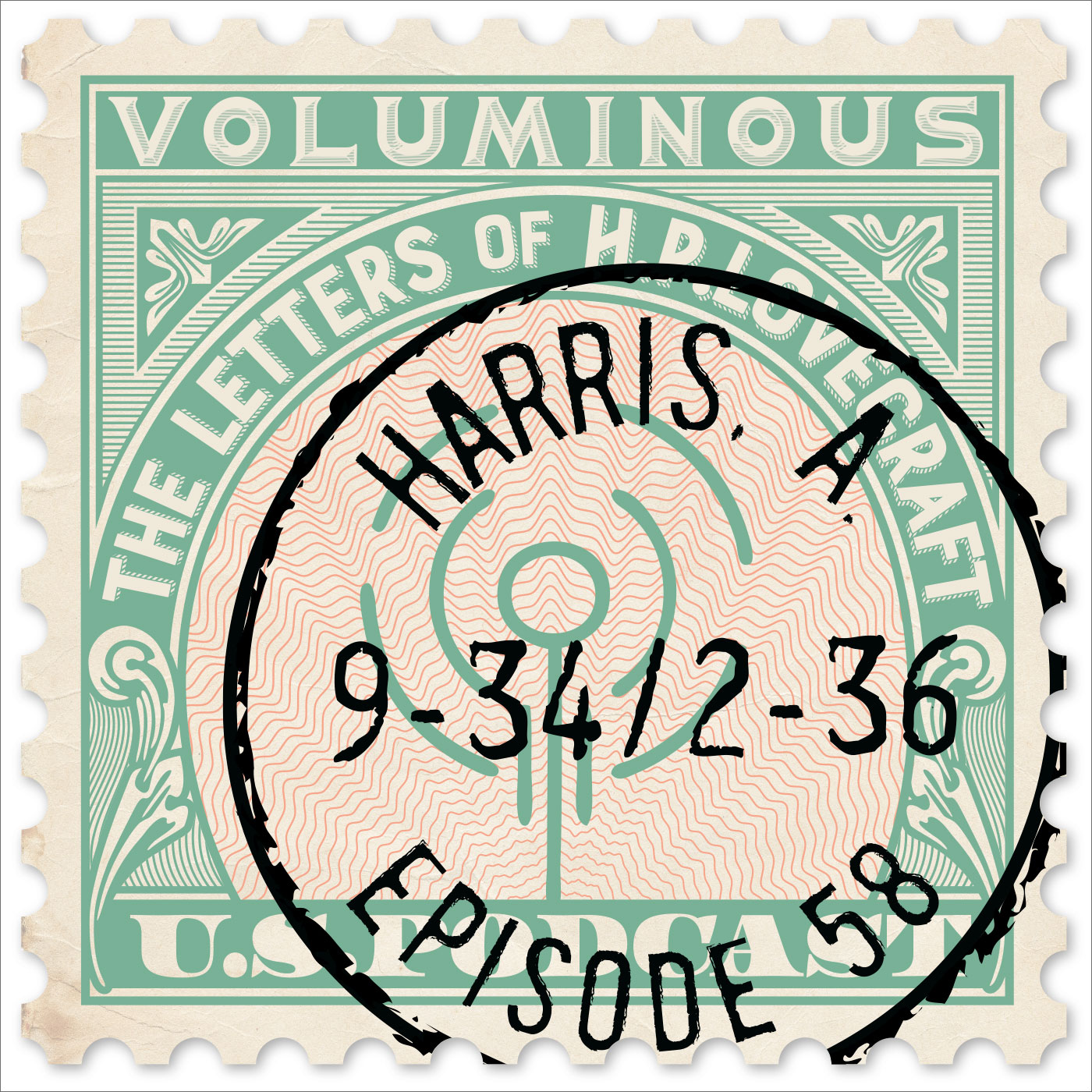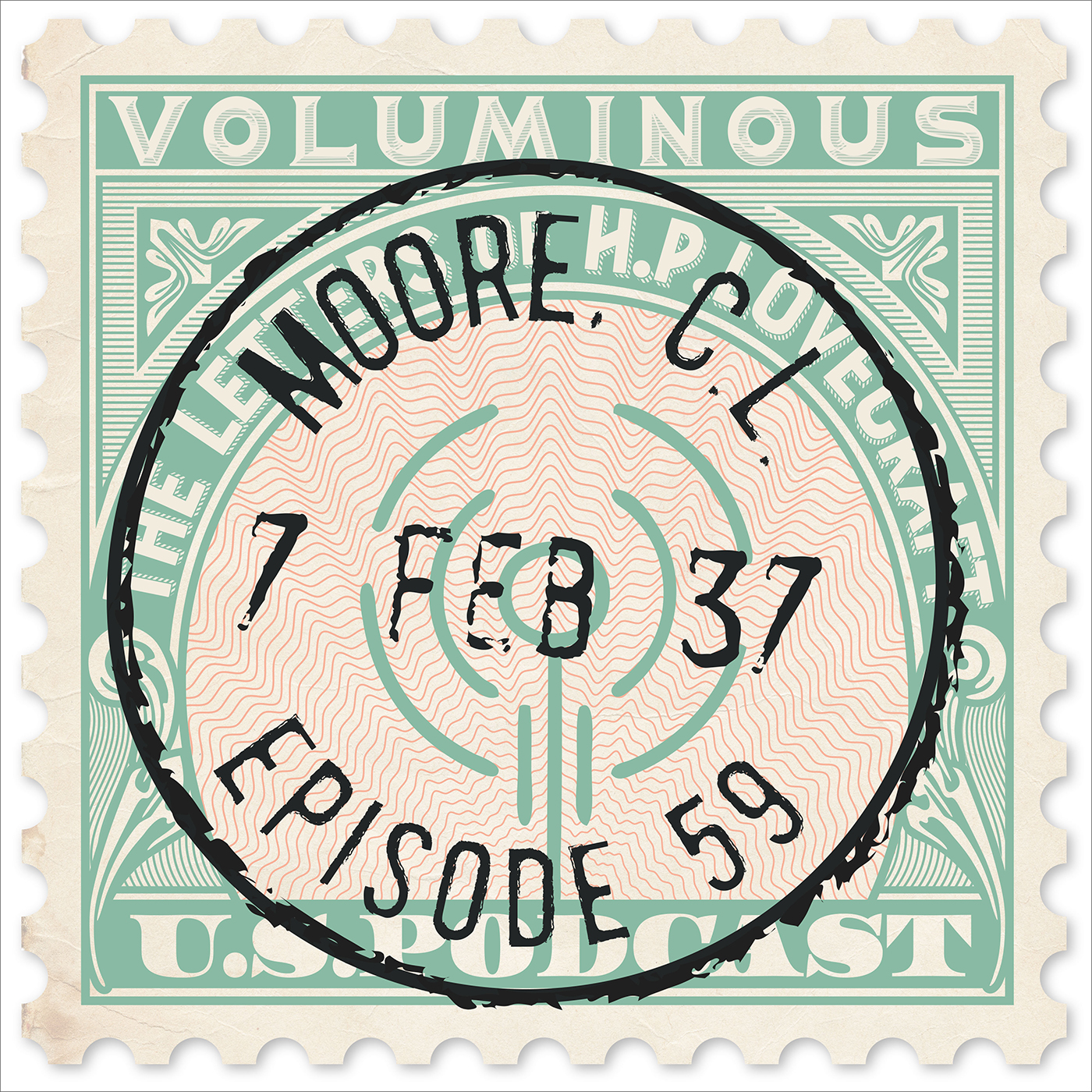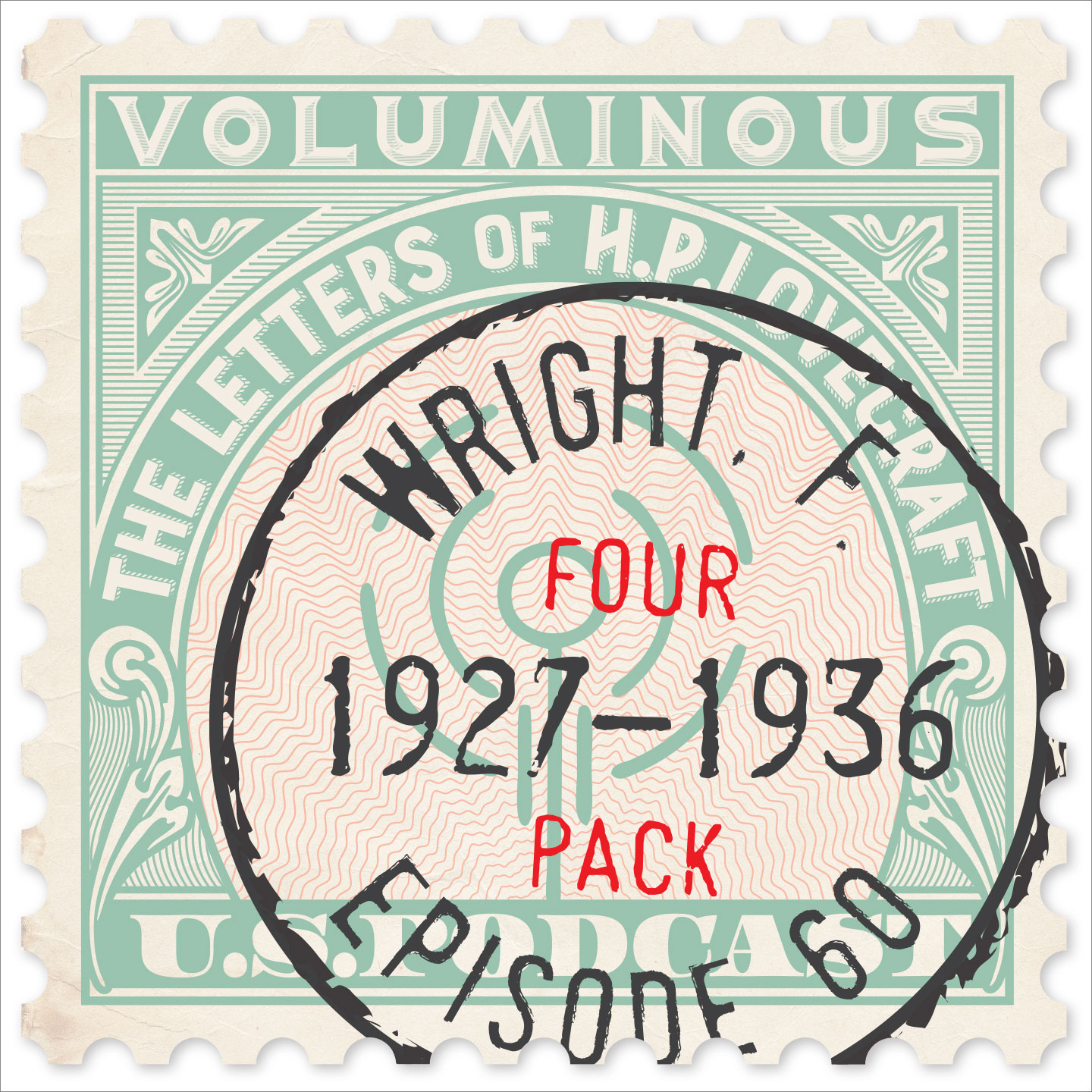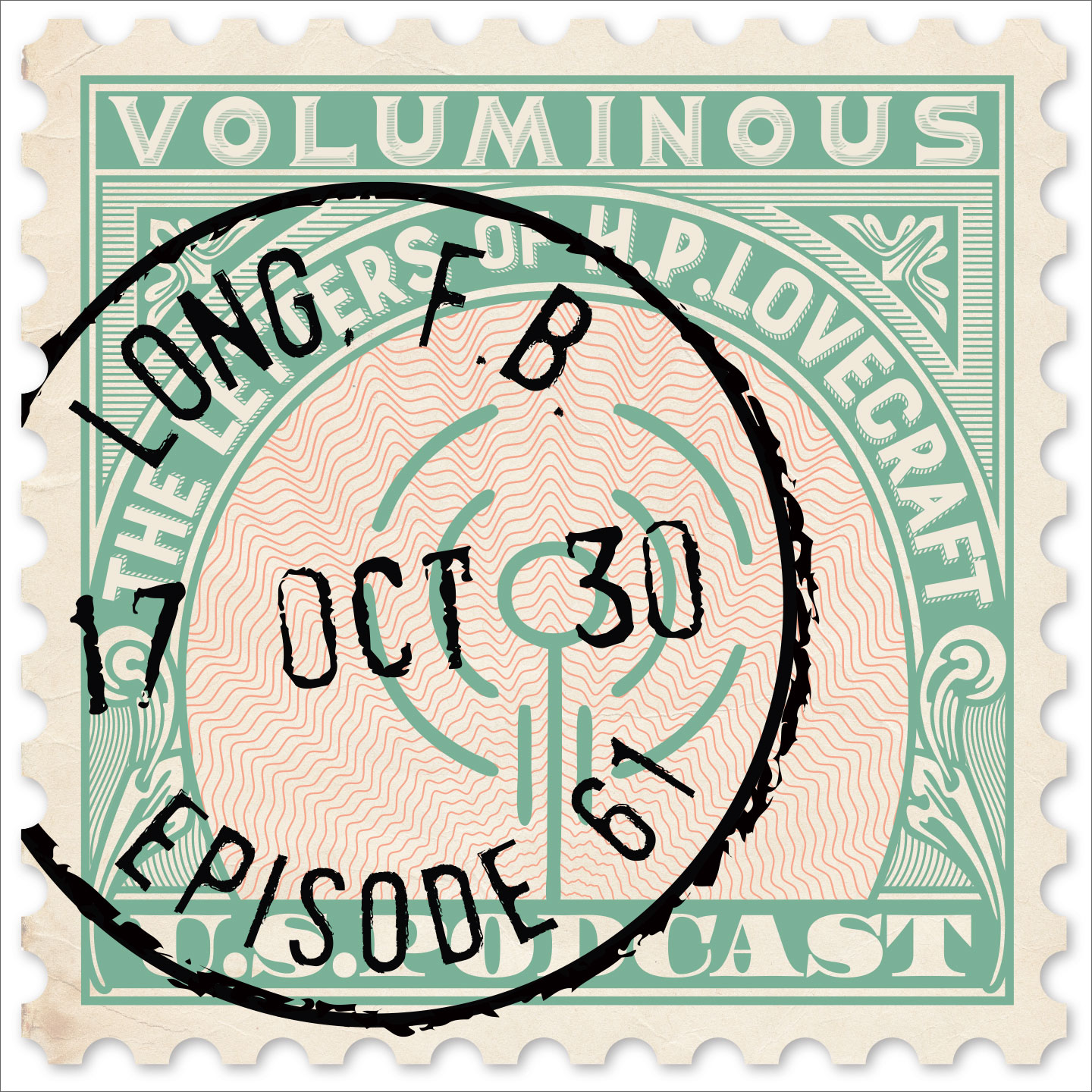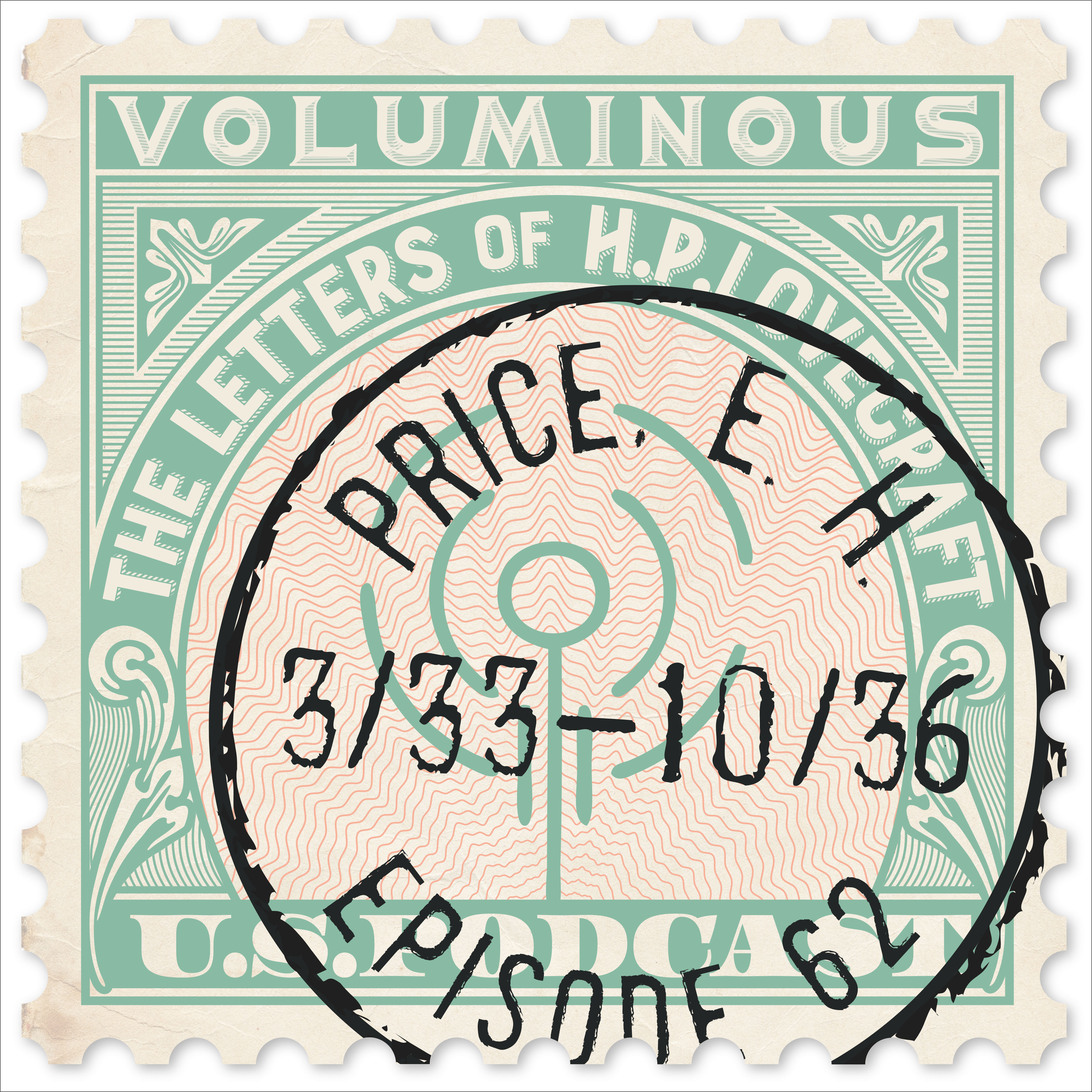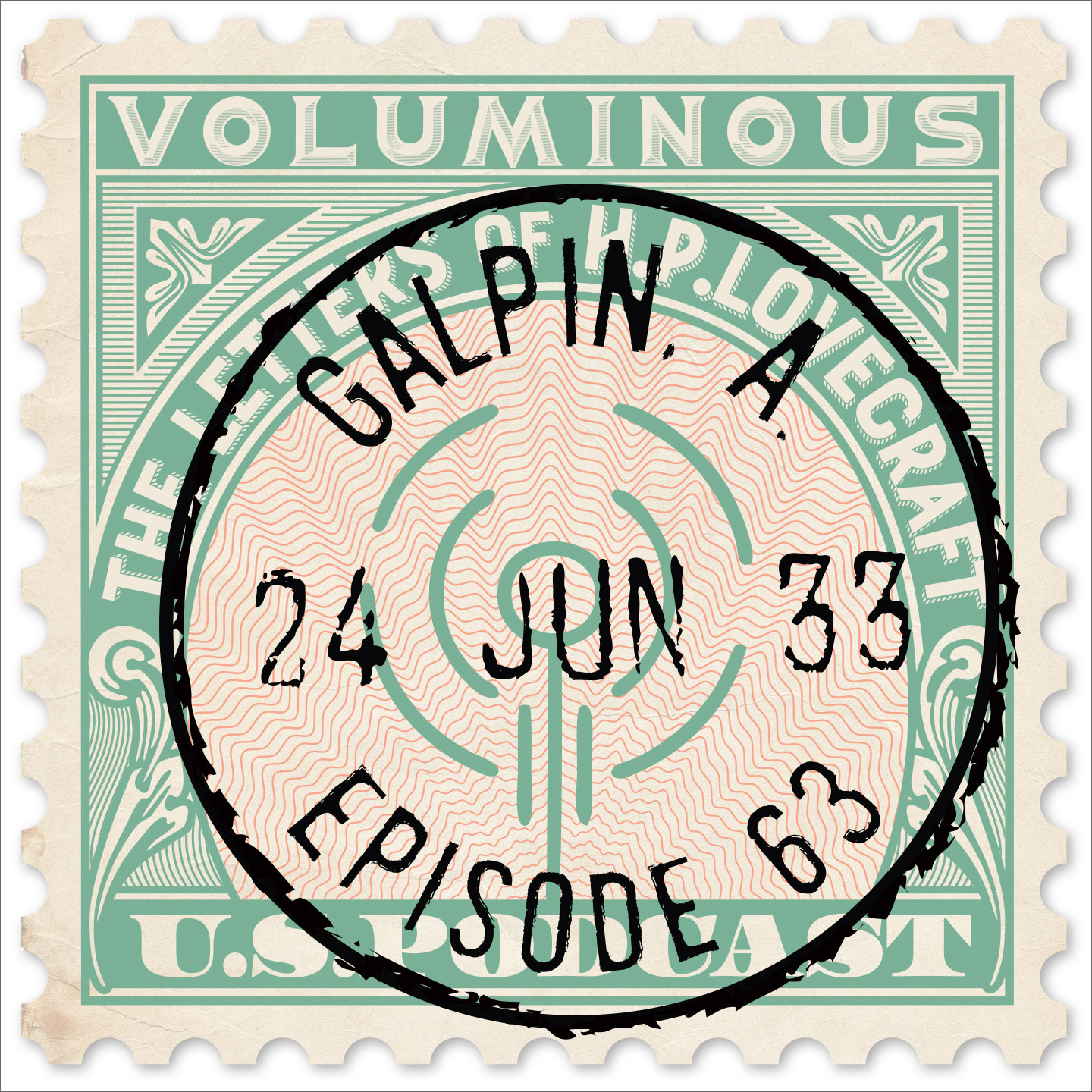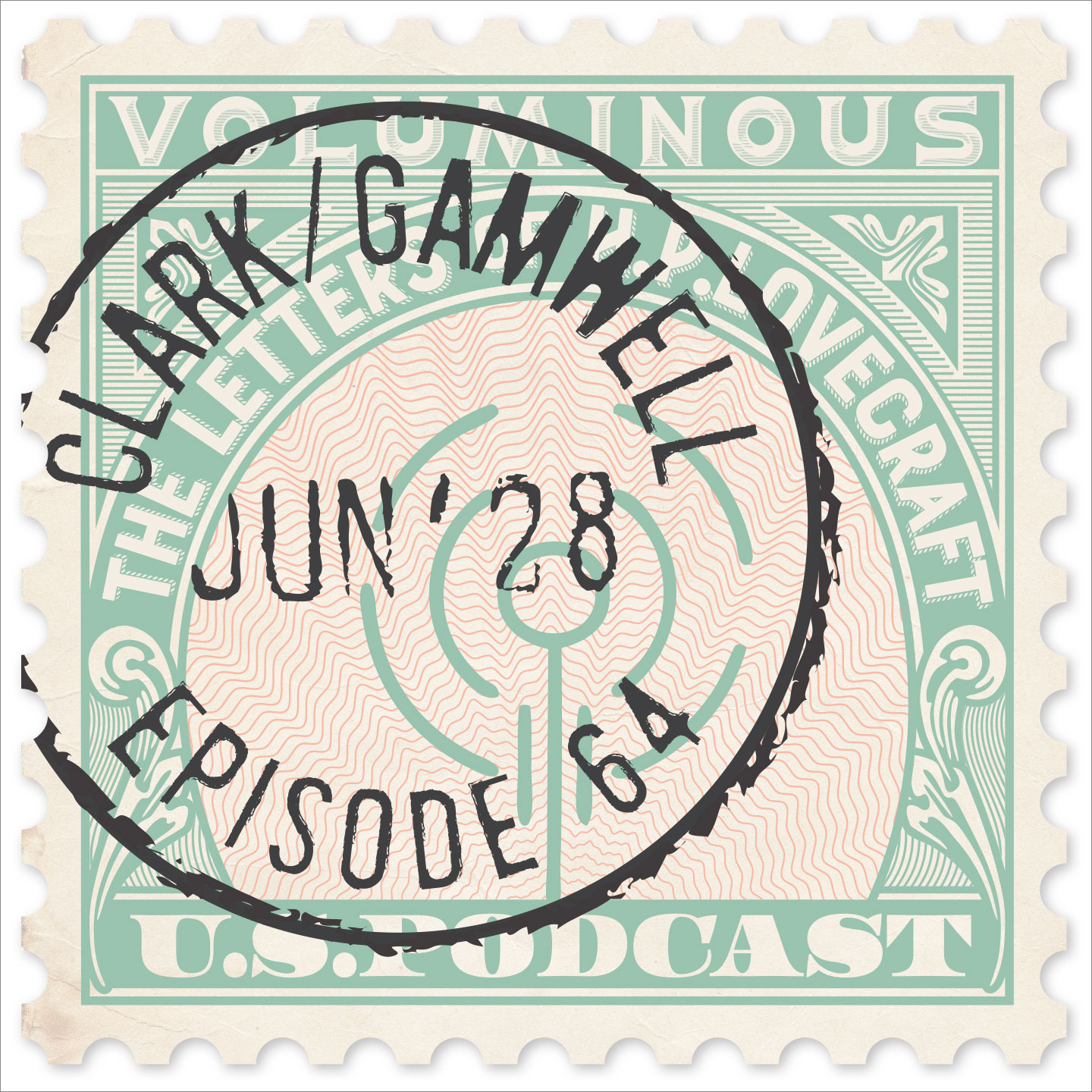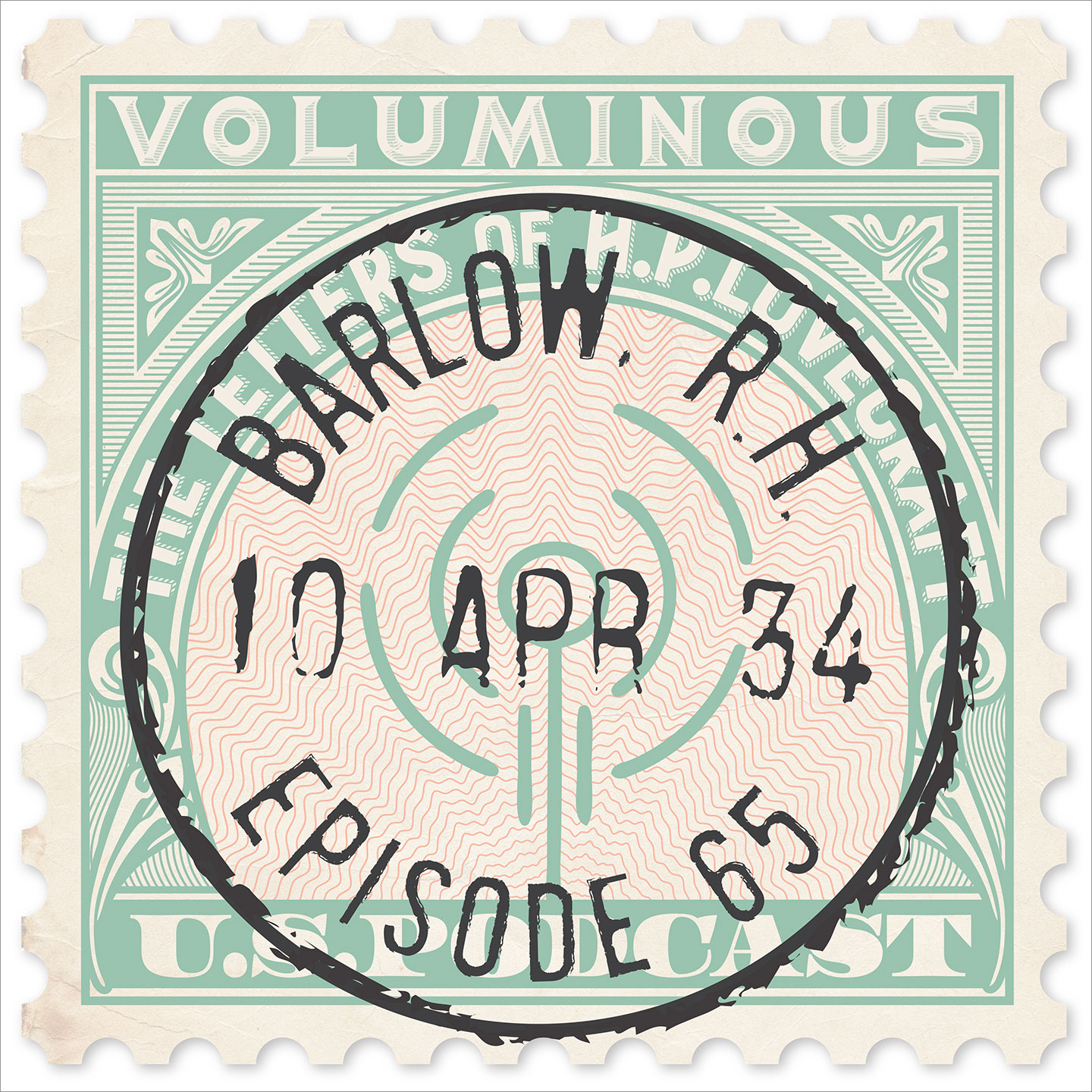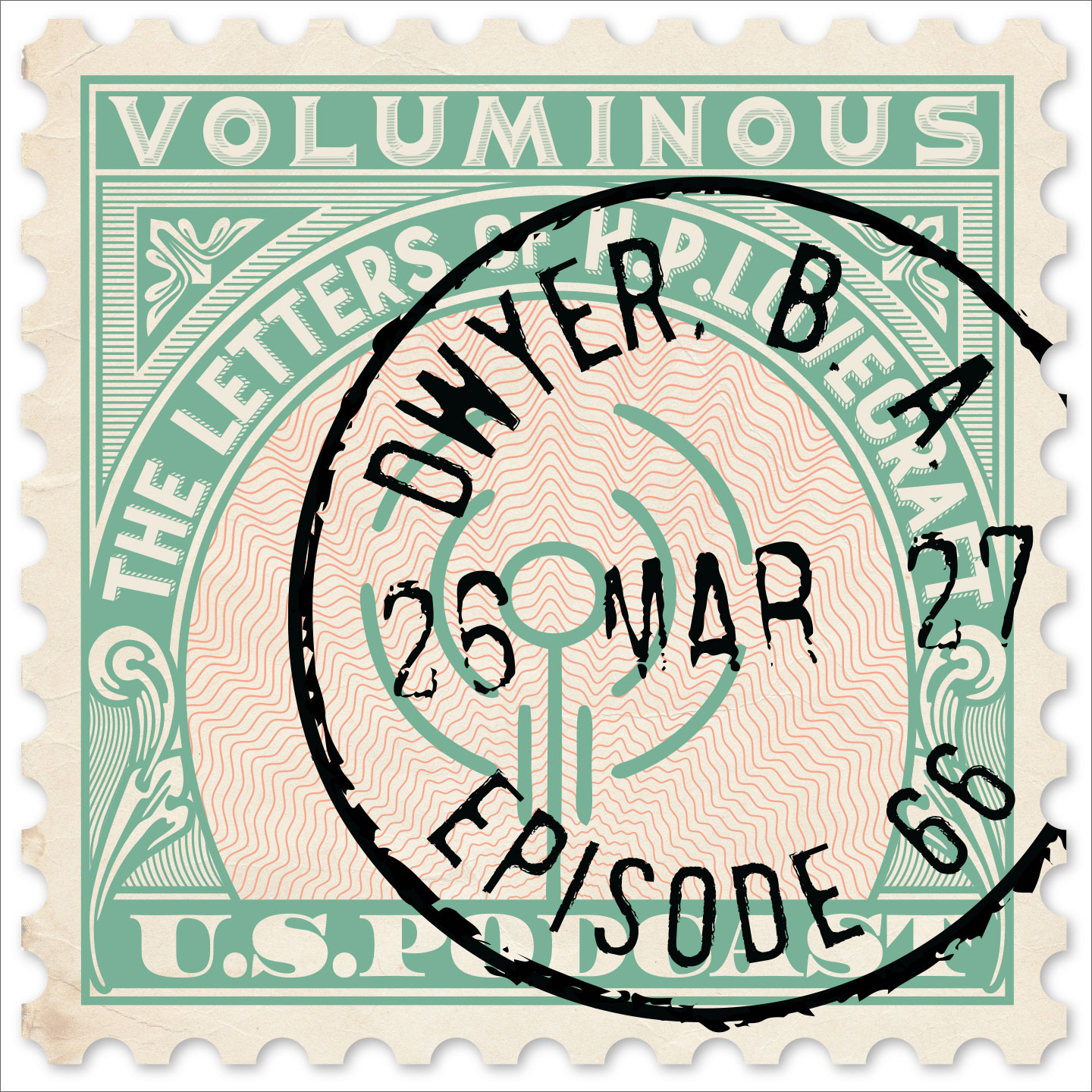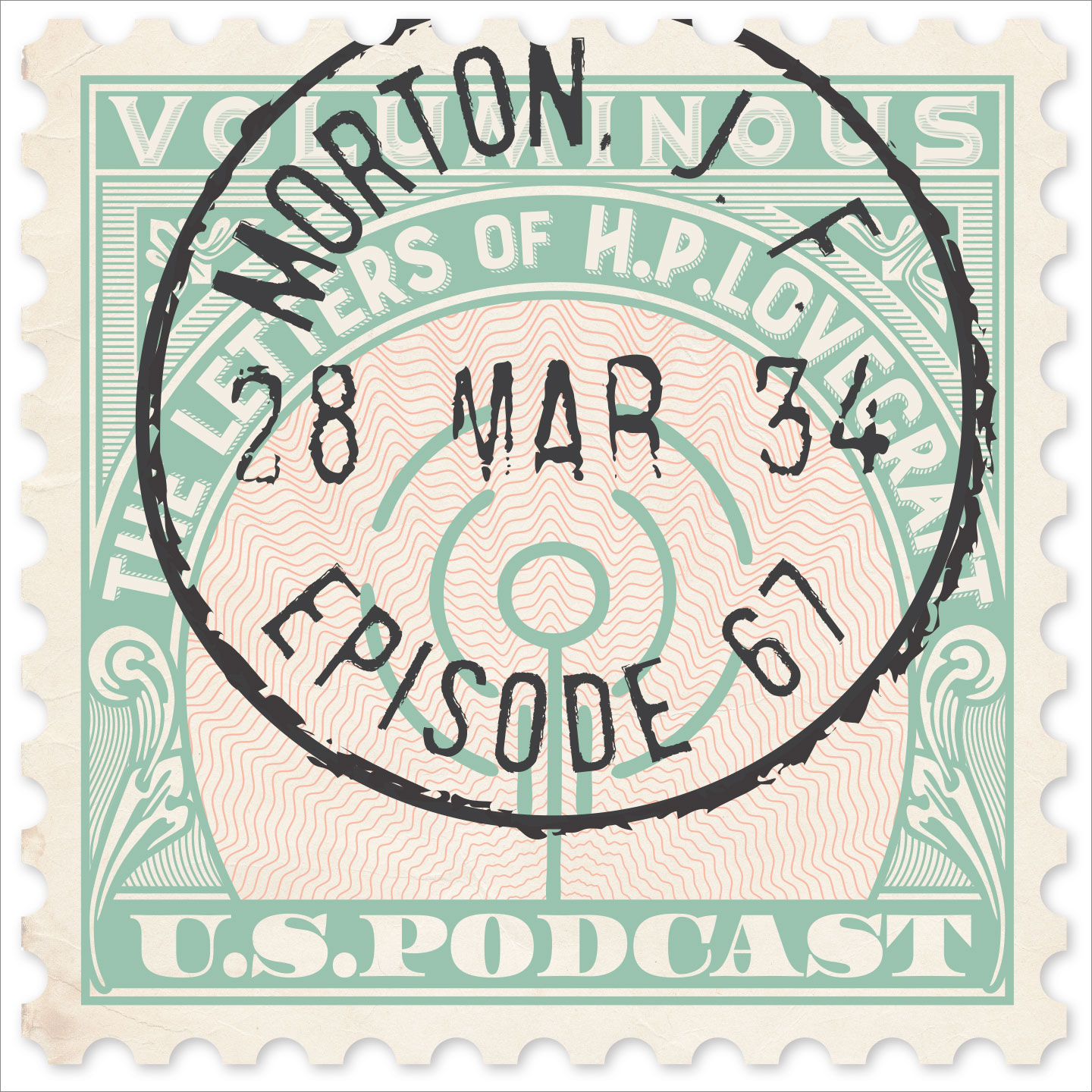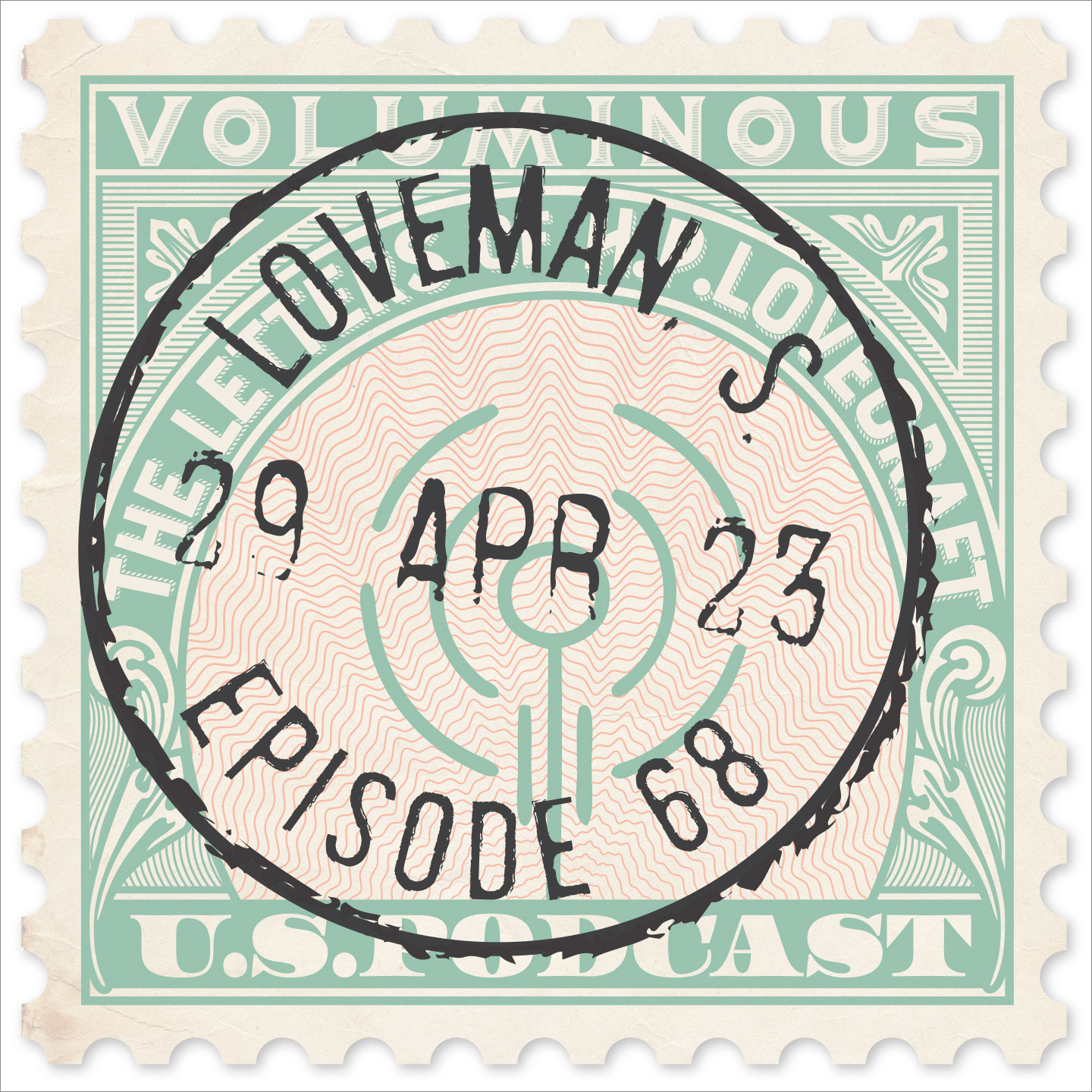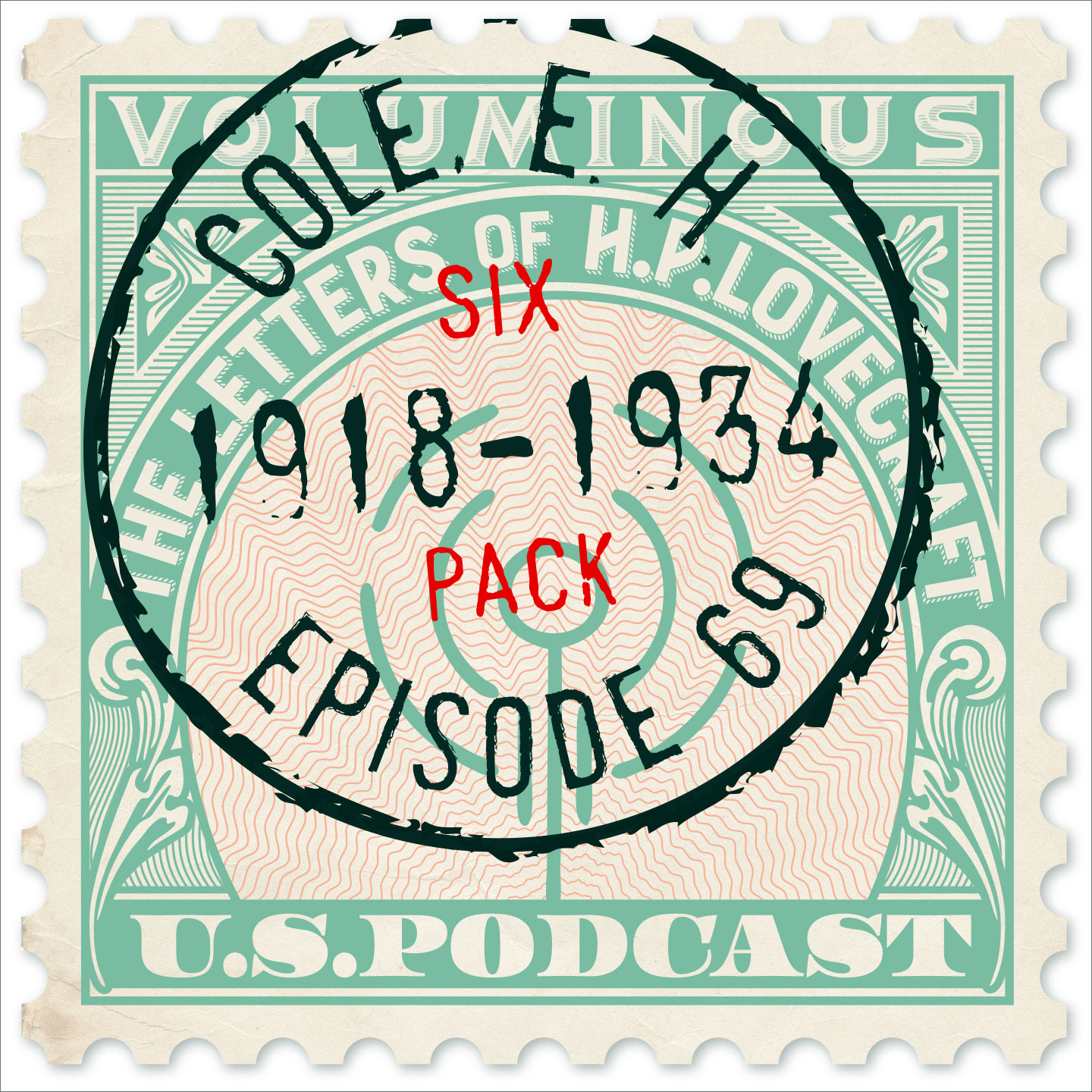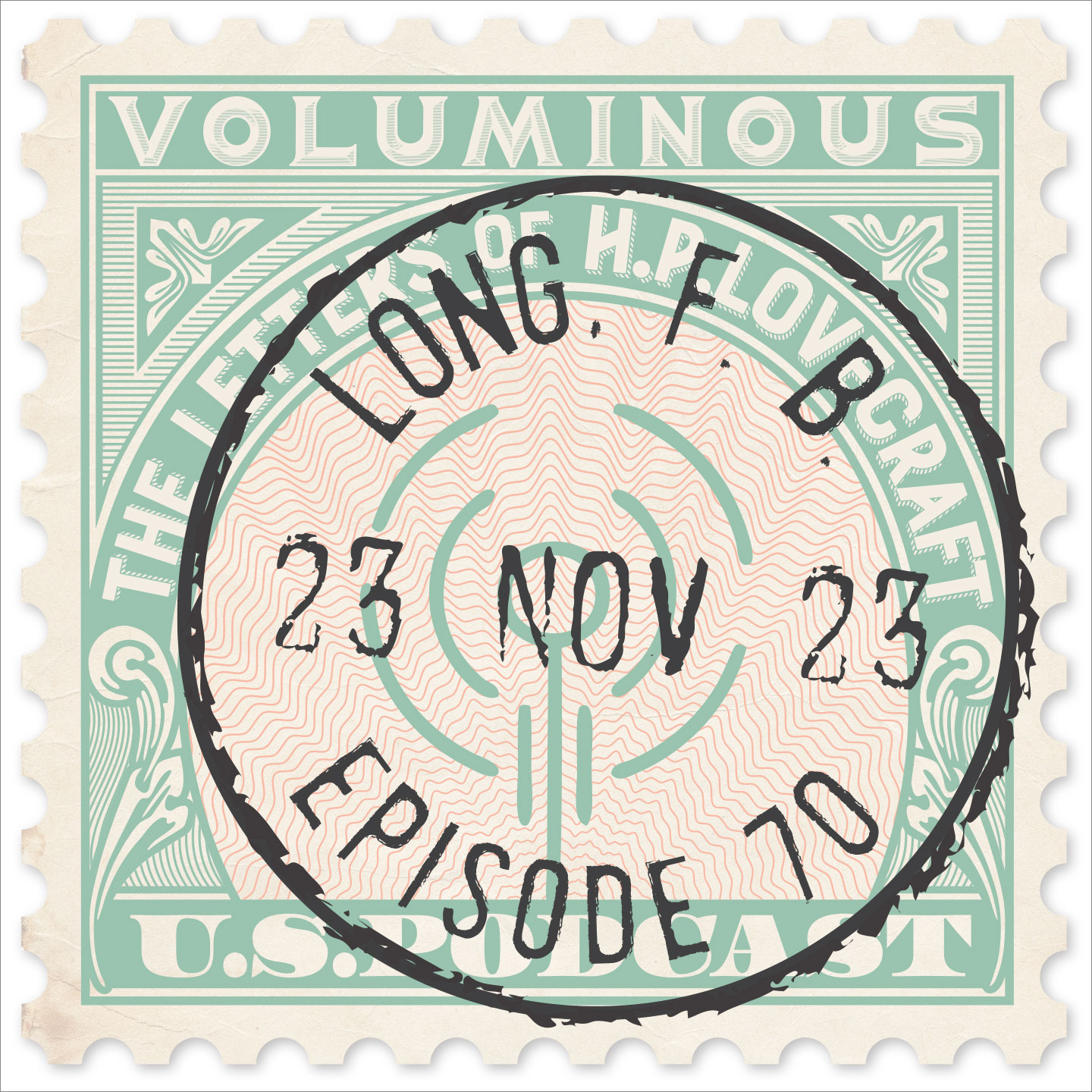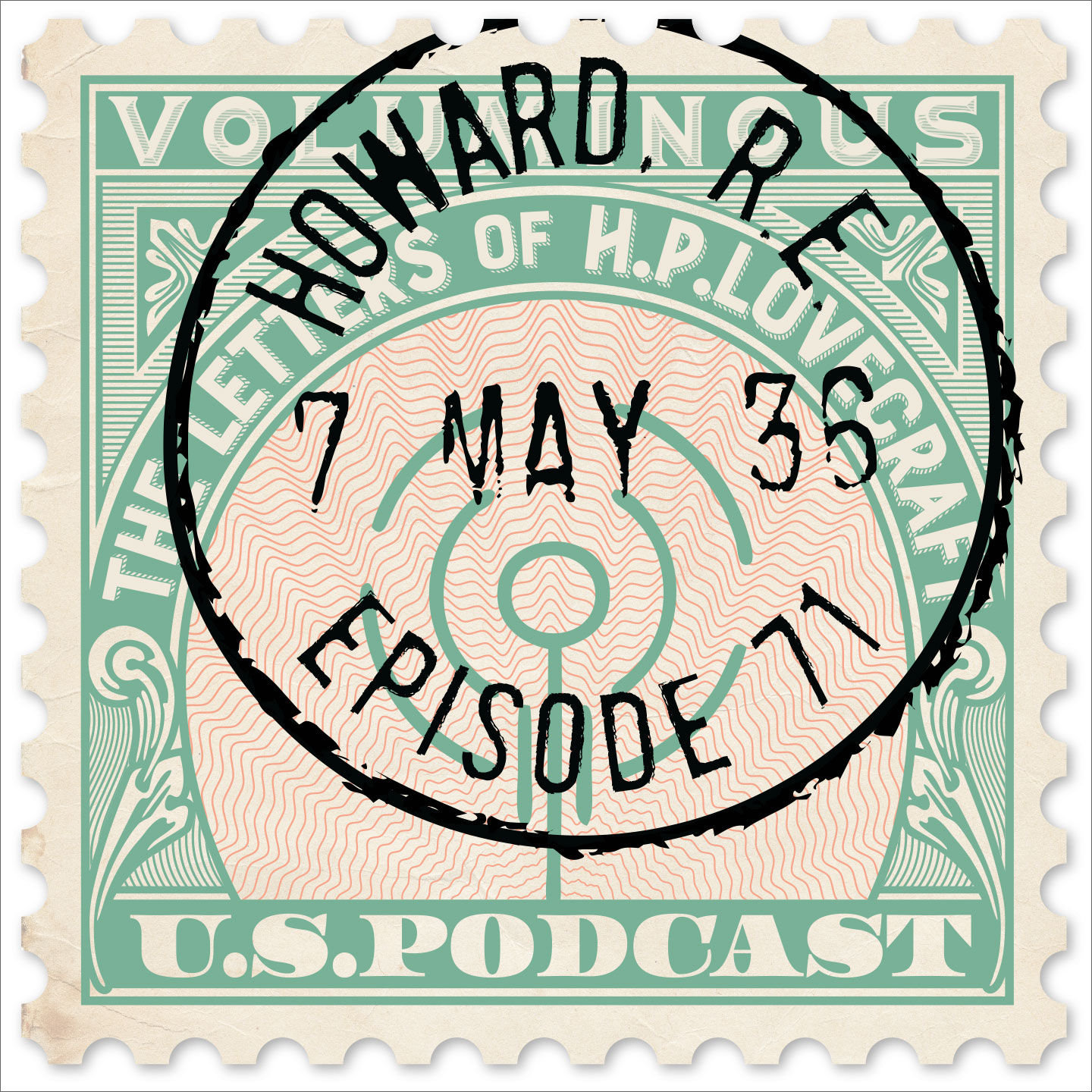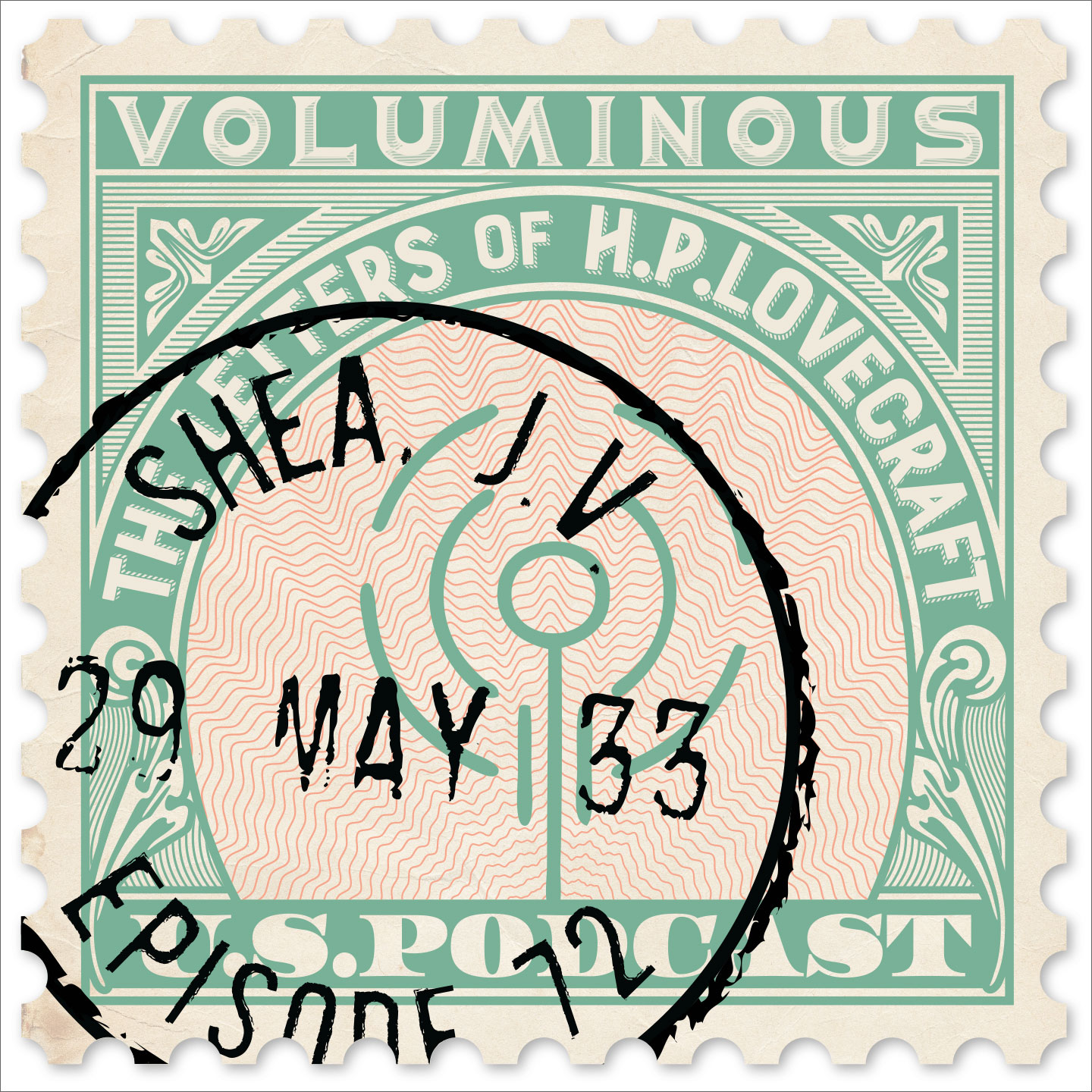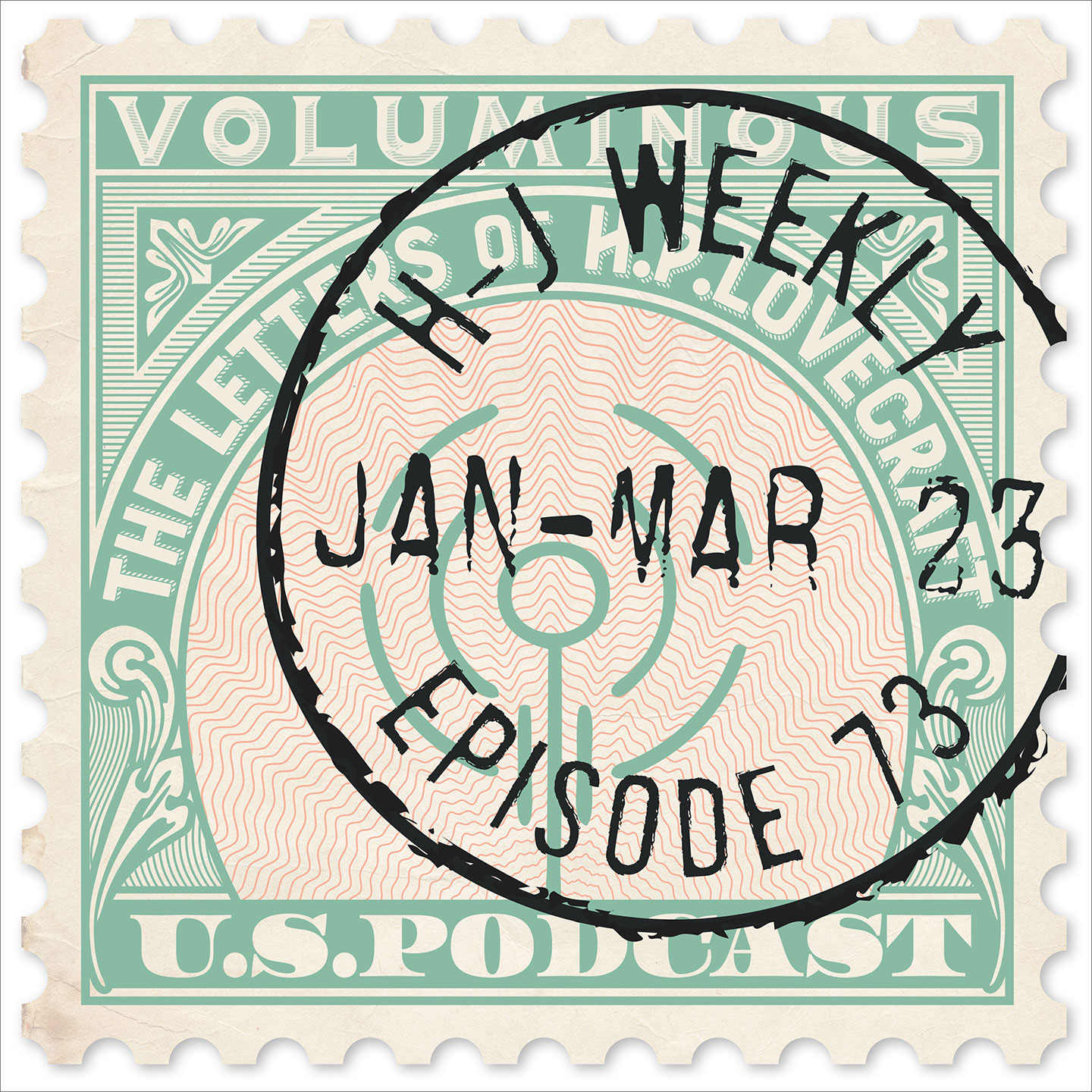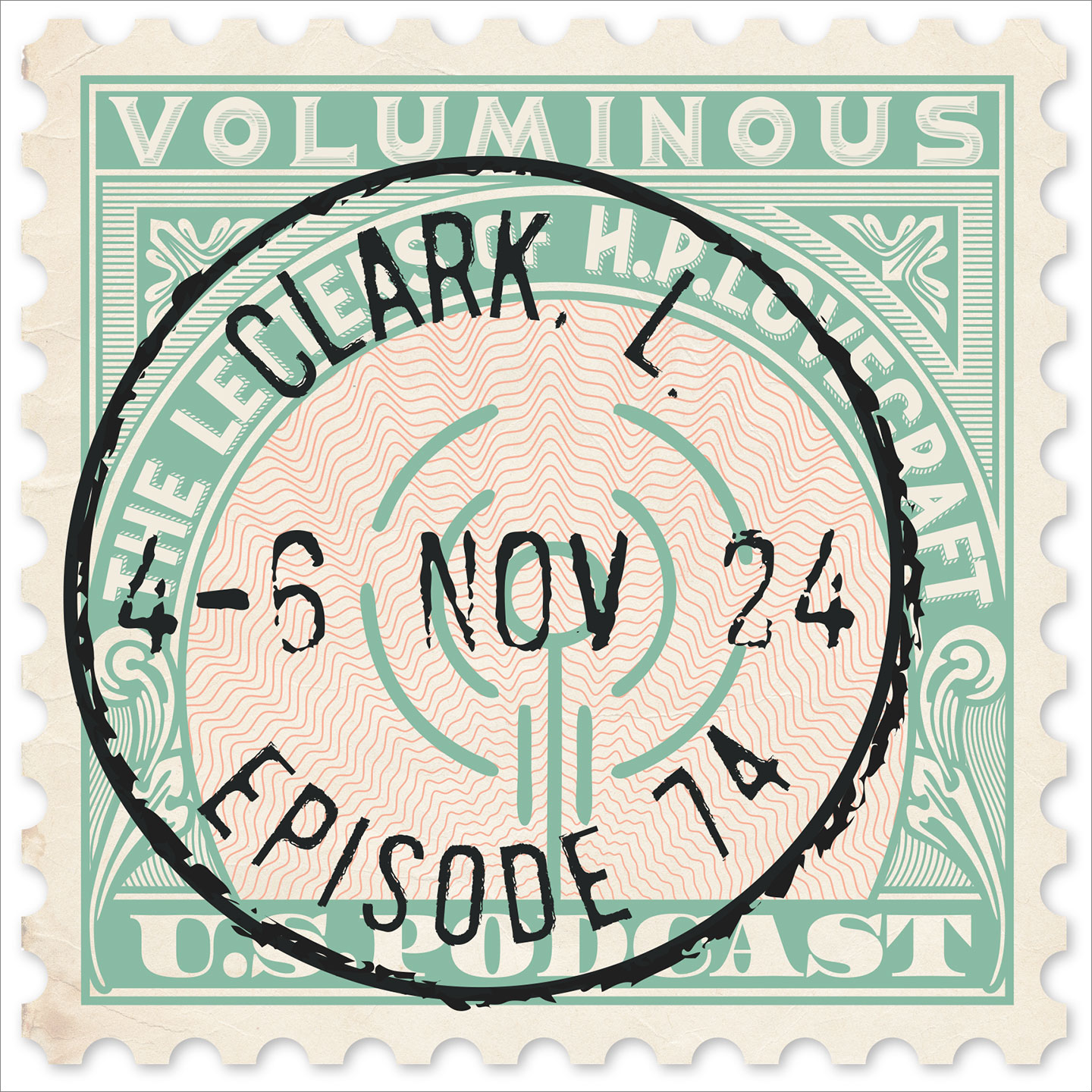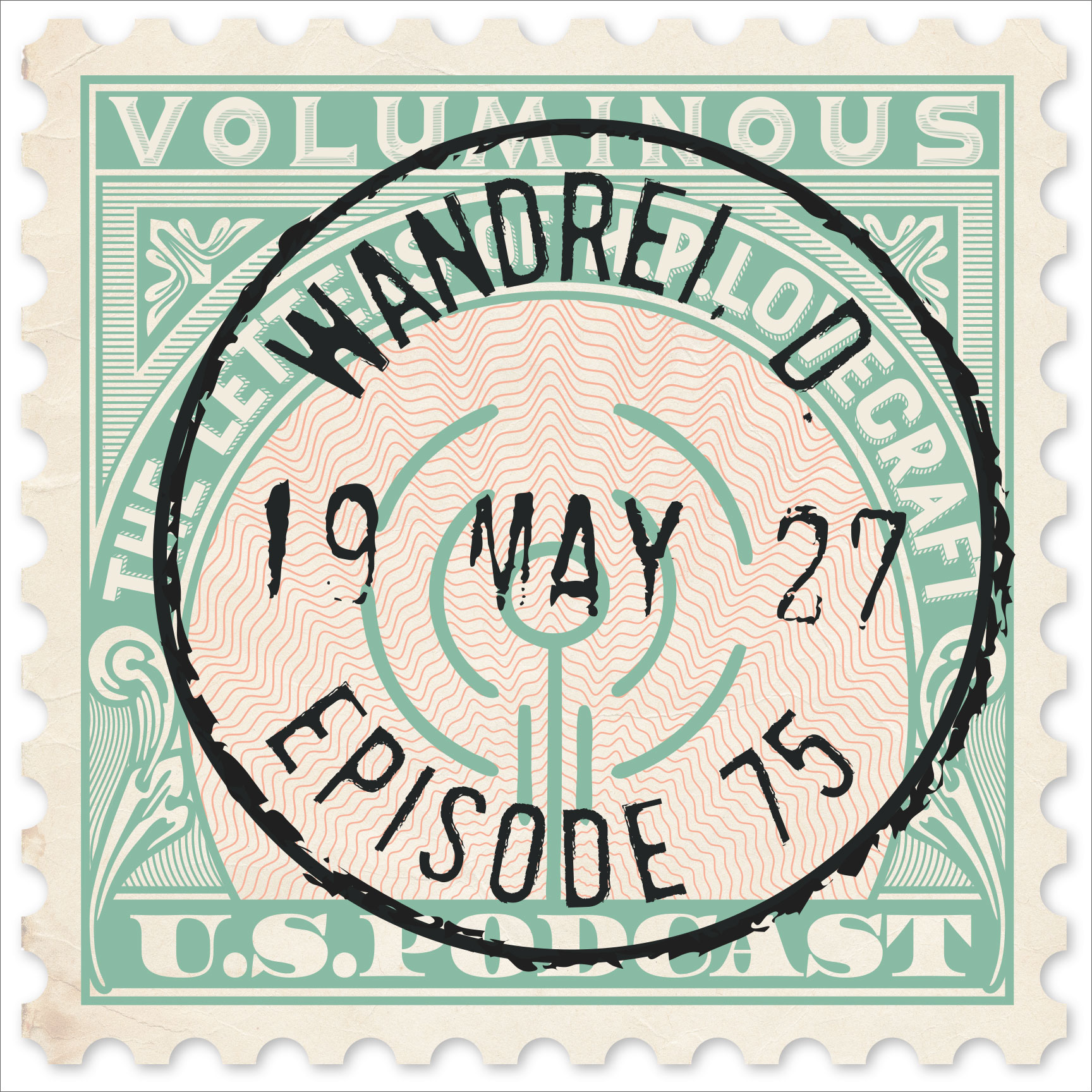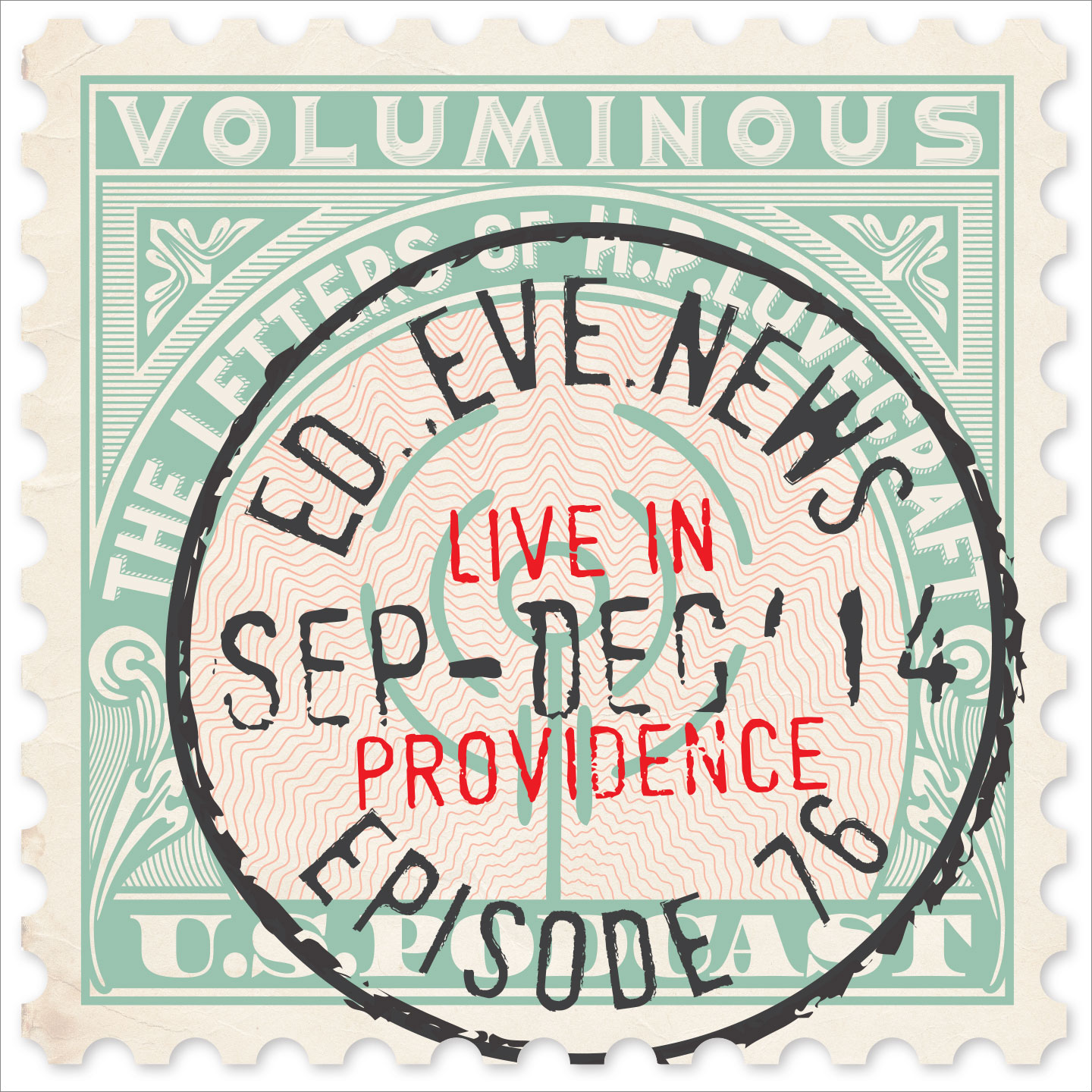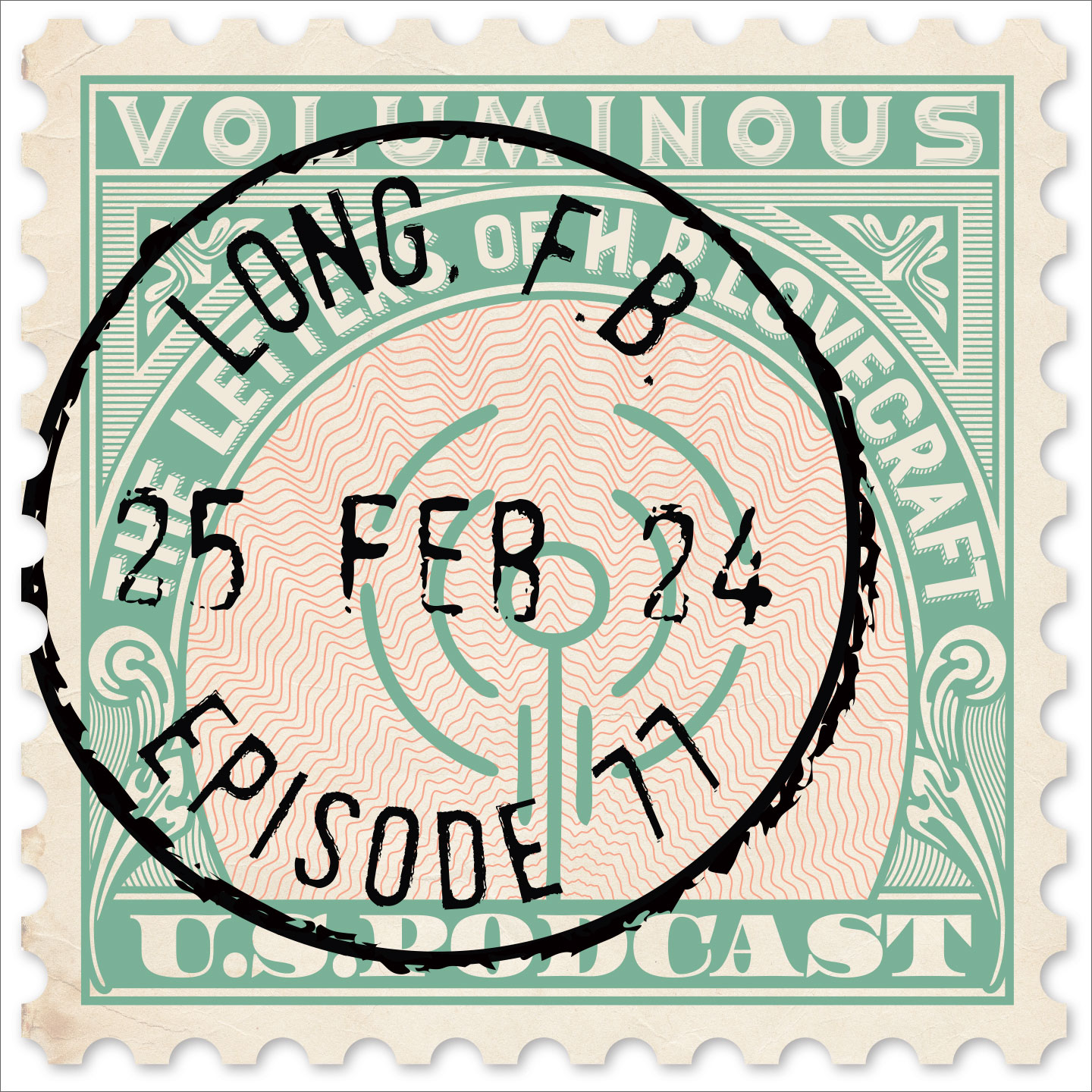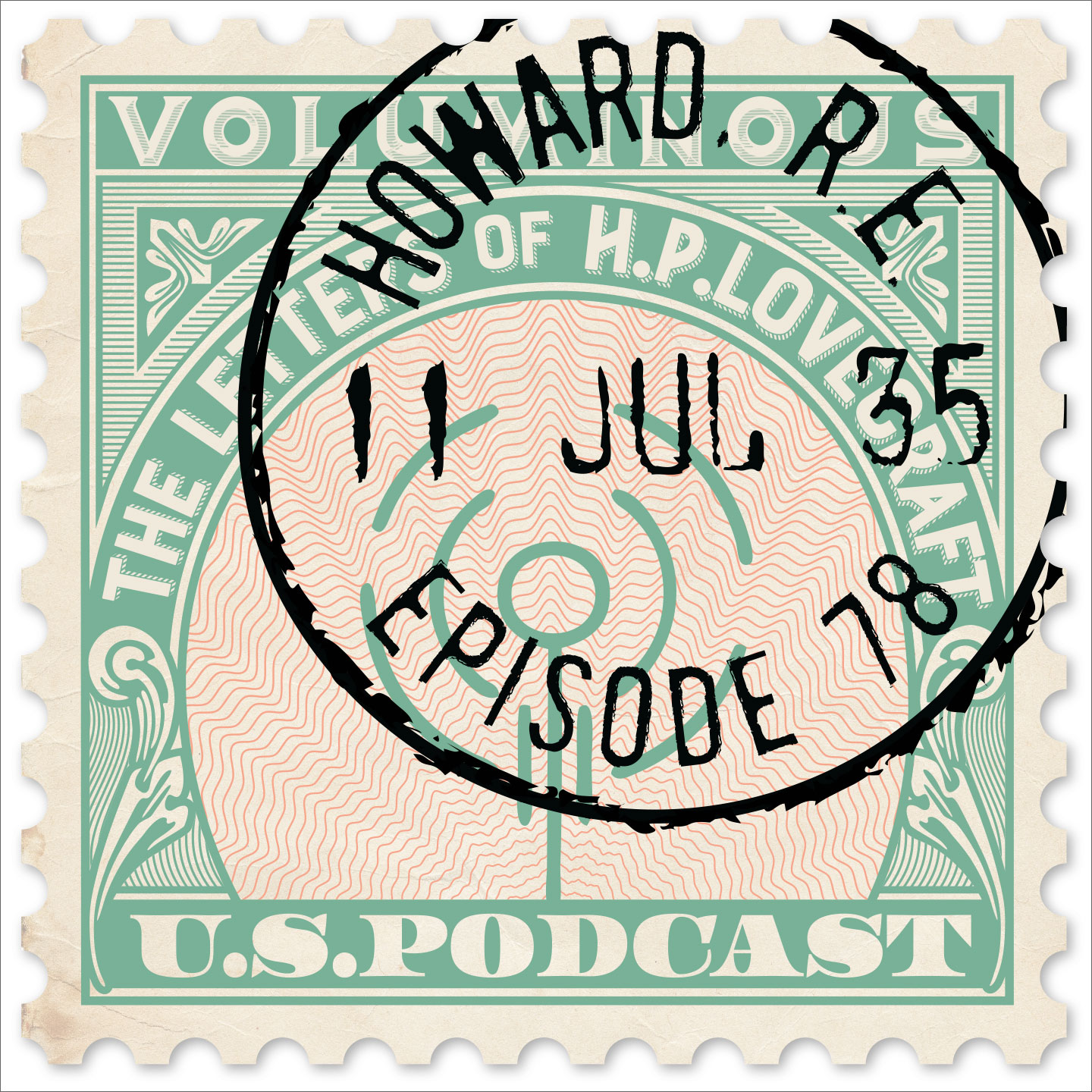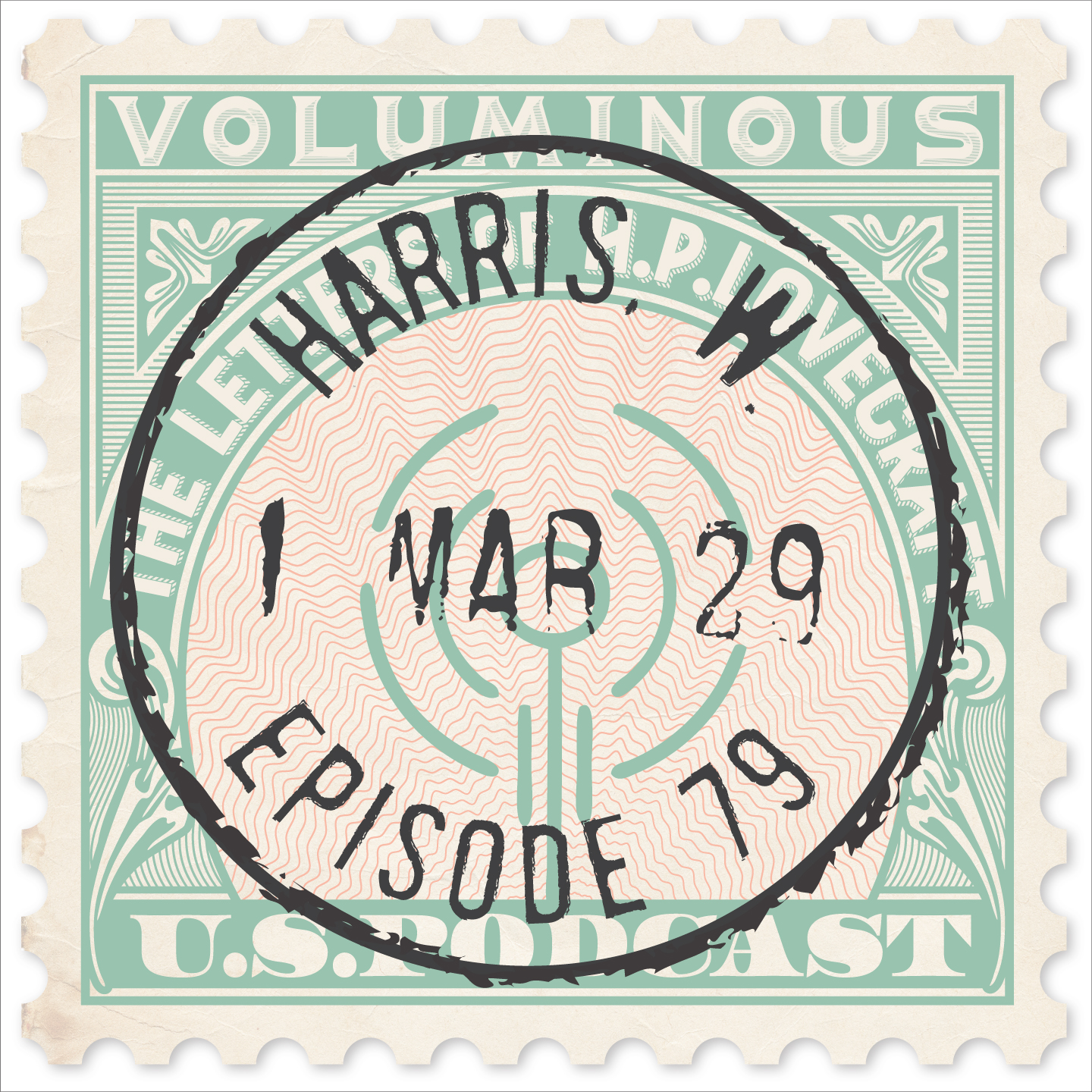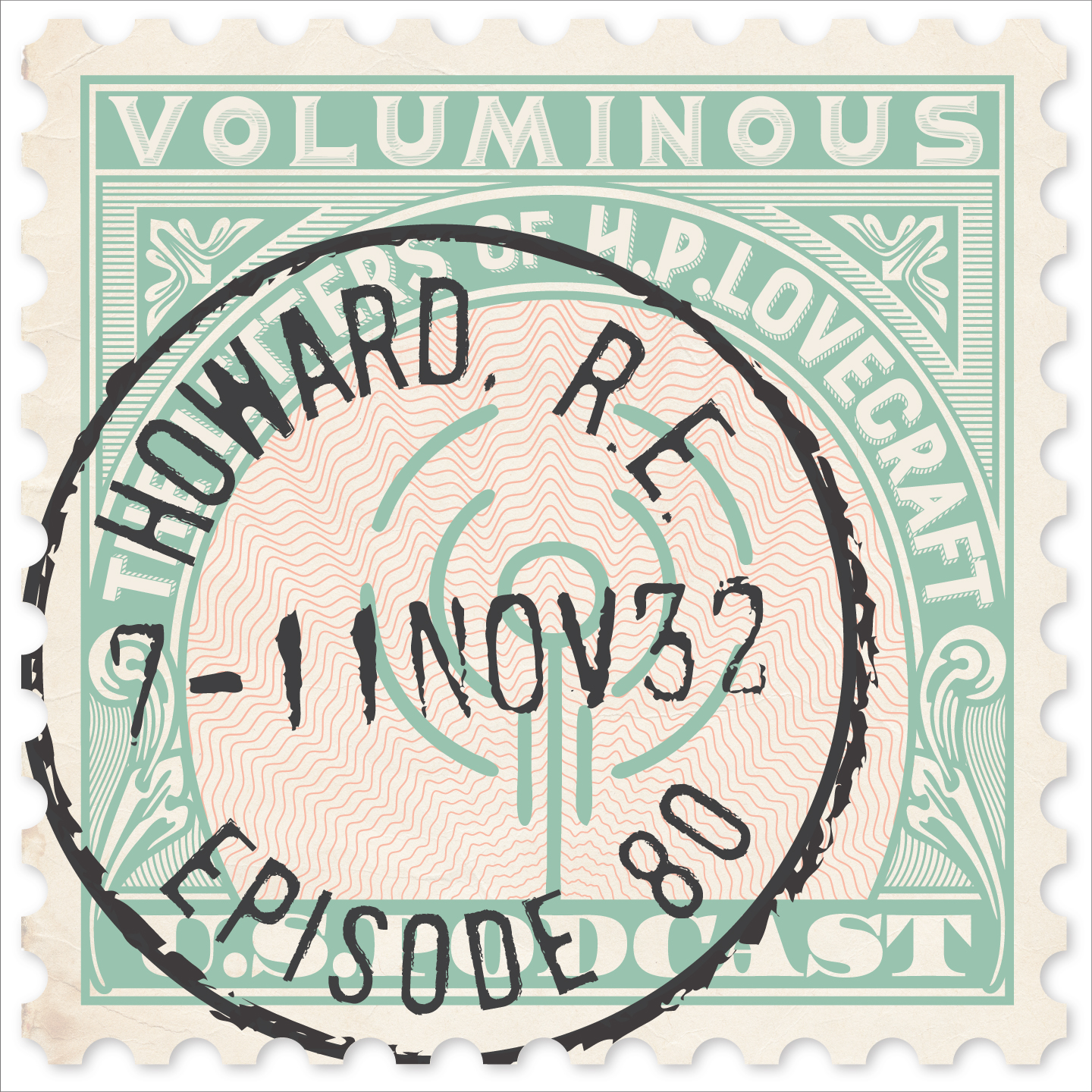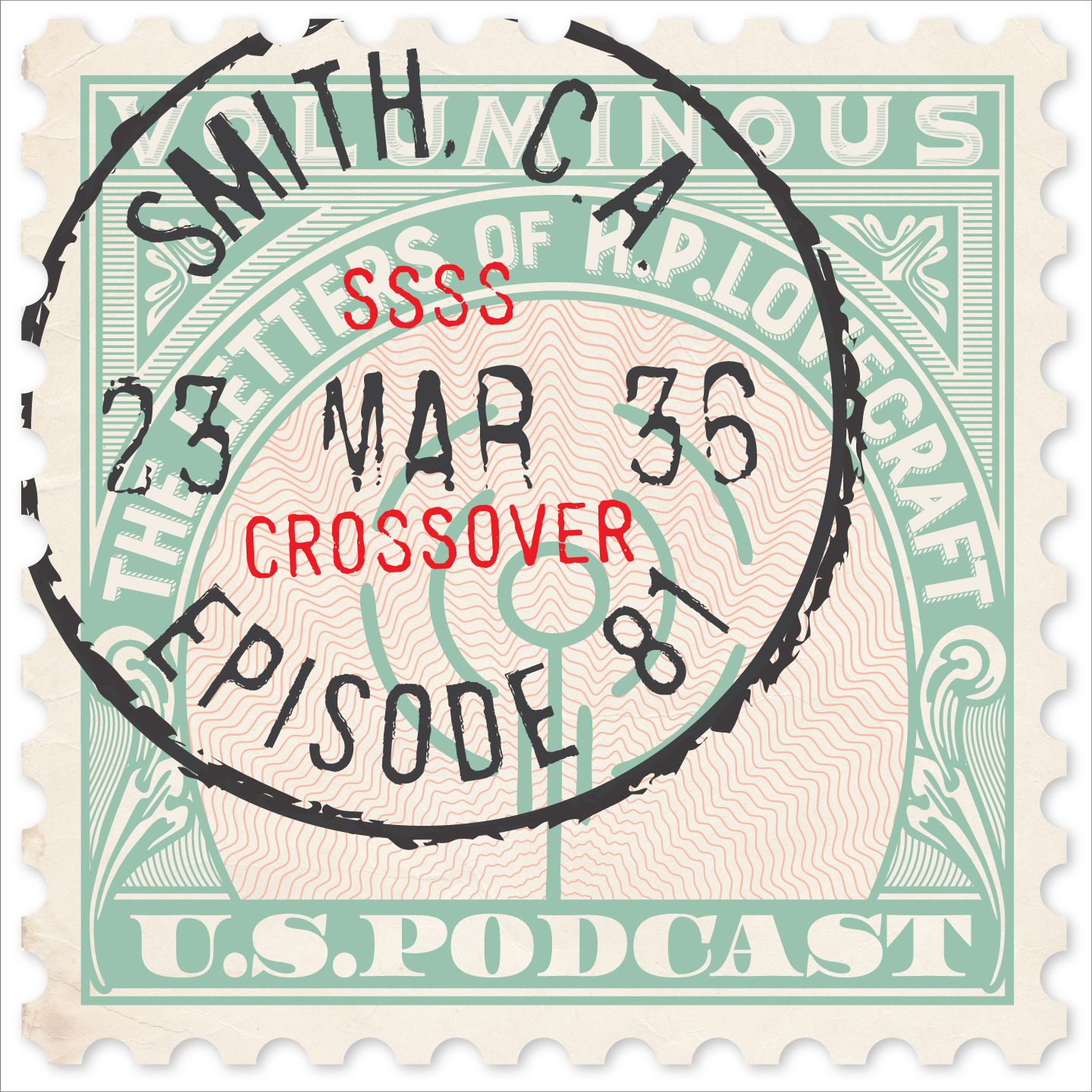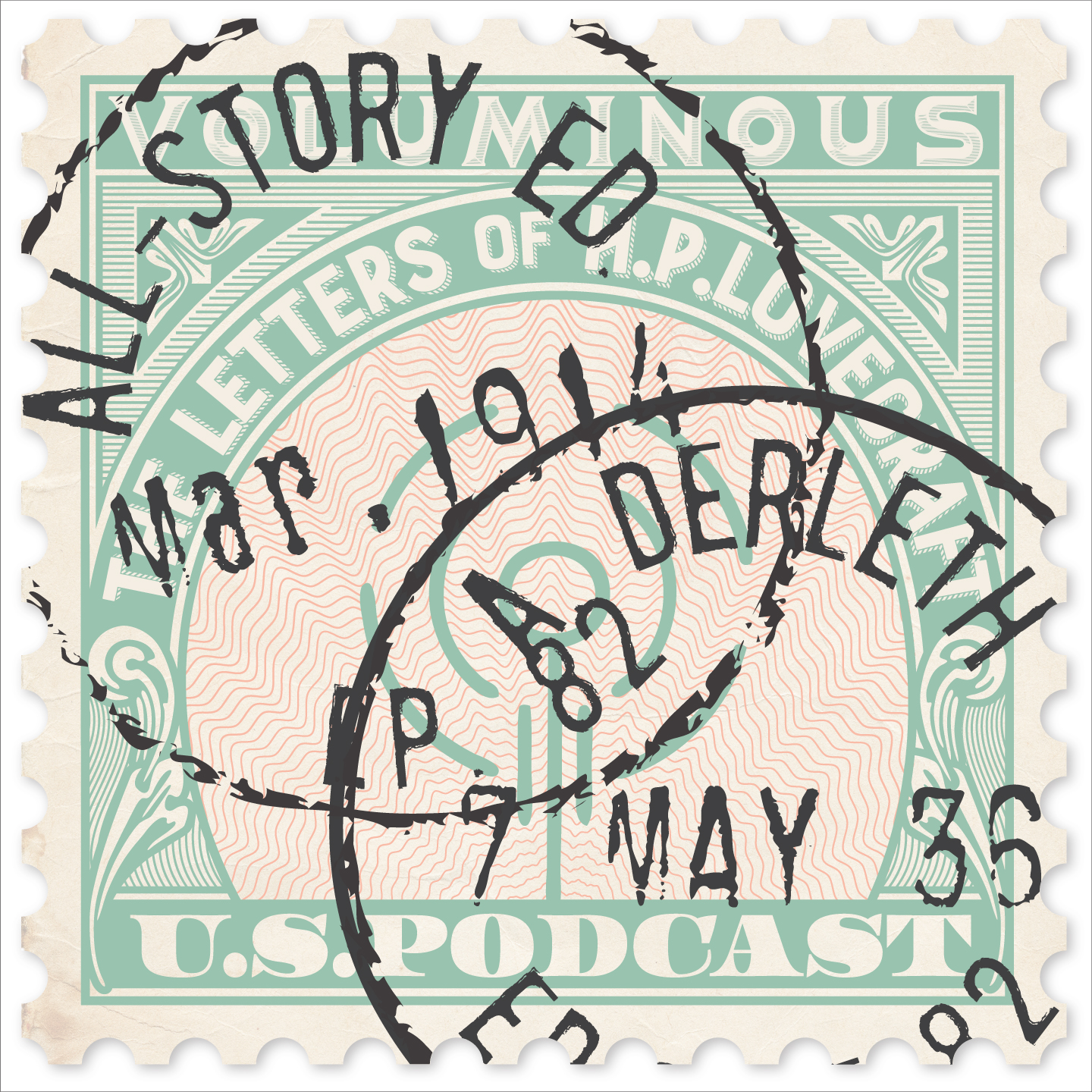
In addition to his classics of horror fiction, it is estimated that Lovecraft wrote 100,000 letters — or roughly 15 every day of his adult life — ranging from one-page diaries to seventy-page diatribes. Perhaps 20,000 of those letters have survived, in the hands of private collectors and at the John Hay Library in Providence.
In each episode of this podcast, we'll read one of these letters (or part of it) and then discuss it. In his letters HPL reveals an amazing breadth of knowledge of philosophy, science, history, literature, art and many other subjects, and forcefully asserts some highly considered opinions (some of which can be upsetting).
And of course his letters offer a fascinating window into his personal life and times. Although we've been working with Lovecraftian material for over 30 years, we still find interesting new things in his letters, and while we don't claim to be experts we look forward to sharing them with a wider audience.
Subscribe via iTunes, Stitcher or wherever you get podcasts! Or listen right here!
RSS Feed- Episode 39
- Posted July 19, 2020
The YMCA
In which HPL writes to his friend Maurice Moe and questions the truth (or lack thereof) in religion, and defends the idea that a person can be moral without being religious. Lovecraft gives a spirited argument to his friend while leaving plenty of room for them to agree to disagree.
Music by Troy Sterling Nies. Our thanks to Hippocampus Press for their book Letters to Maurice W. Moe and Others.
Above is a 1904 cylinder phonograph recording of Enrico Caruso, one of the most famous singers in the world when Lovecraft was a boy, and a 1909 phonograph recording of John McCormack, another famous tenor who inspired young HPL.
HPL mentions a couple of magazines in this letter. The Outlook was a weekly magazine published in New York from 1893 to 1928. It started life in 1870 as The Christian Union, but changed its title when it shifted focus to social and political issues. There was a British magazine with the same title at the same time. The Truth Seeker was a prominent freethought journal founded in 1873, which is still being published and is headquartered in San Diego.
HPL quotes the popular newspaper character Mr. Dooley, created by Finley Peter Dunne. You can read more of Mr. Dooley's pithy sayings in Mr. Dooley Says.
The Bible verse that HPL cites at the end of the letter is "And as he thus spake for himself, Festus said with a loud voice, Paul, thou art beside thyself; much learning doth make thee mad."
